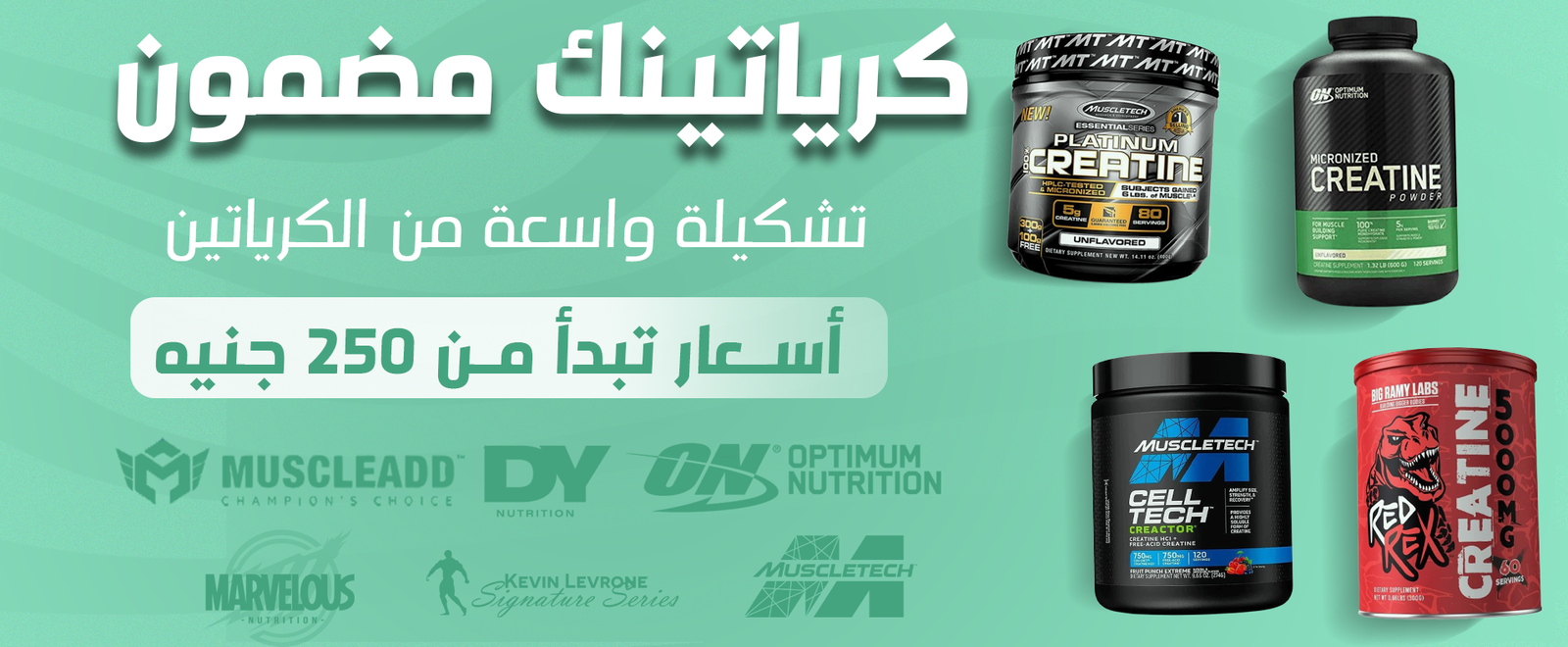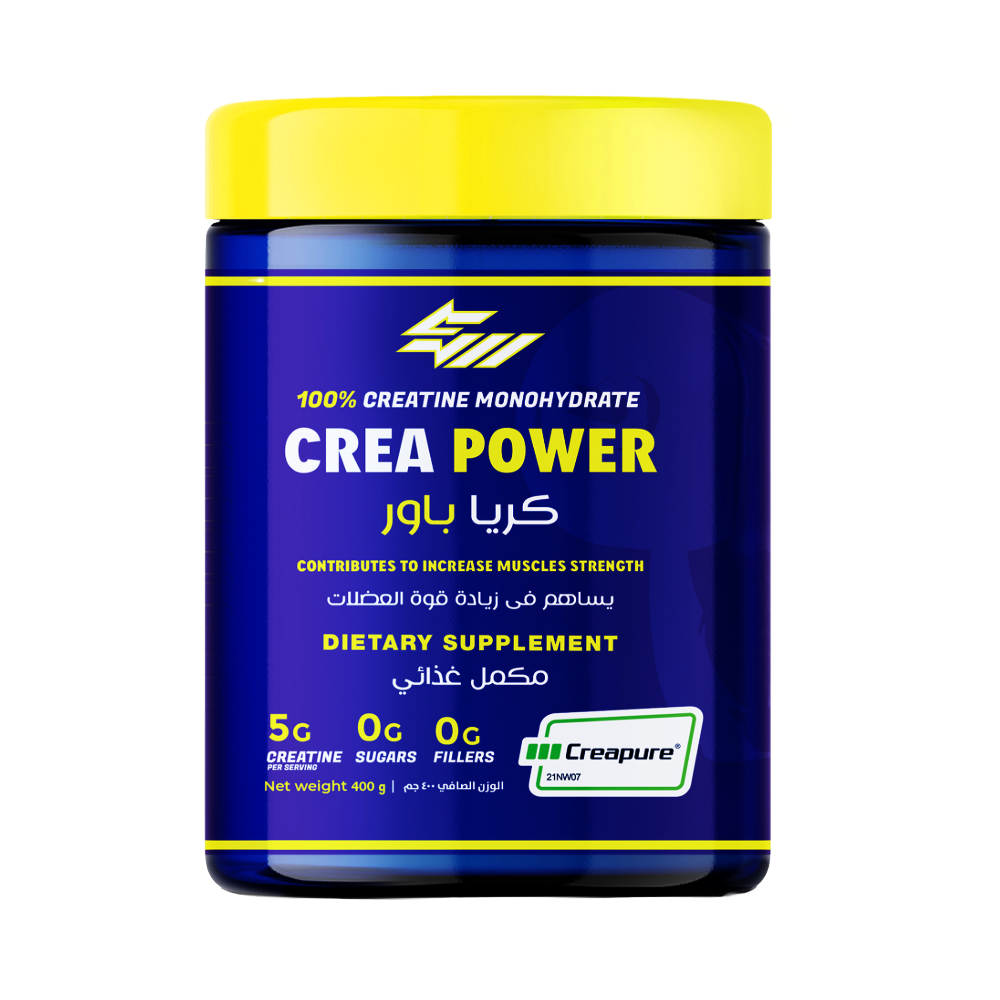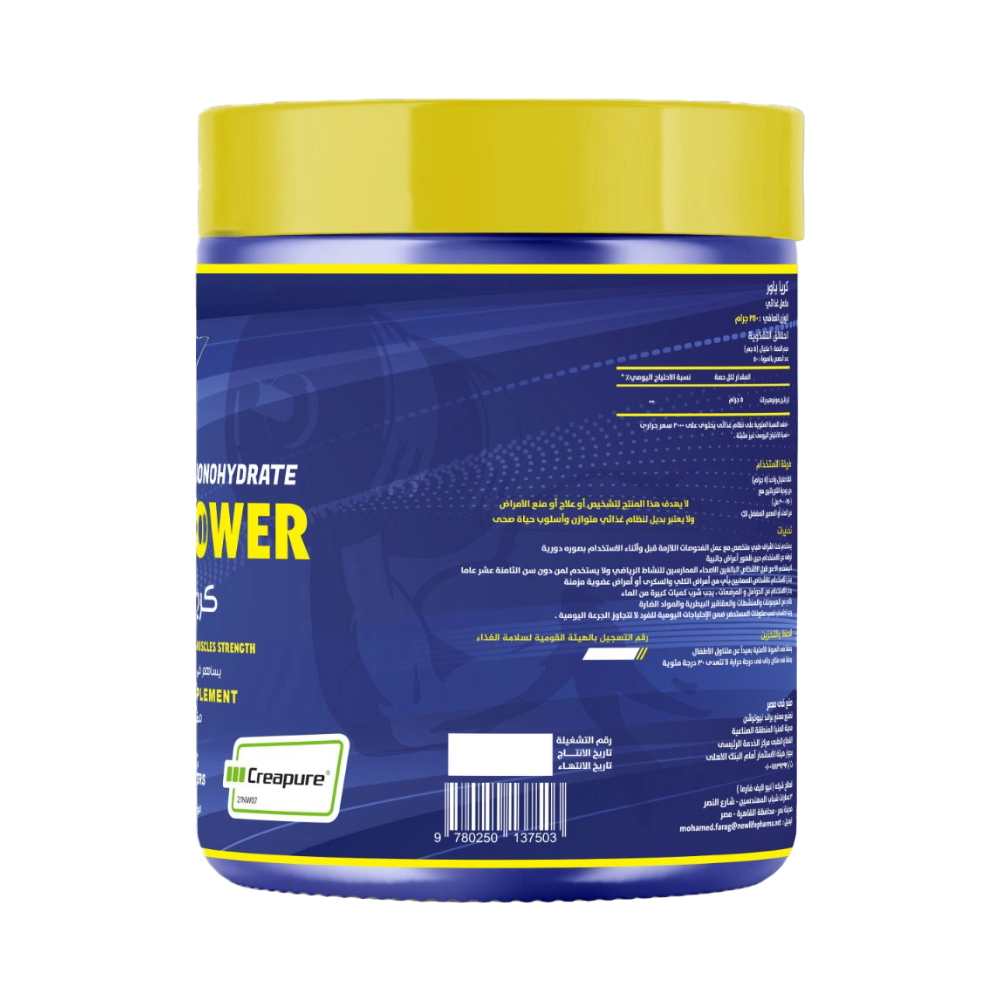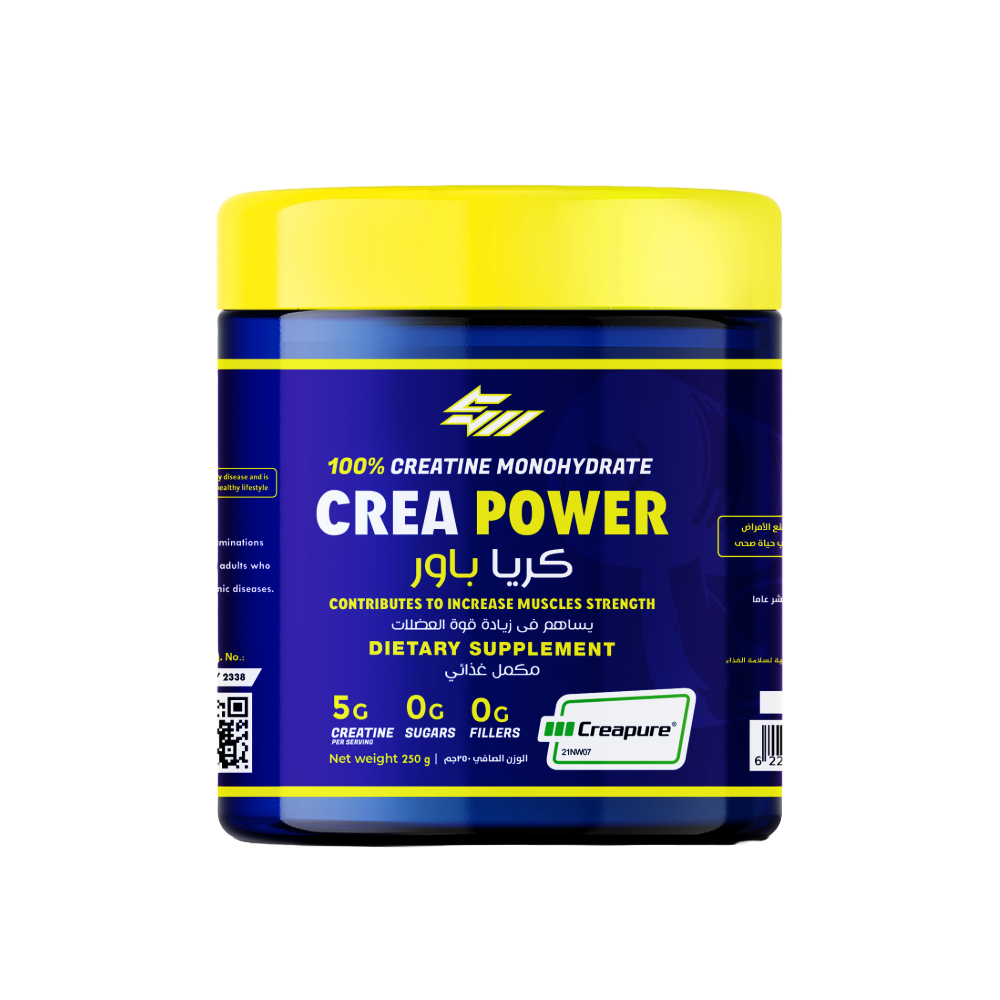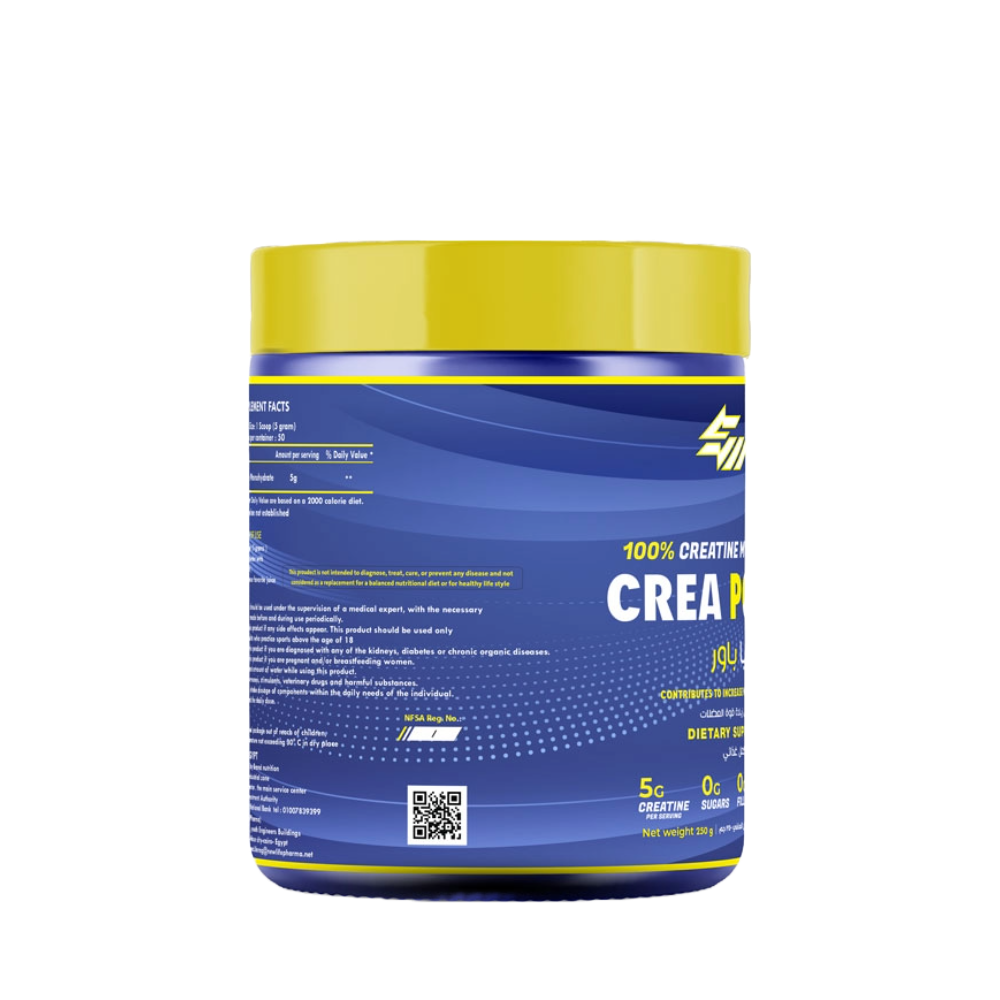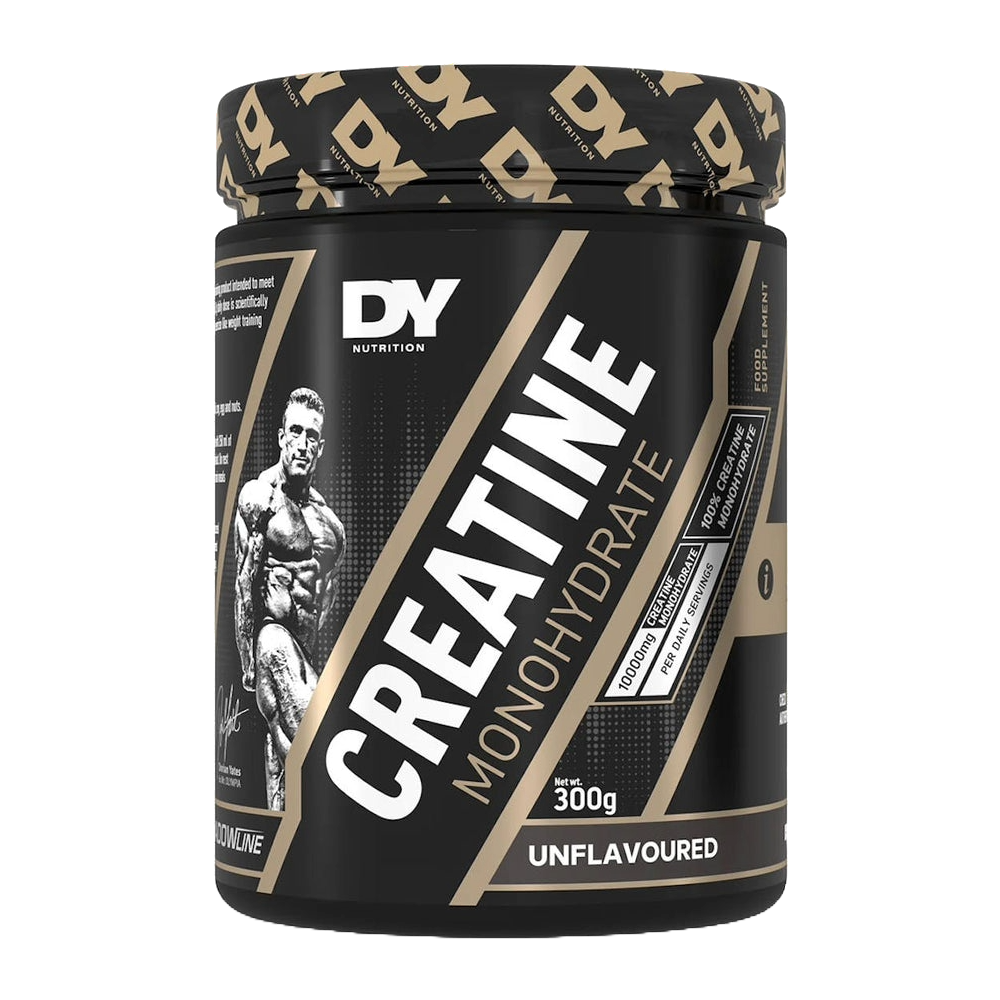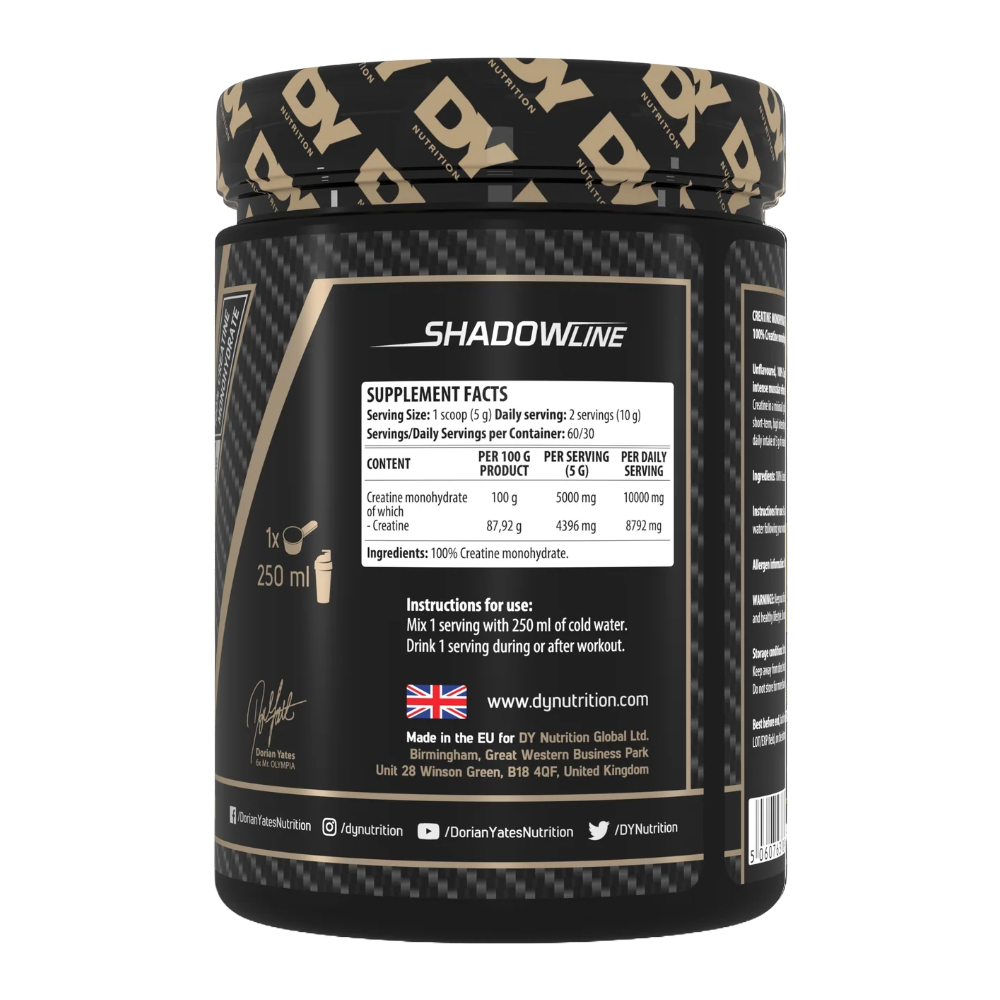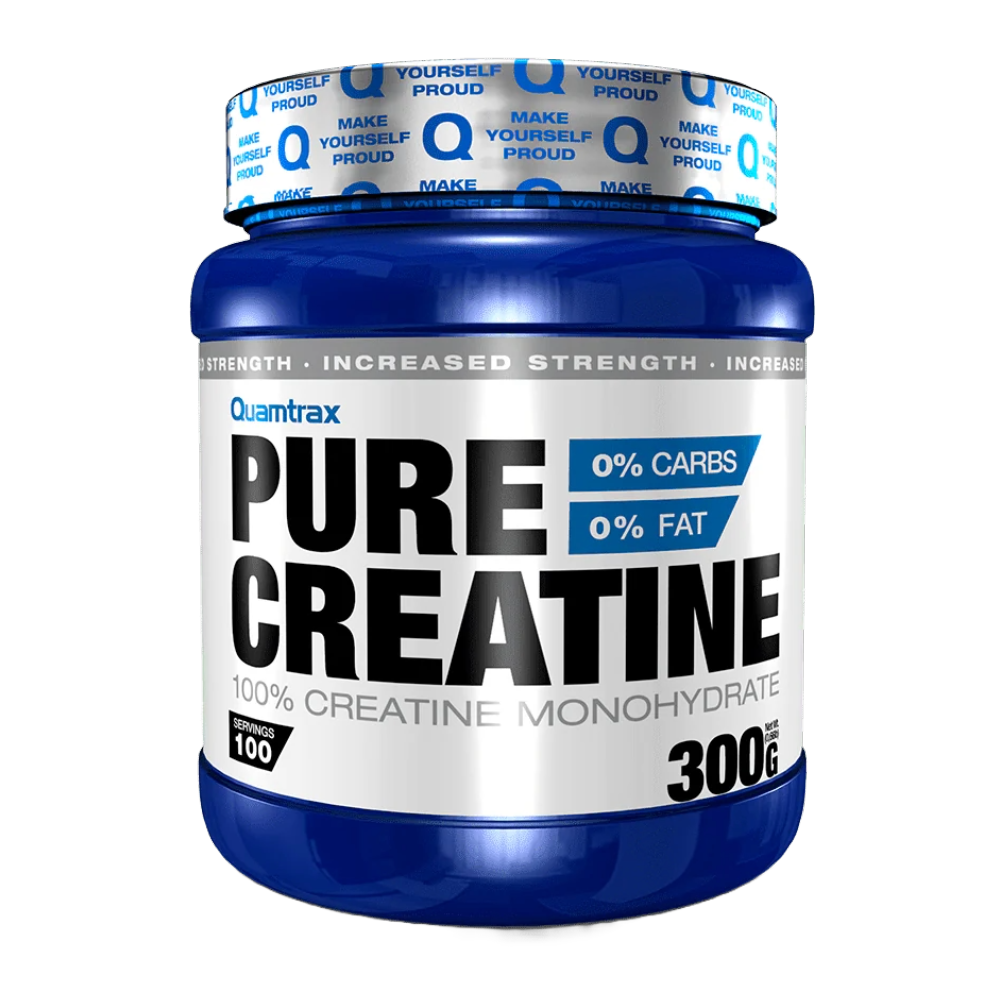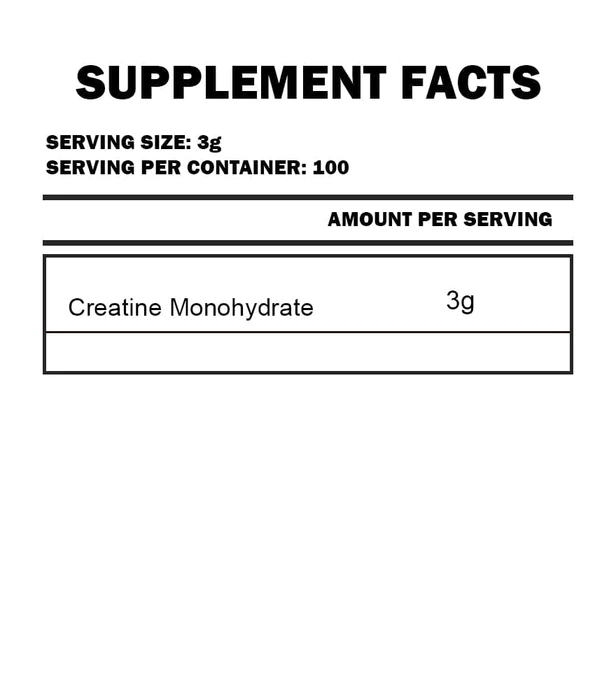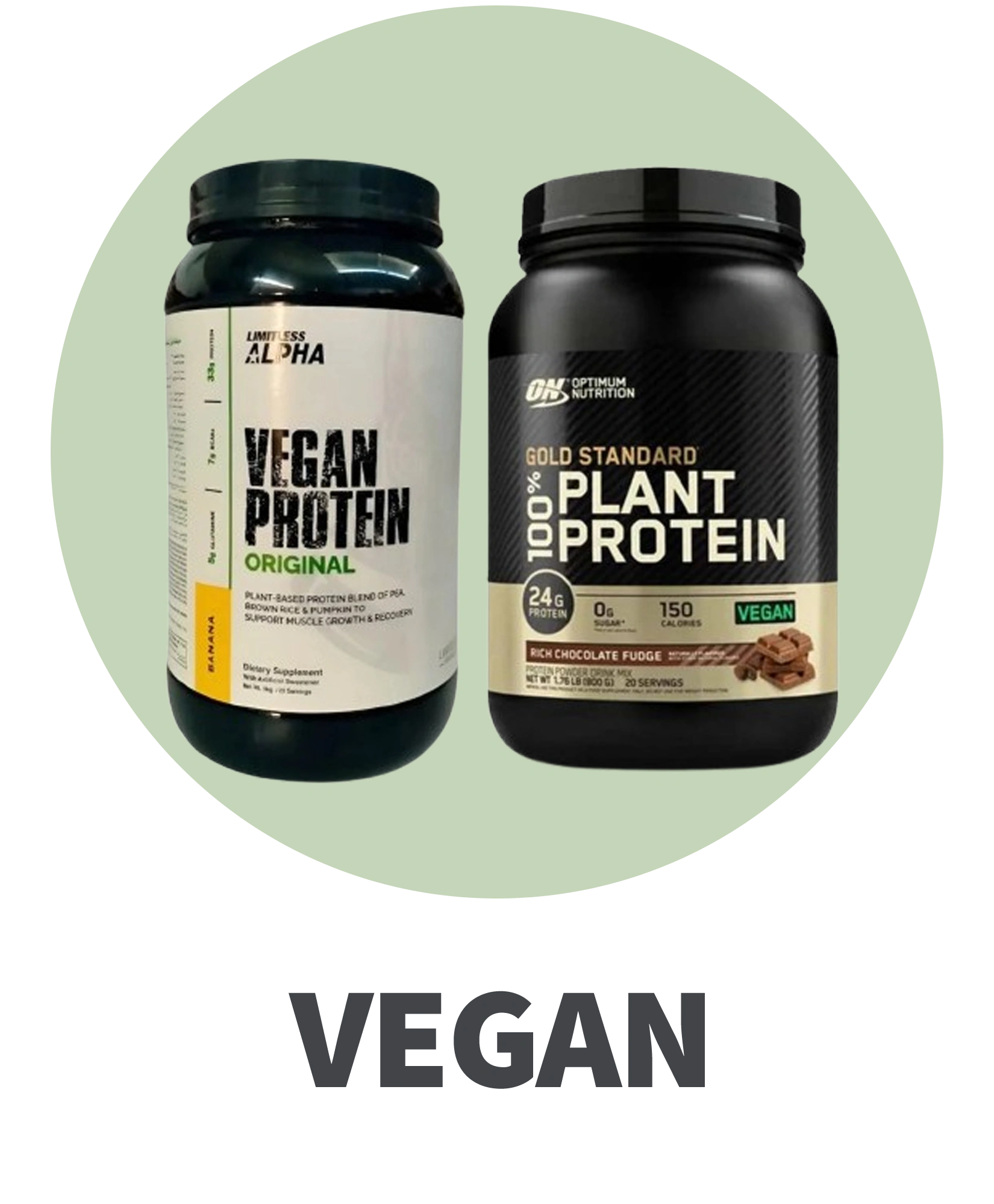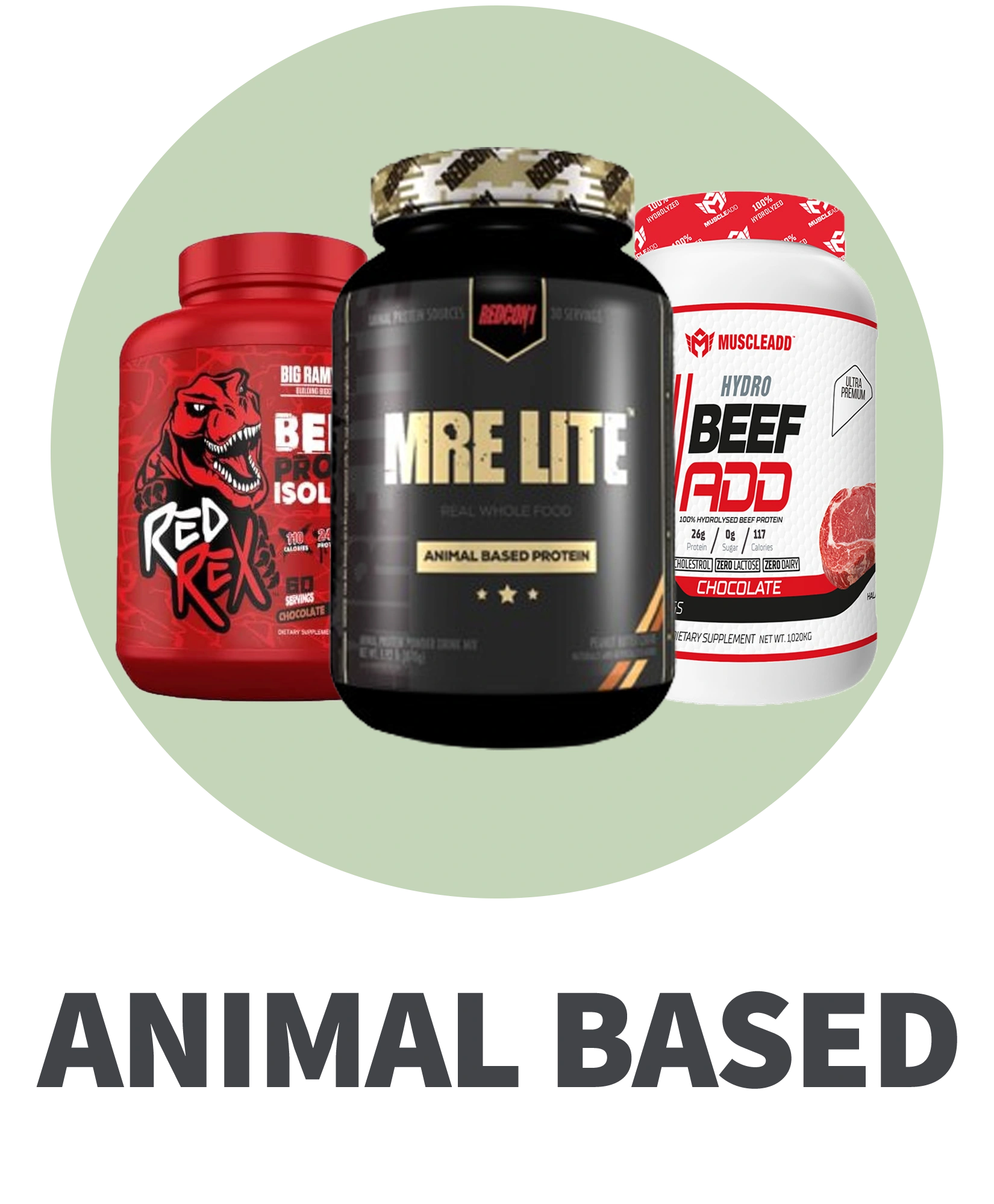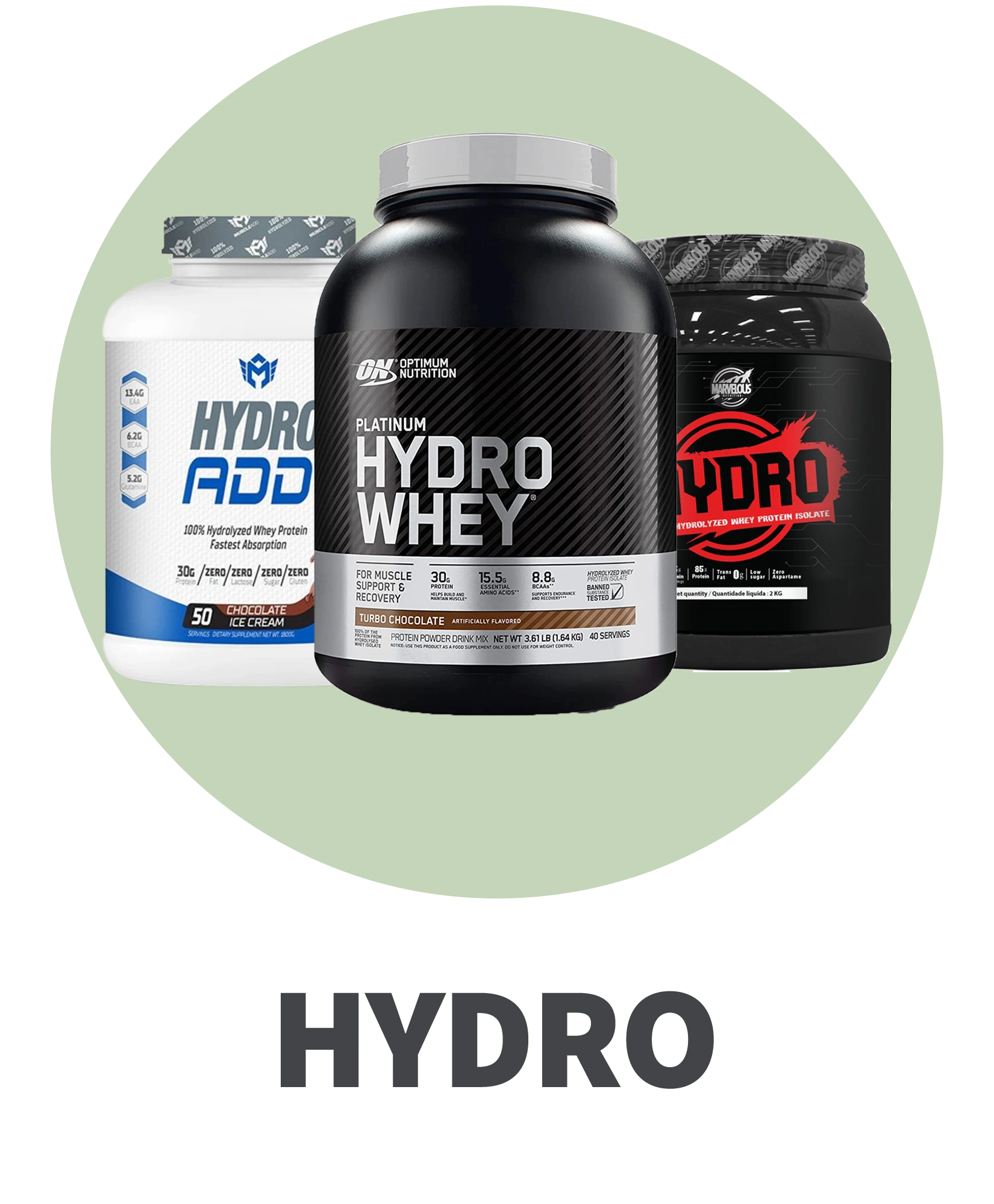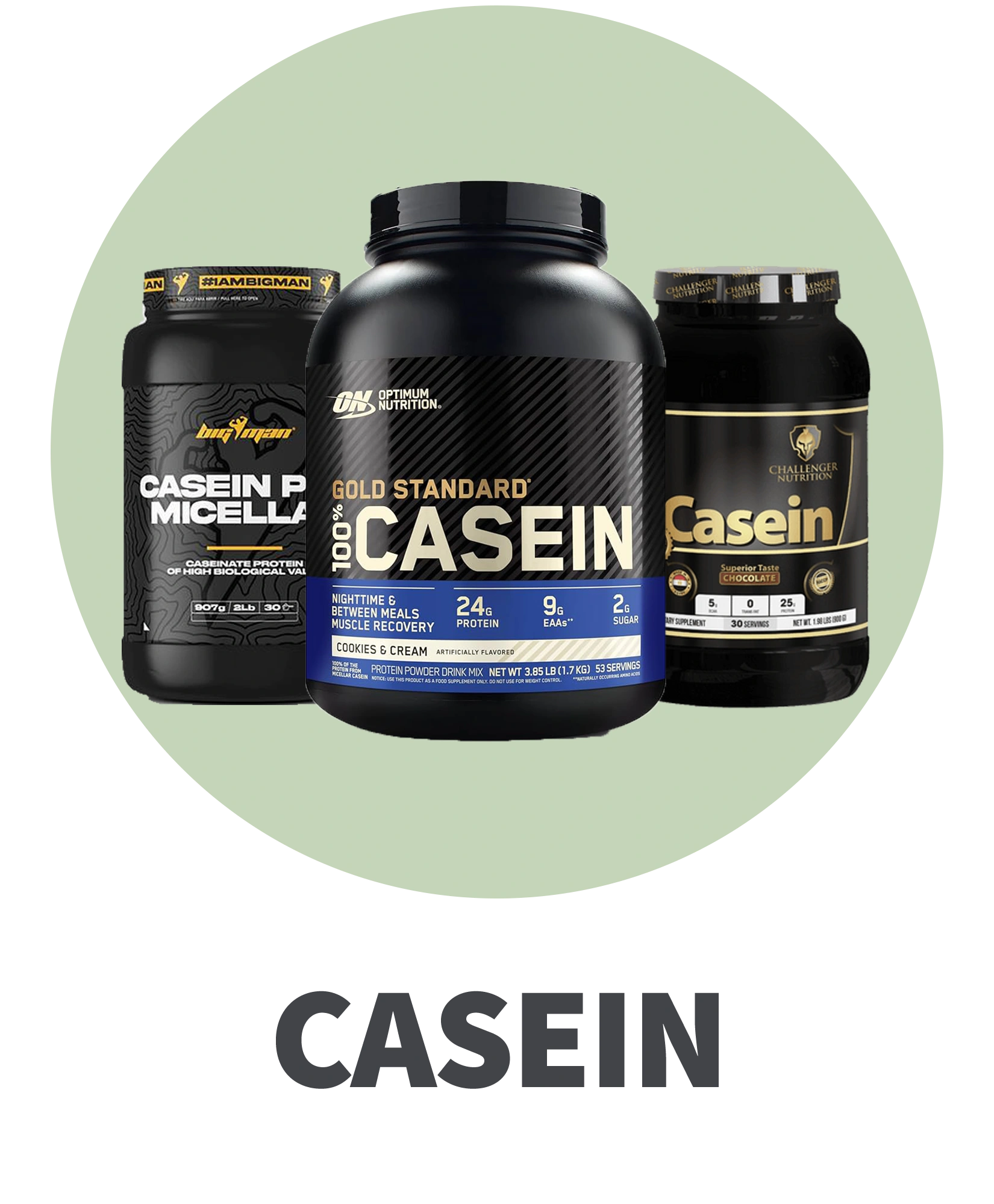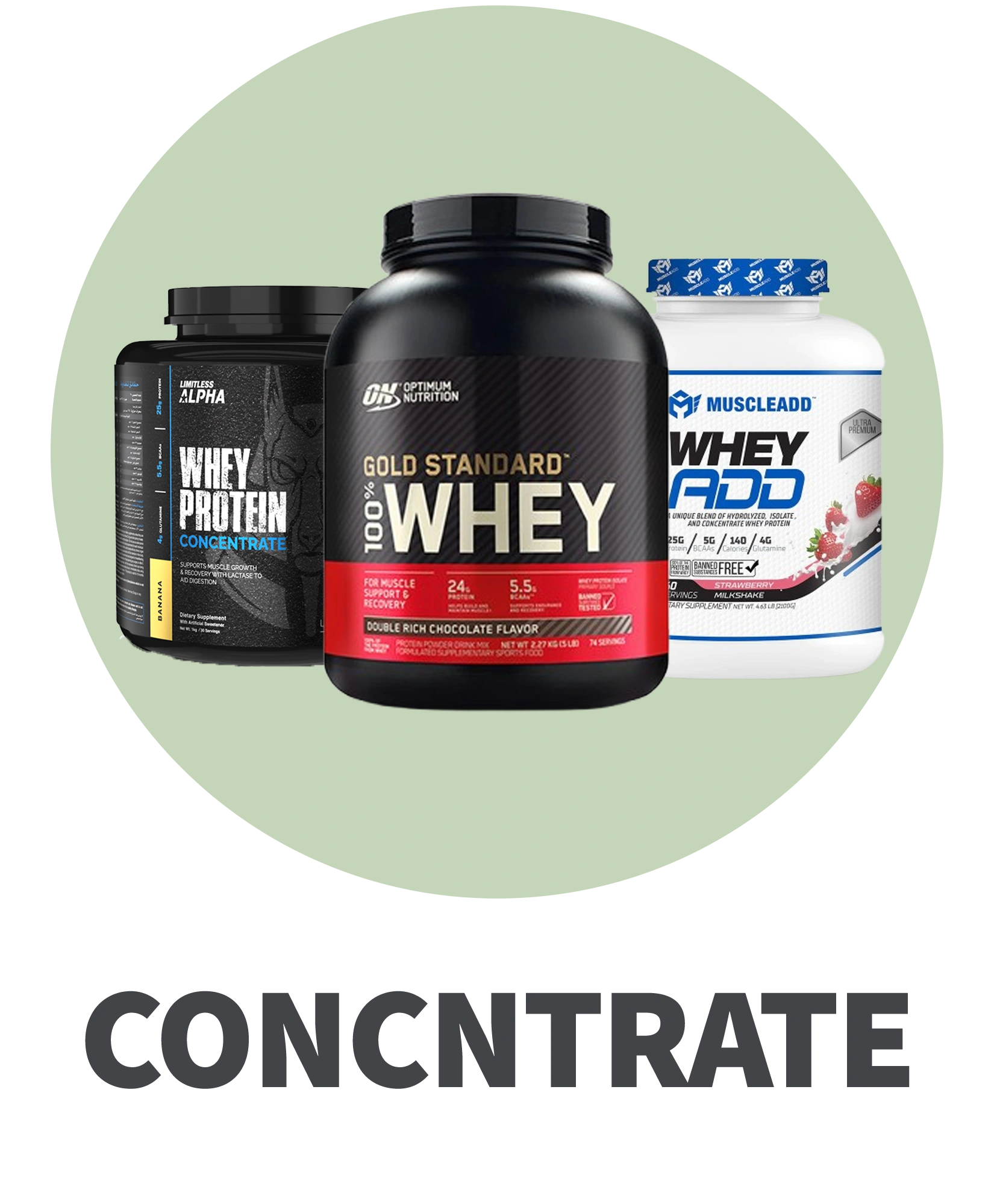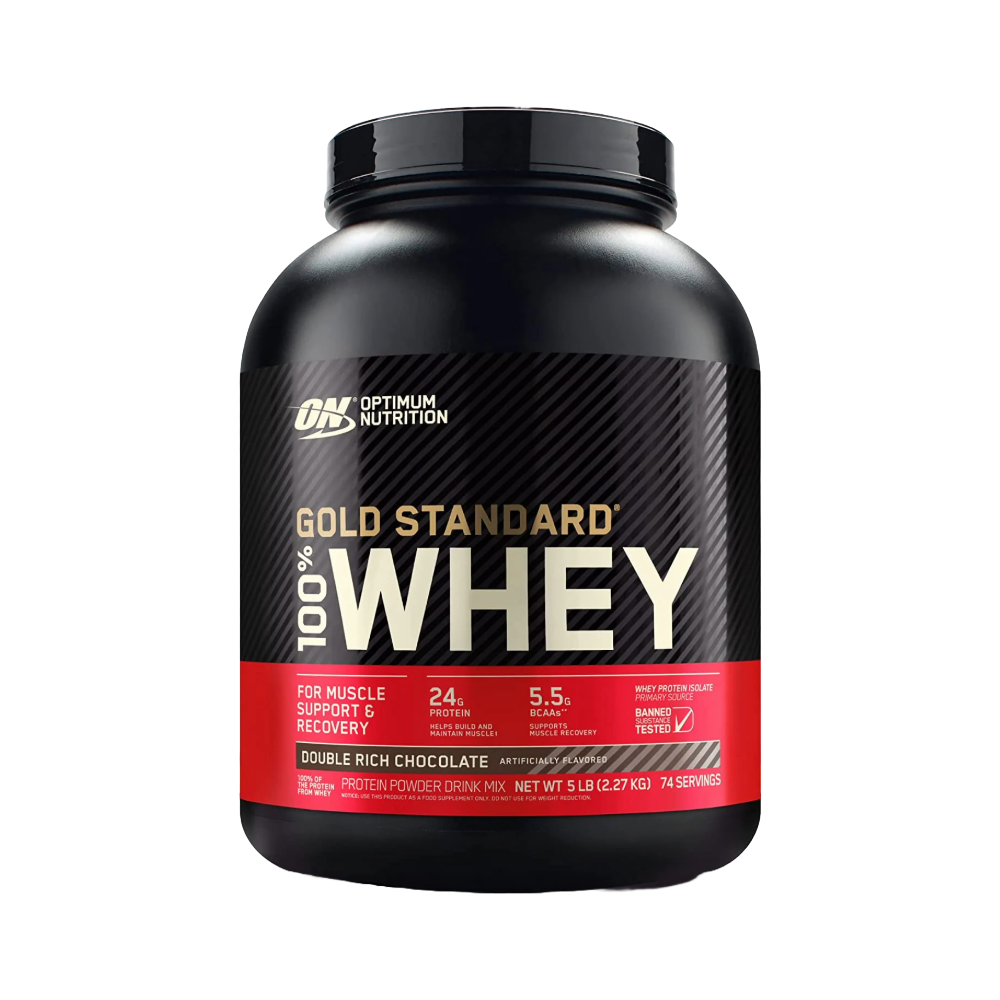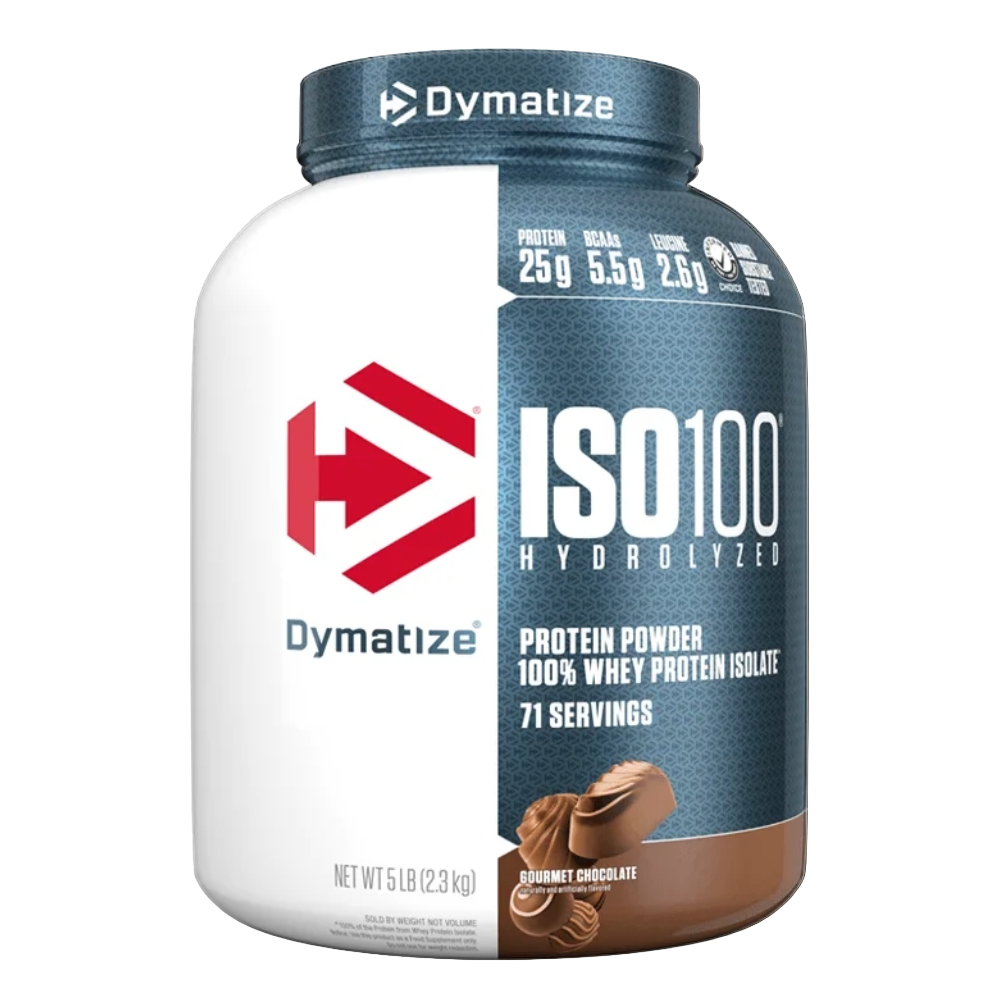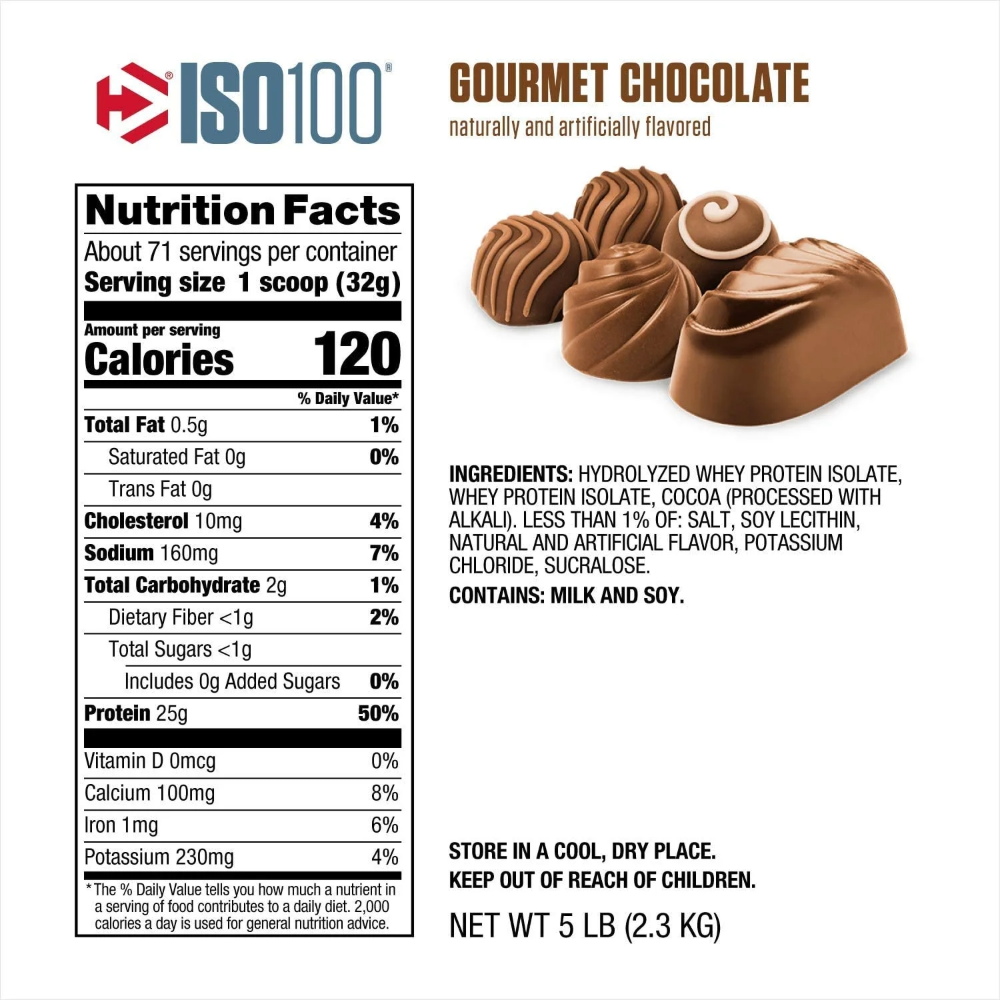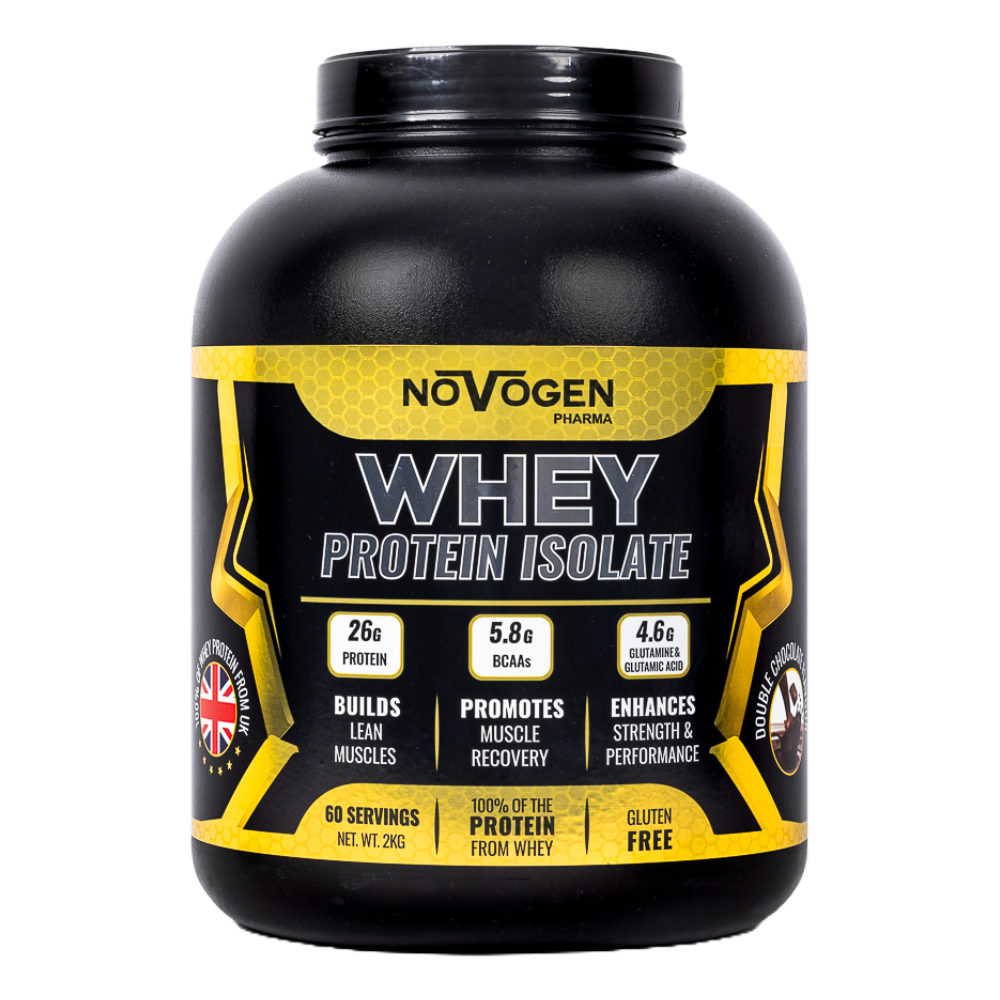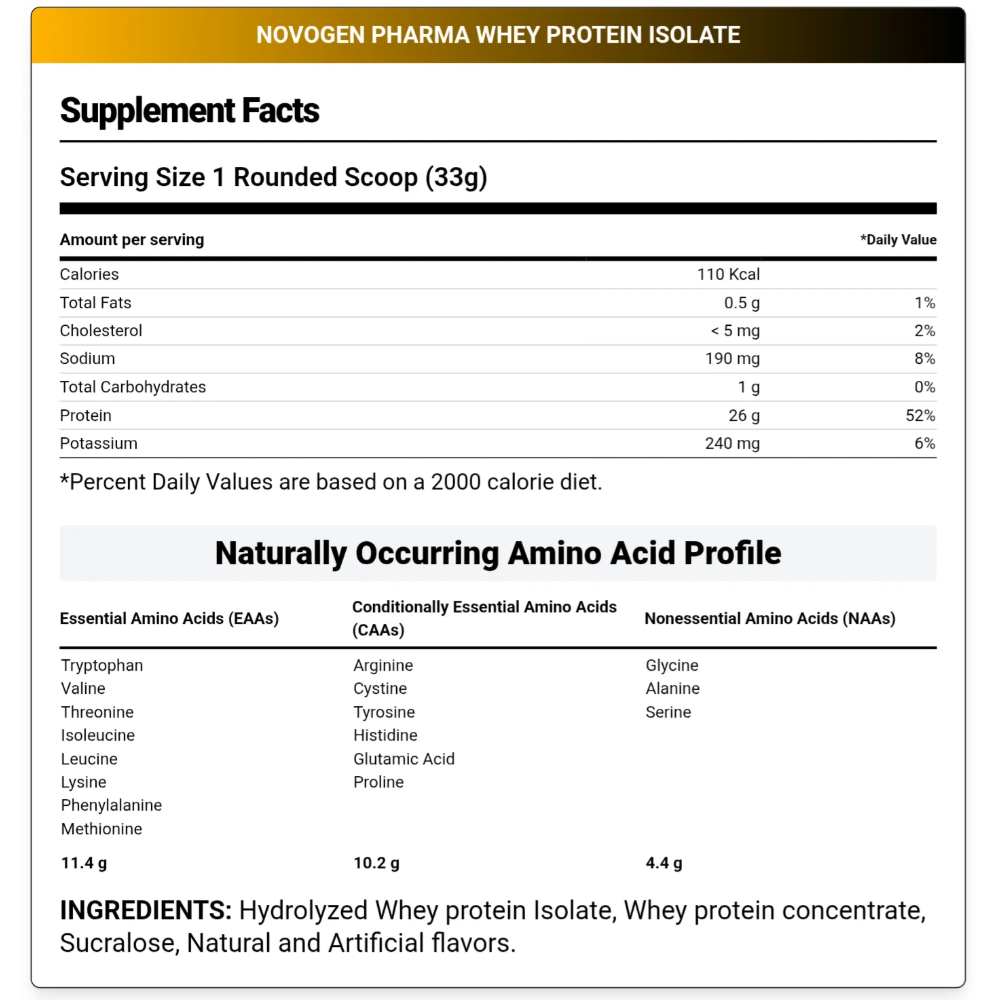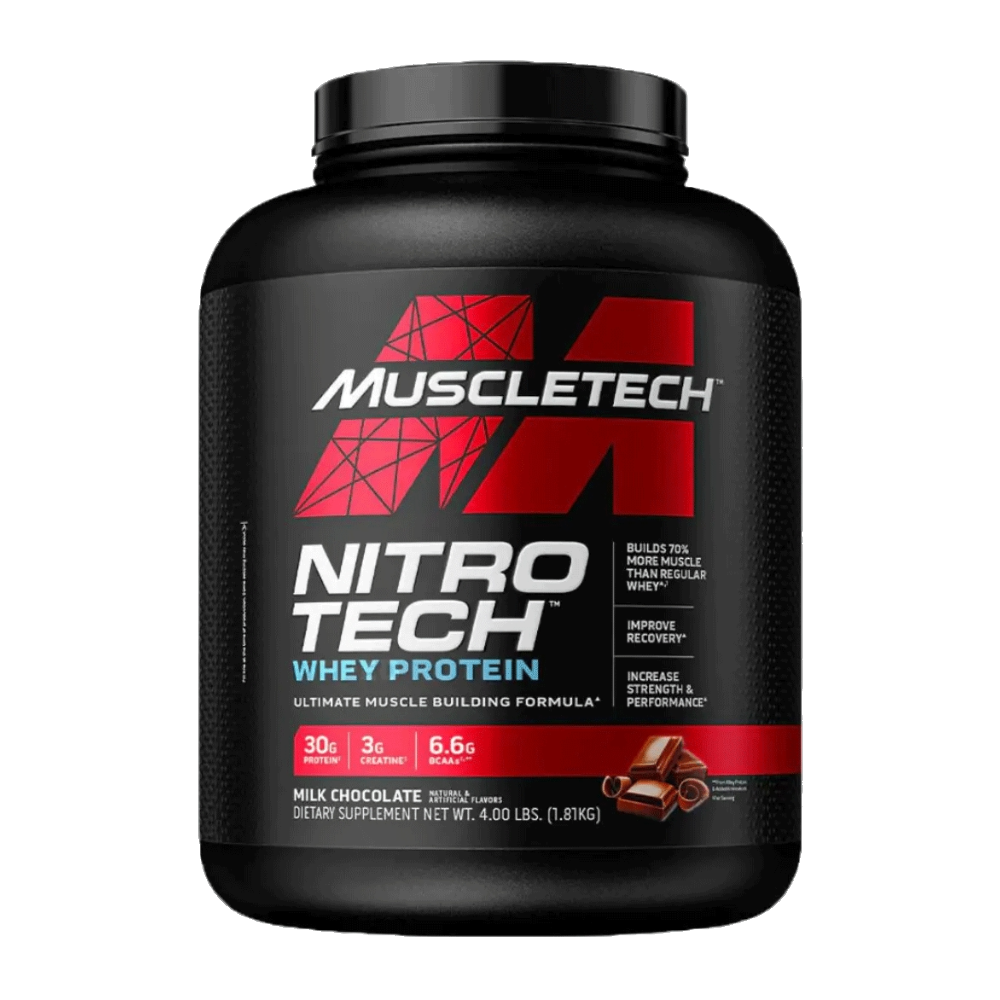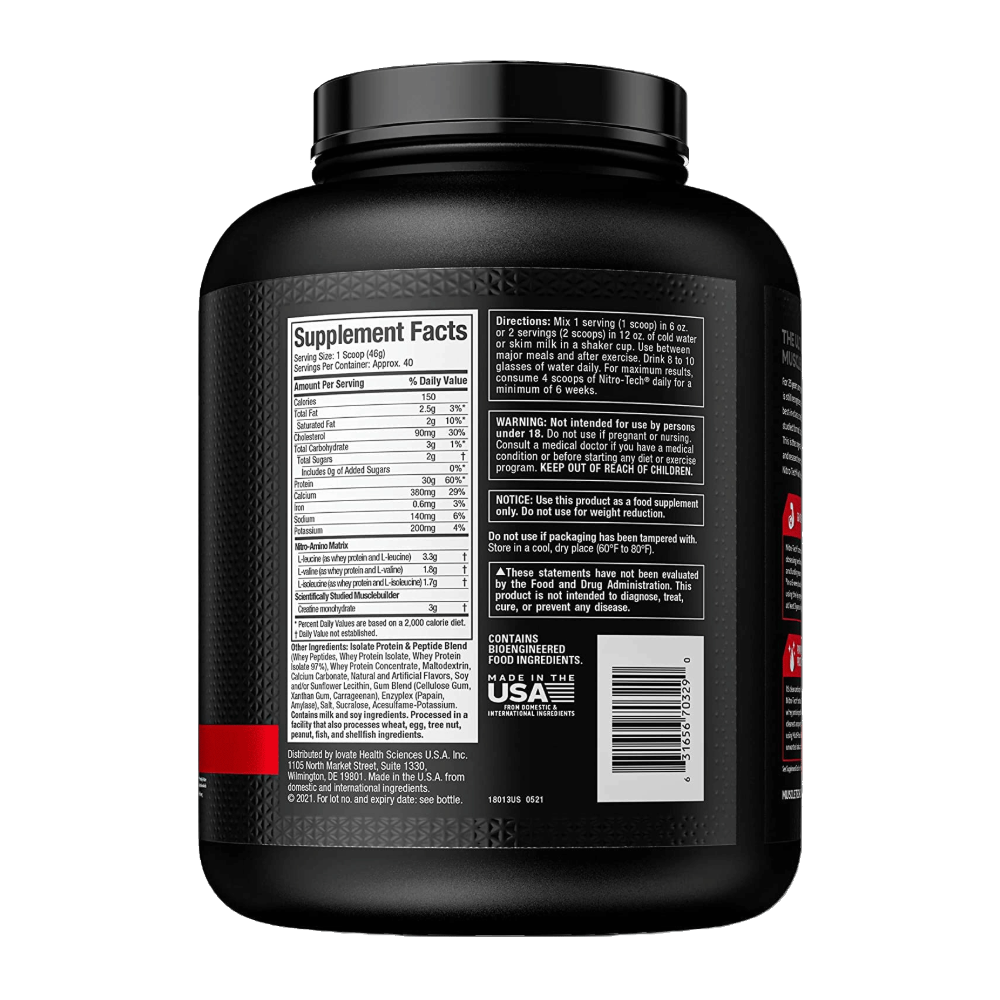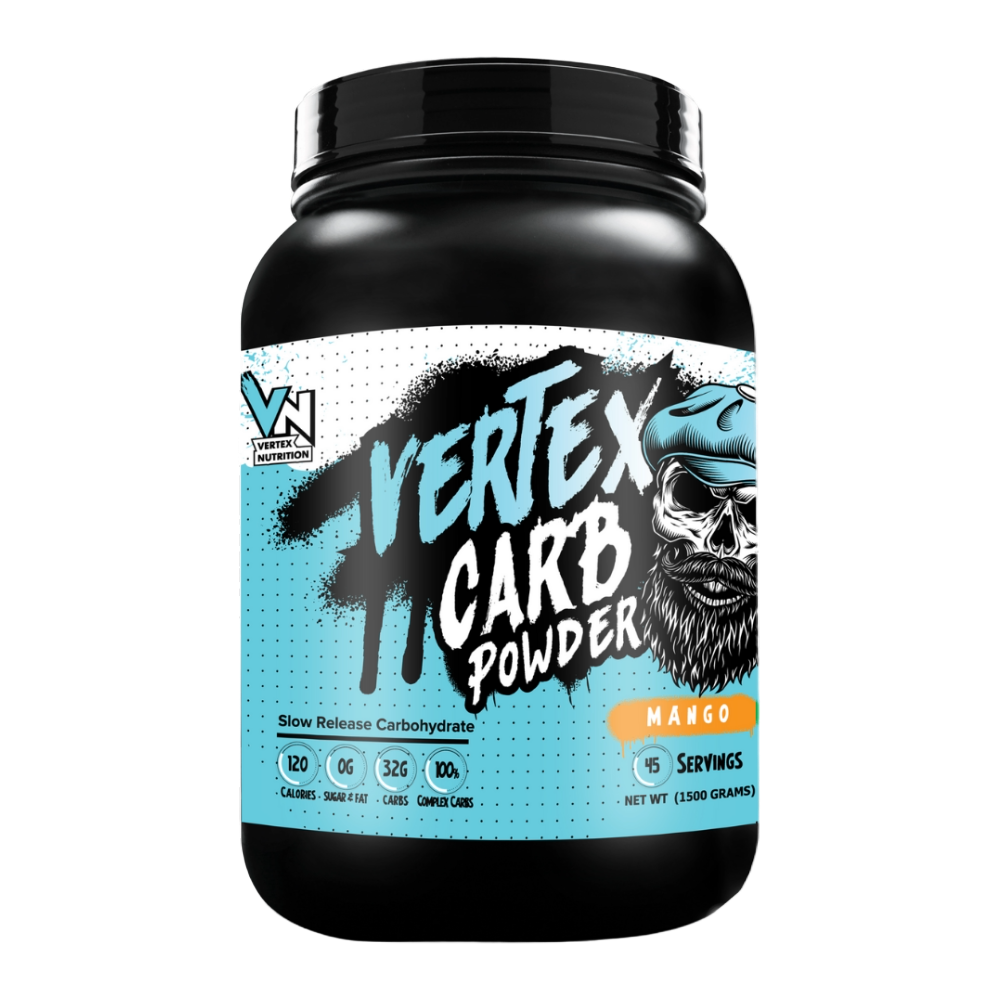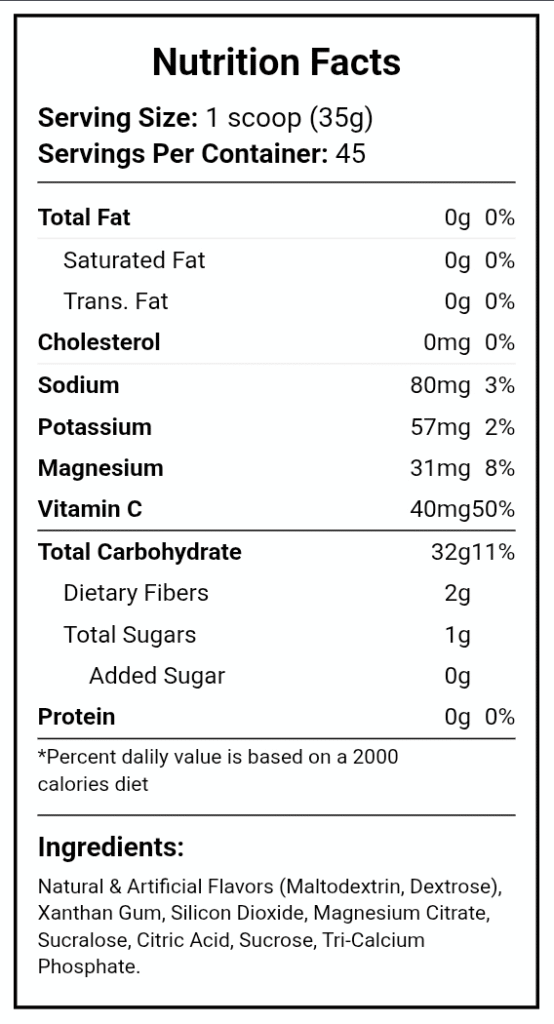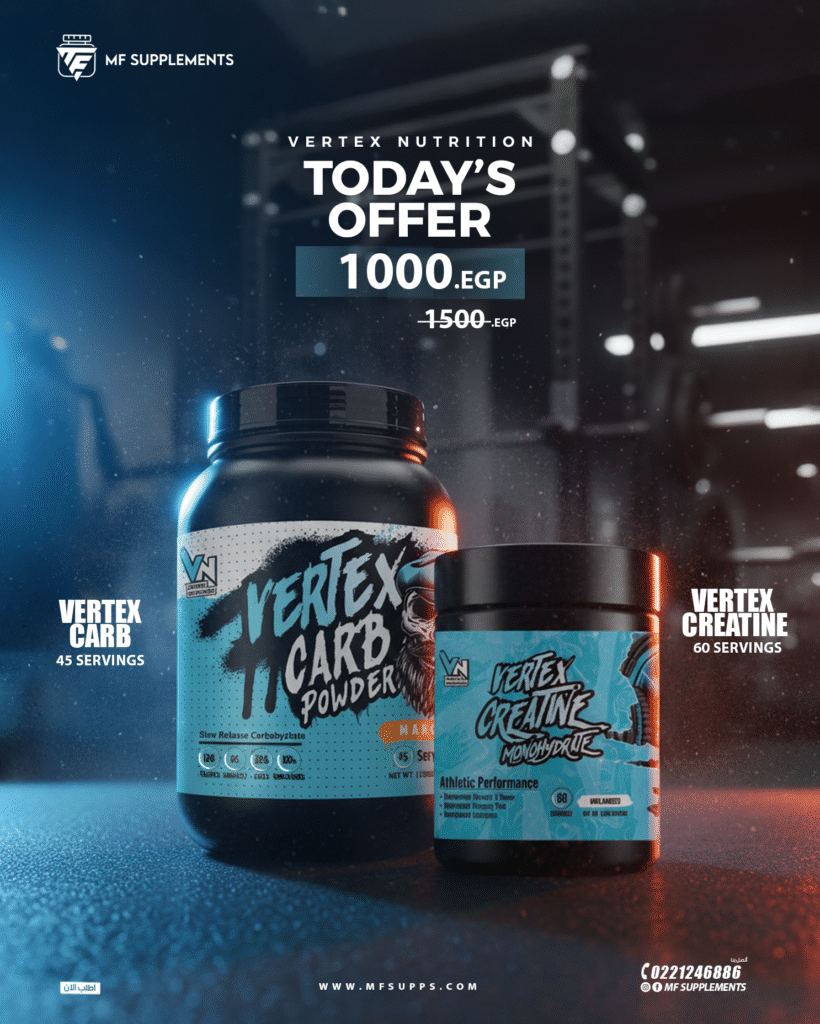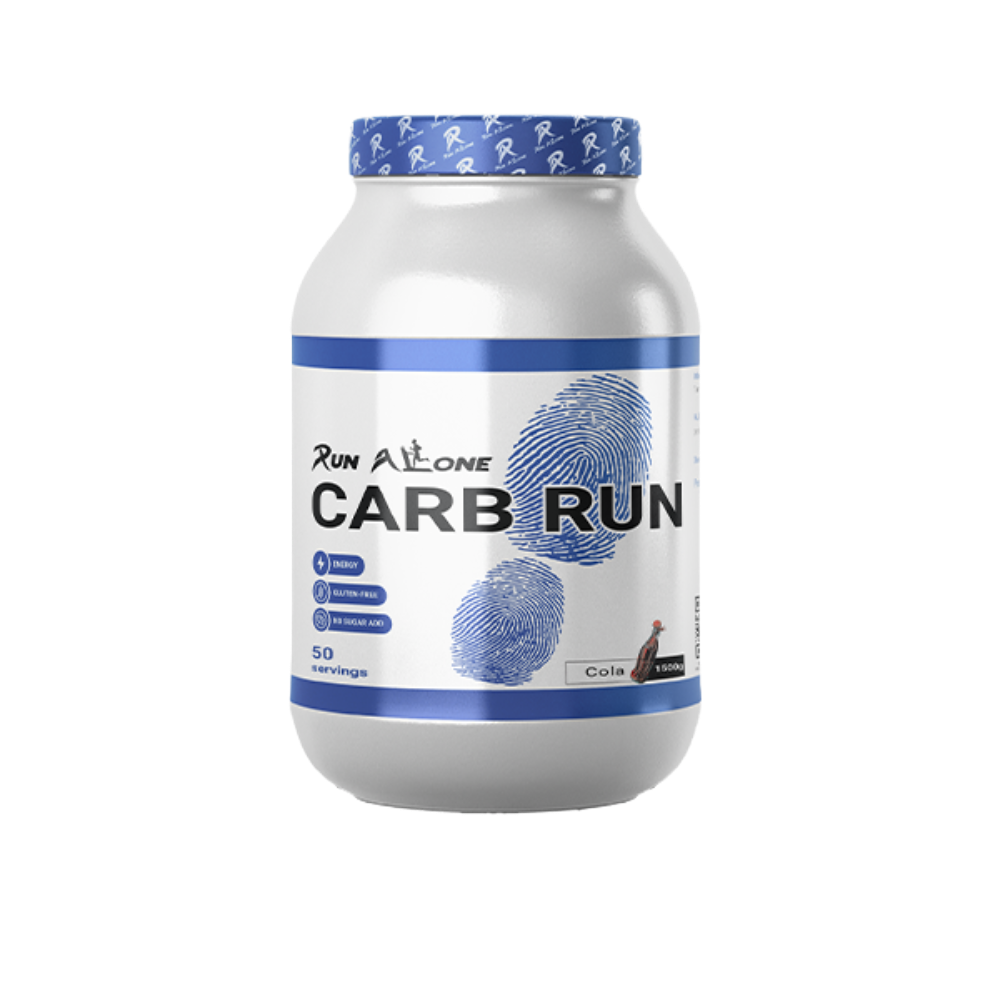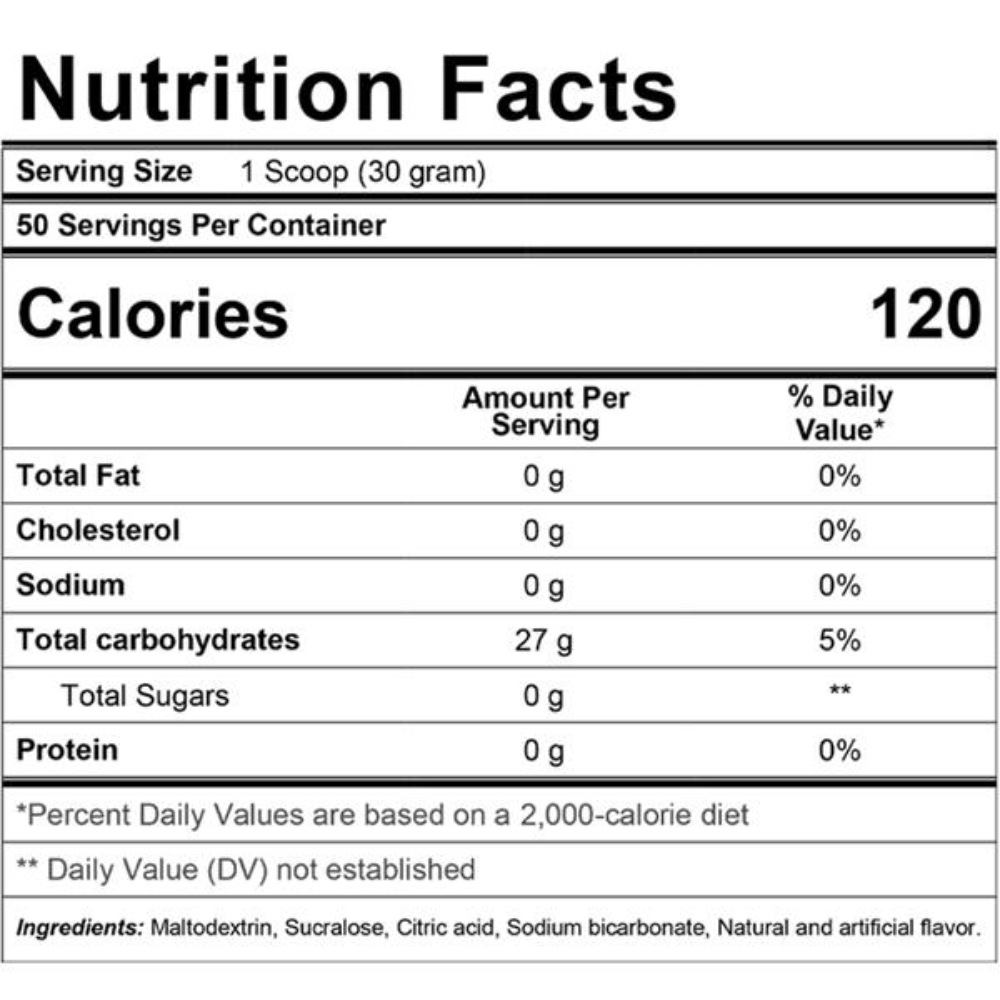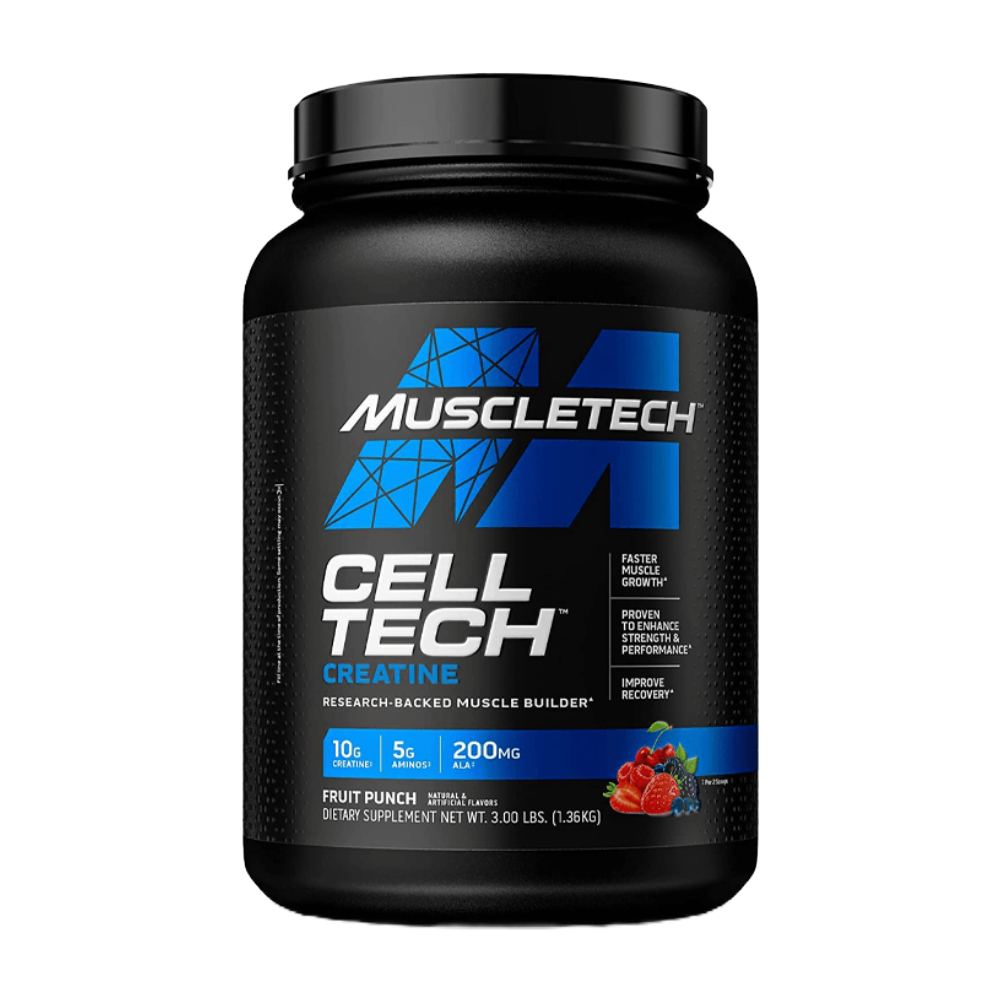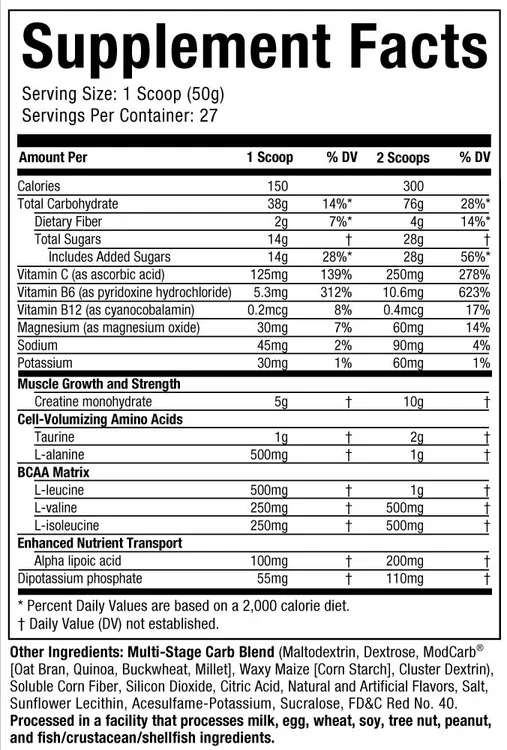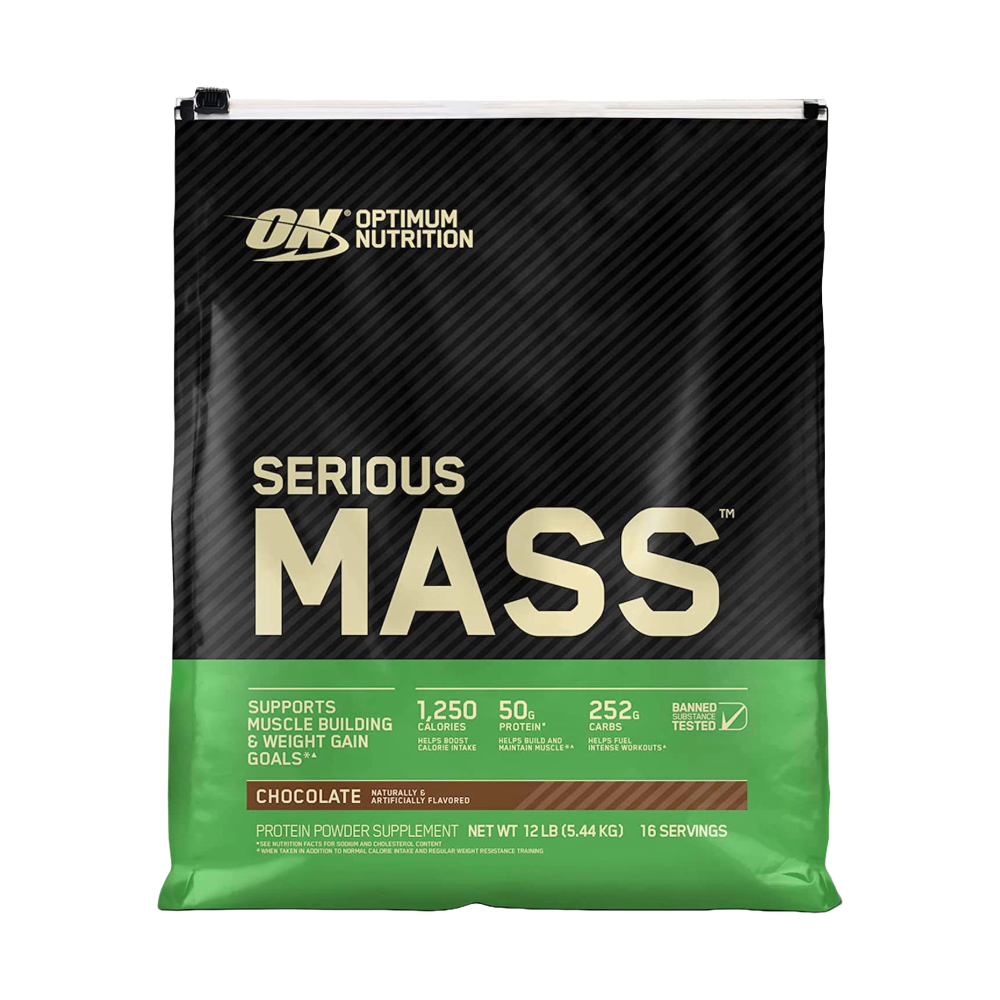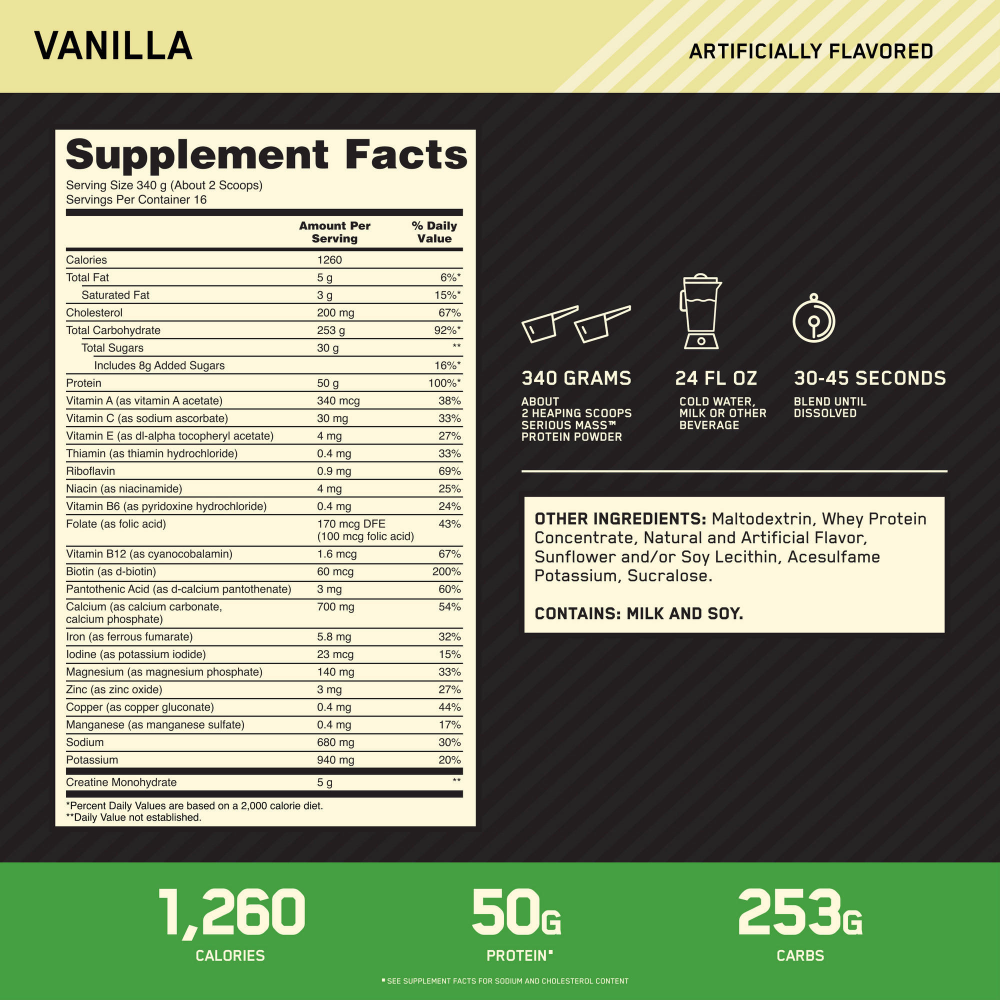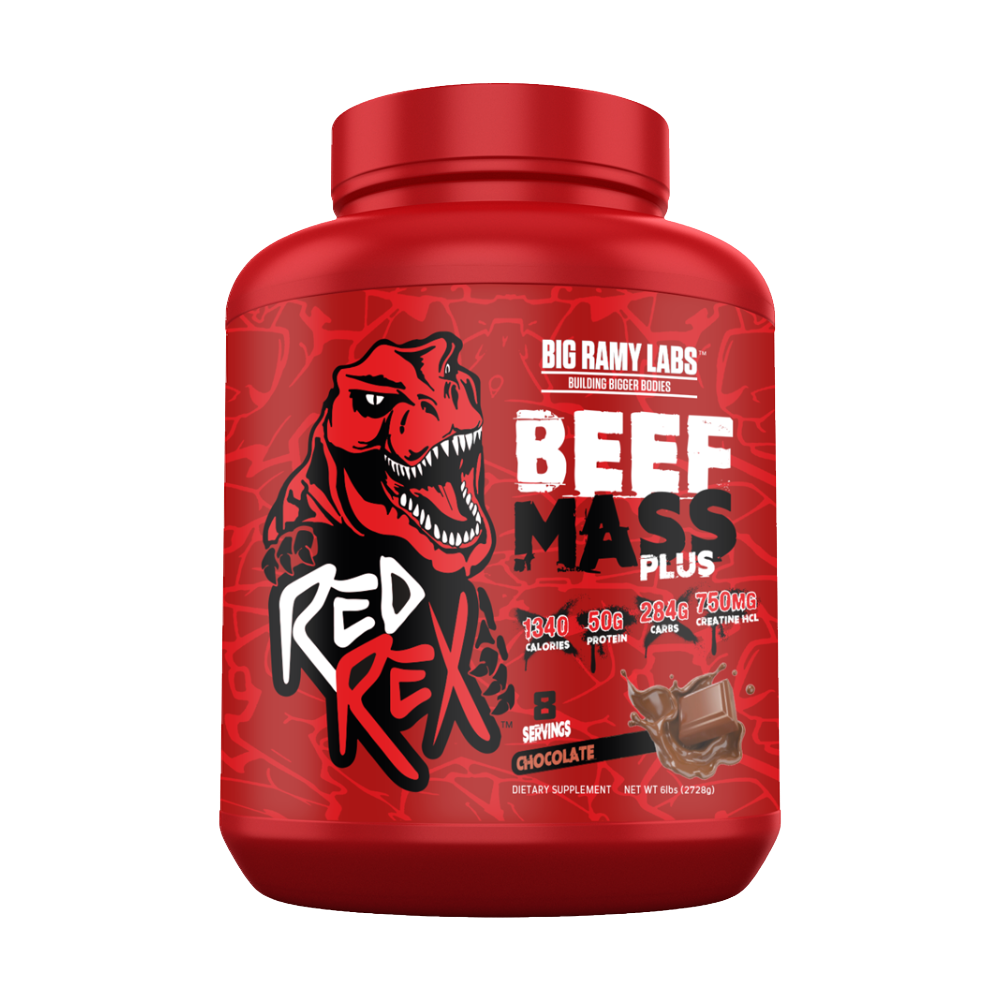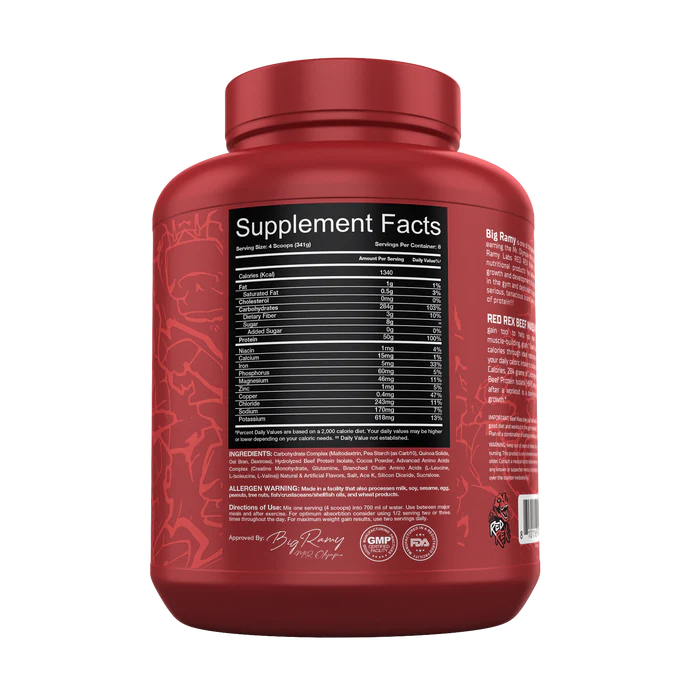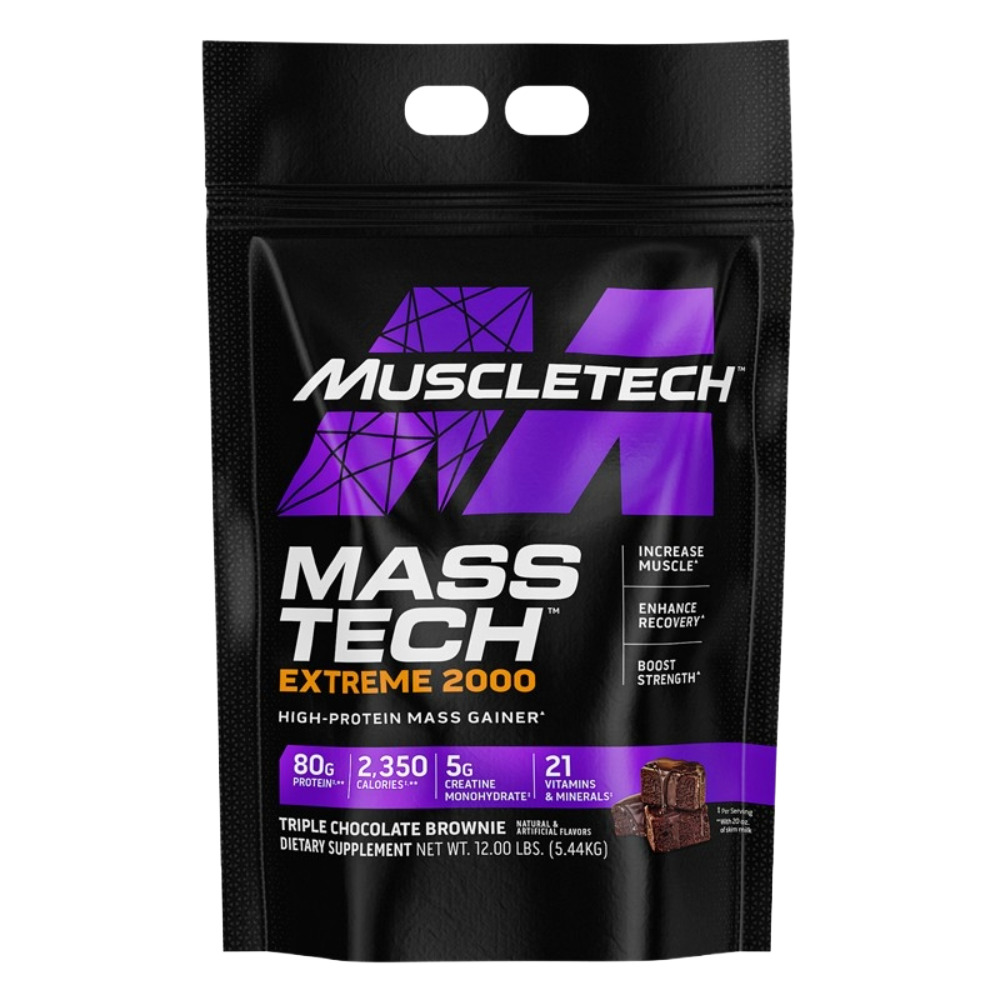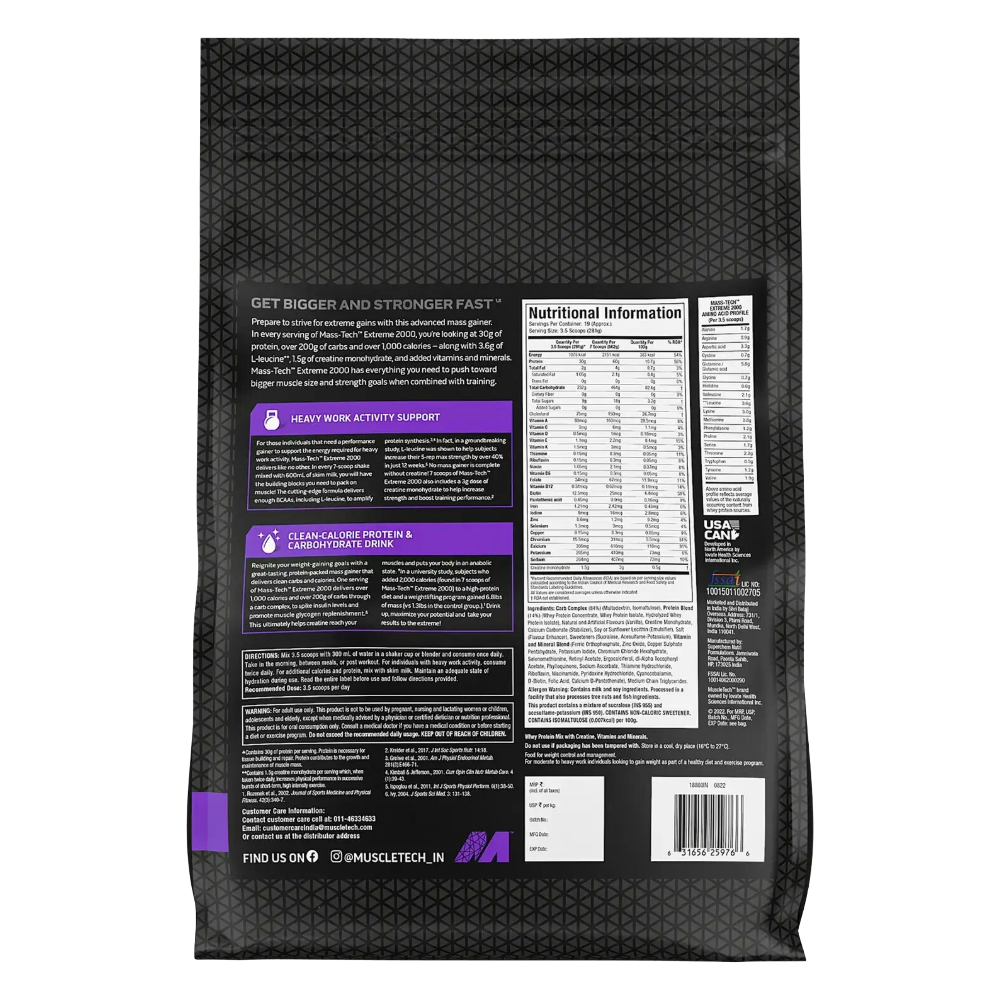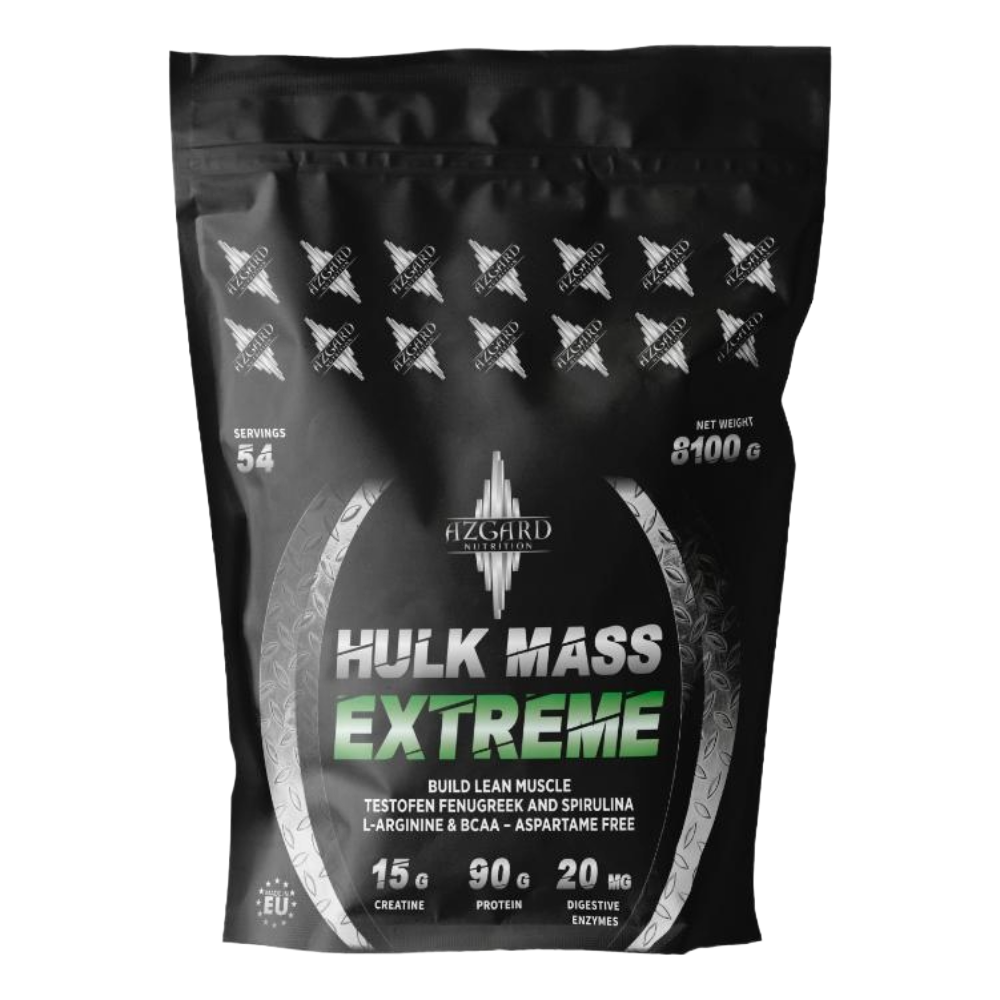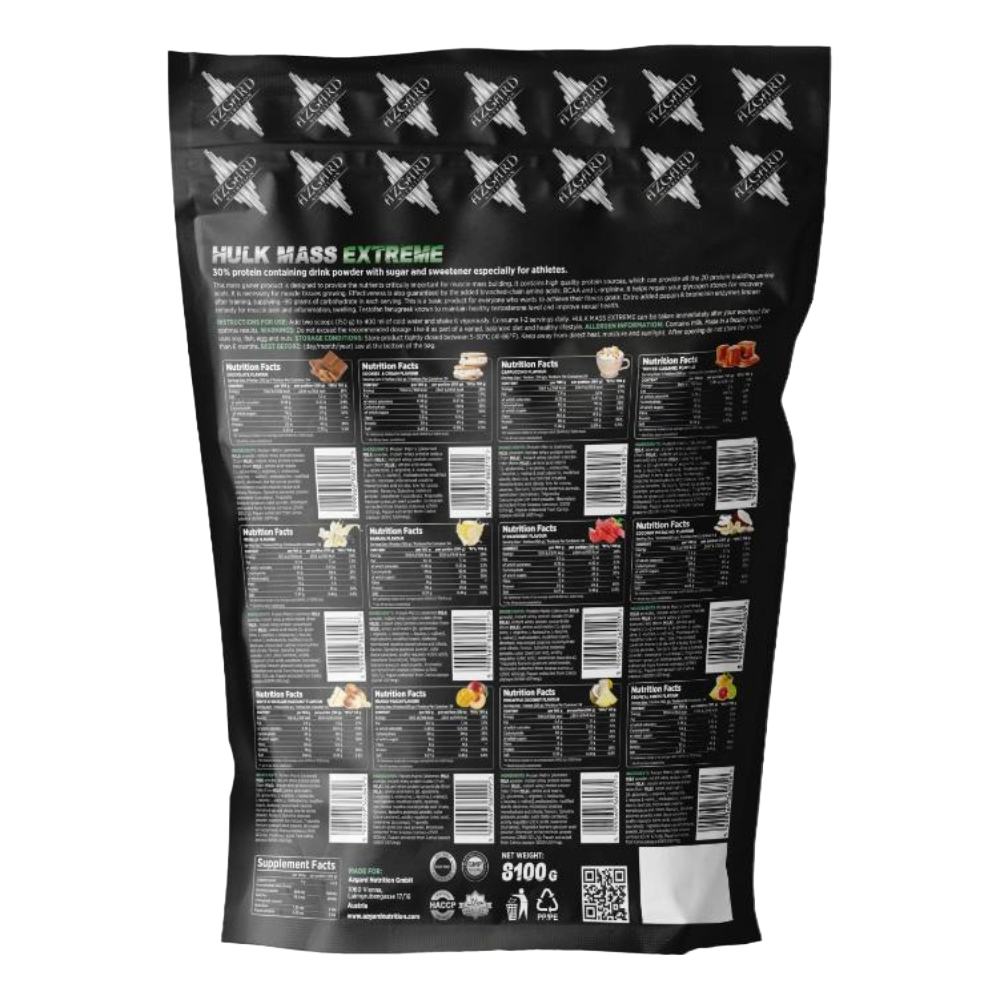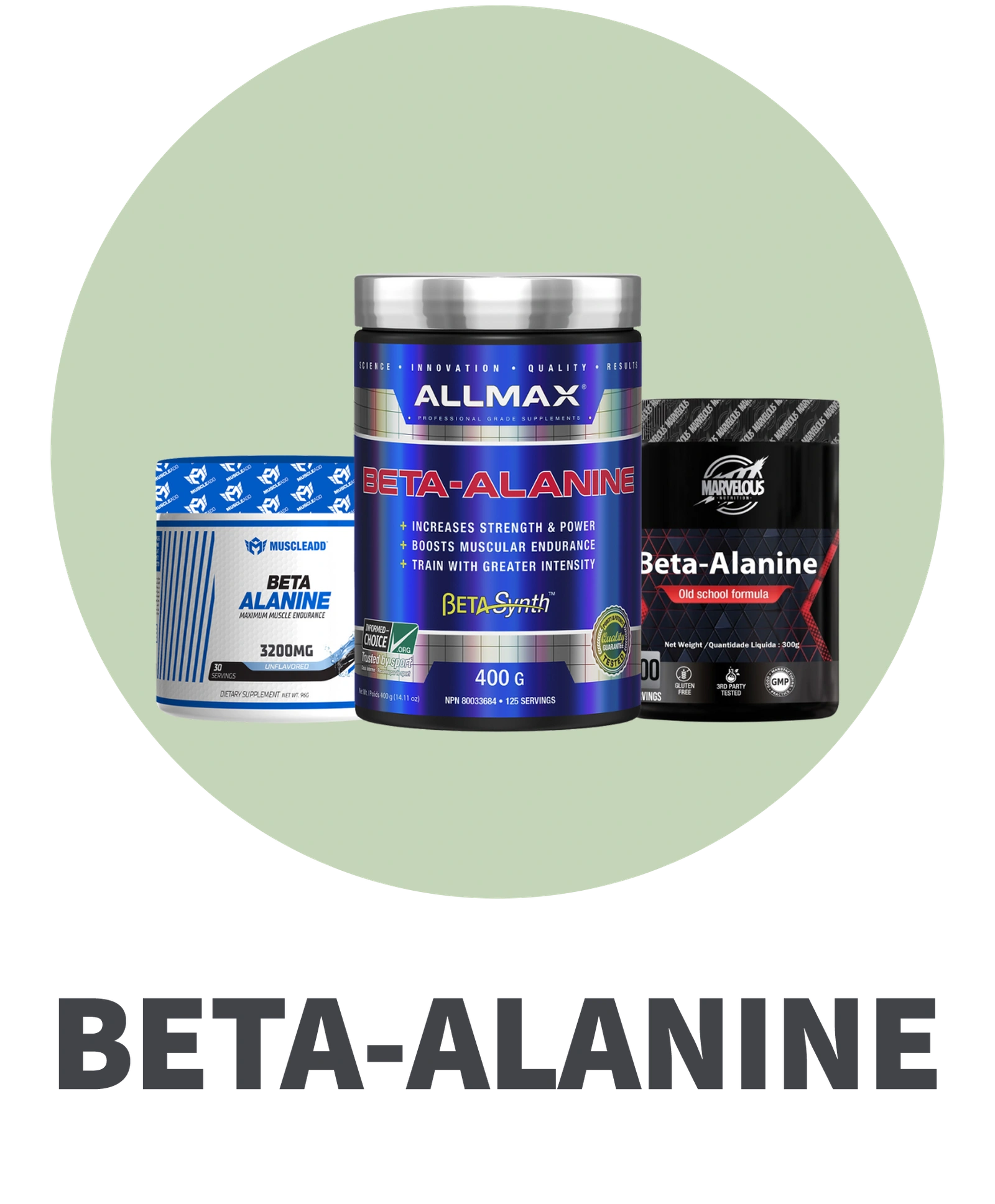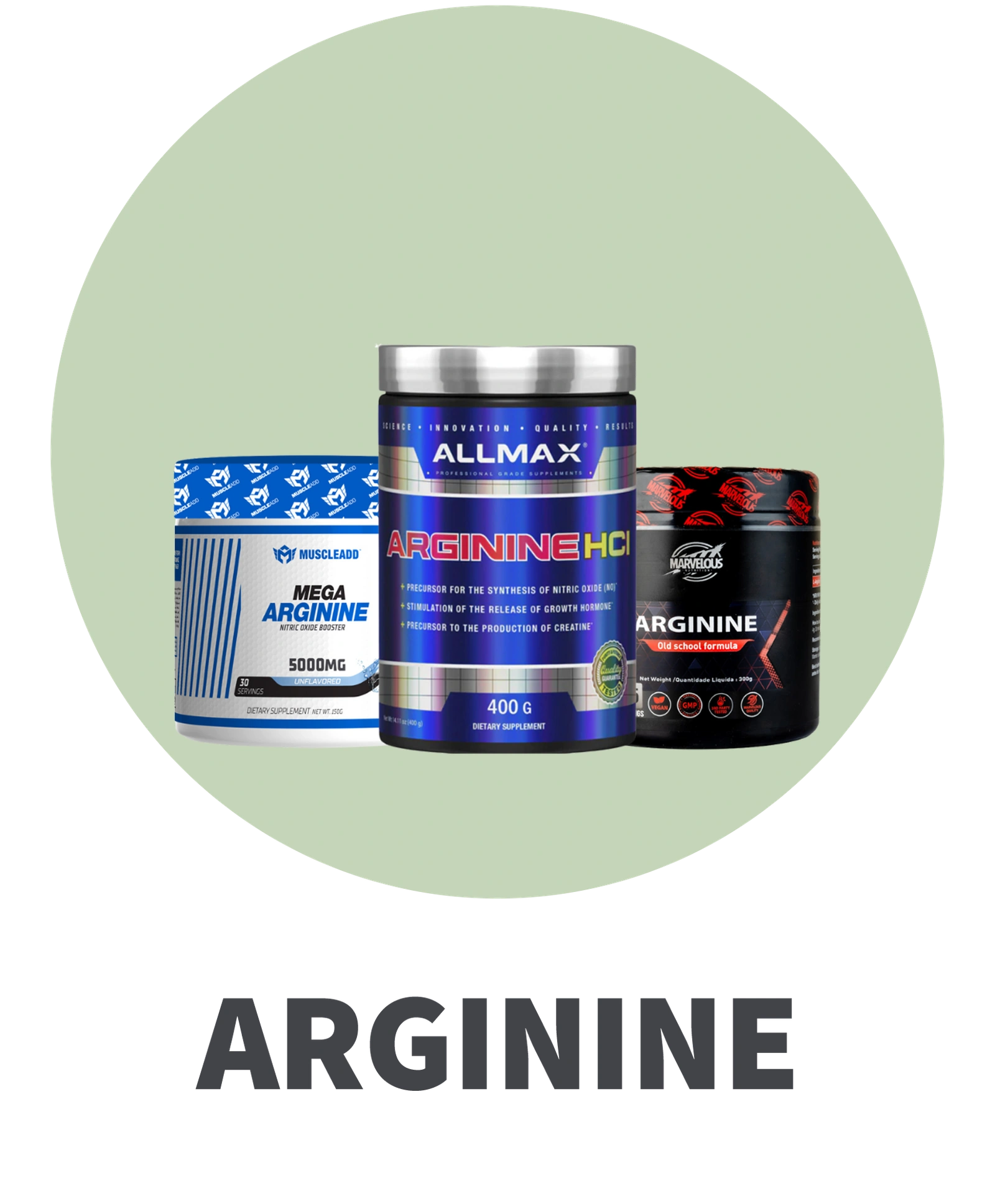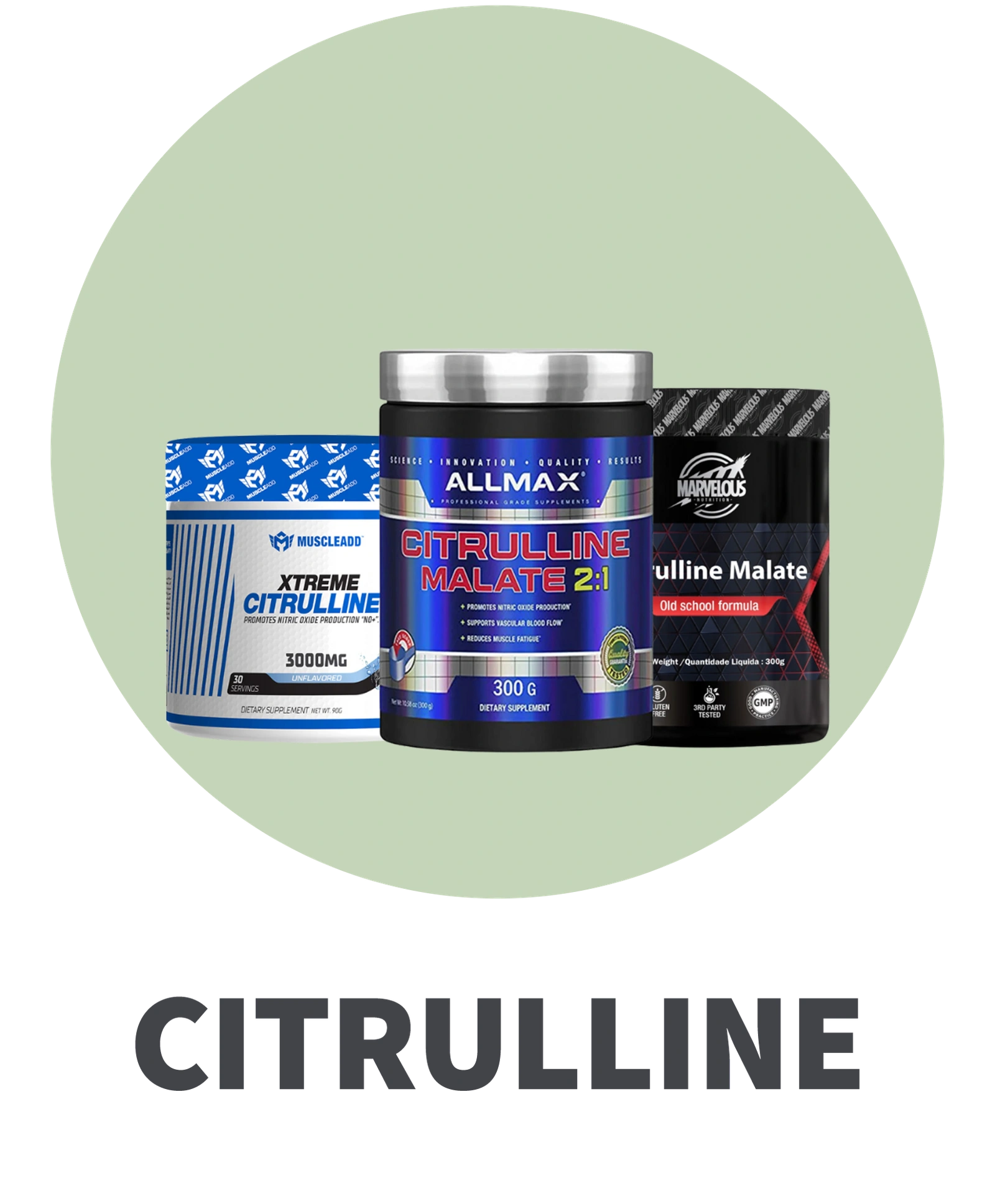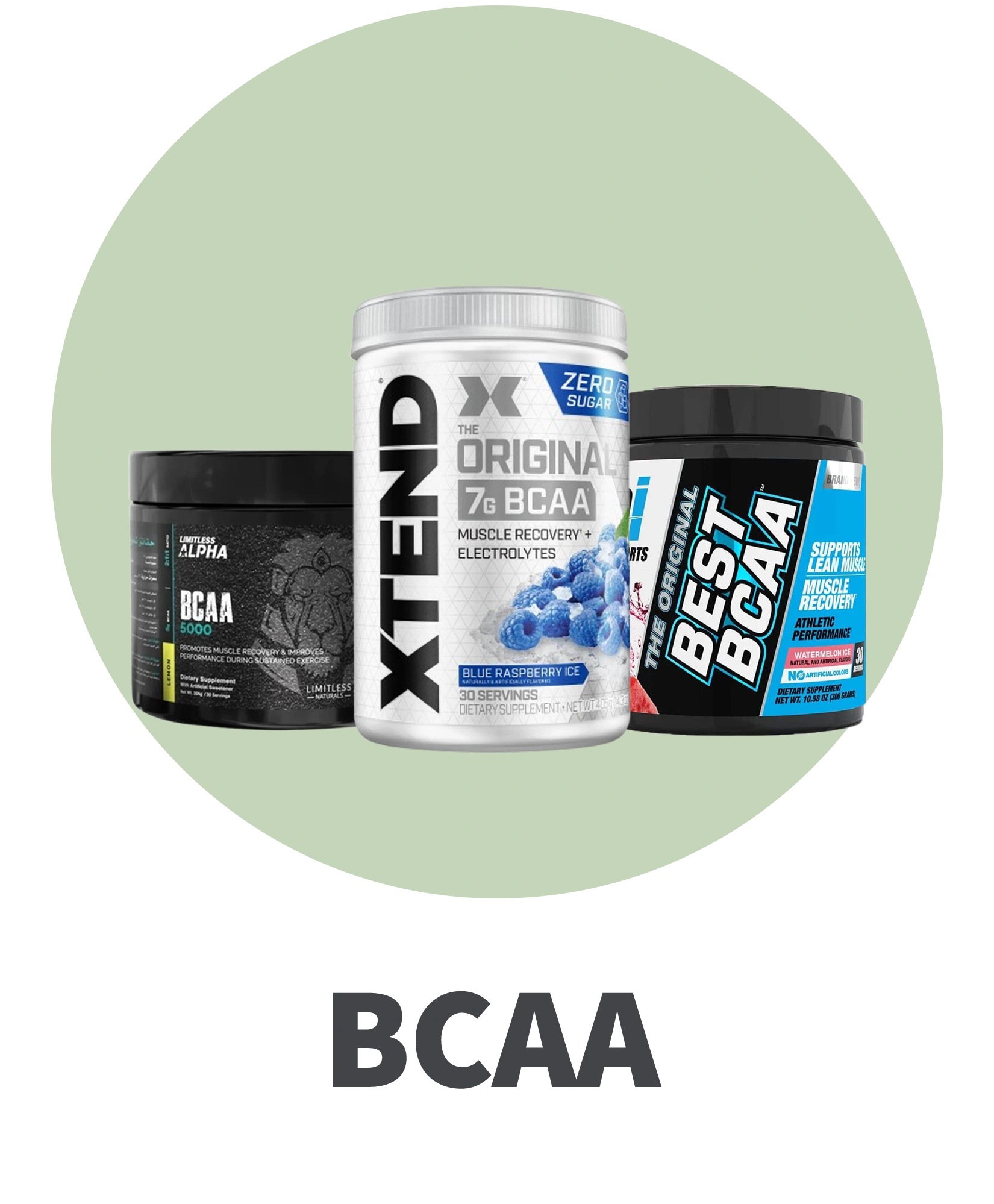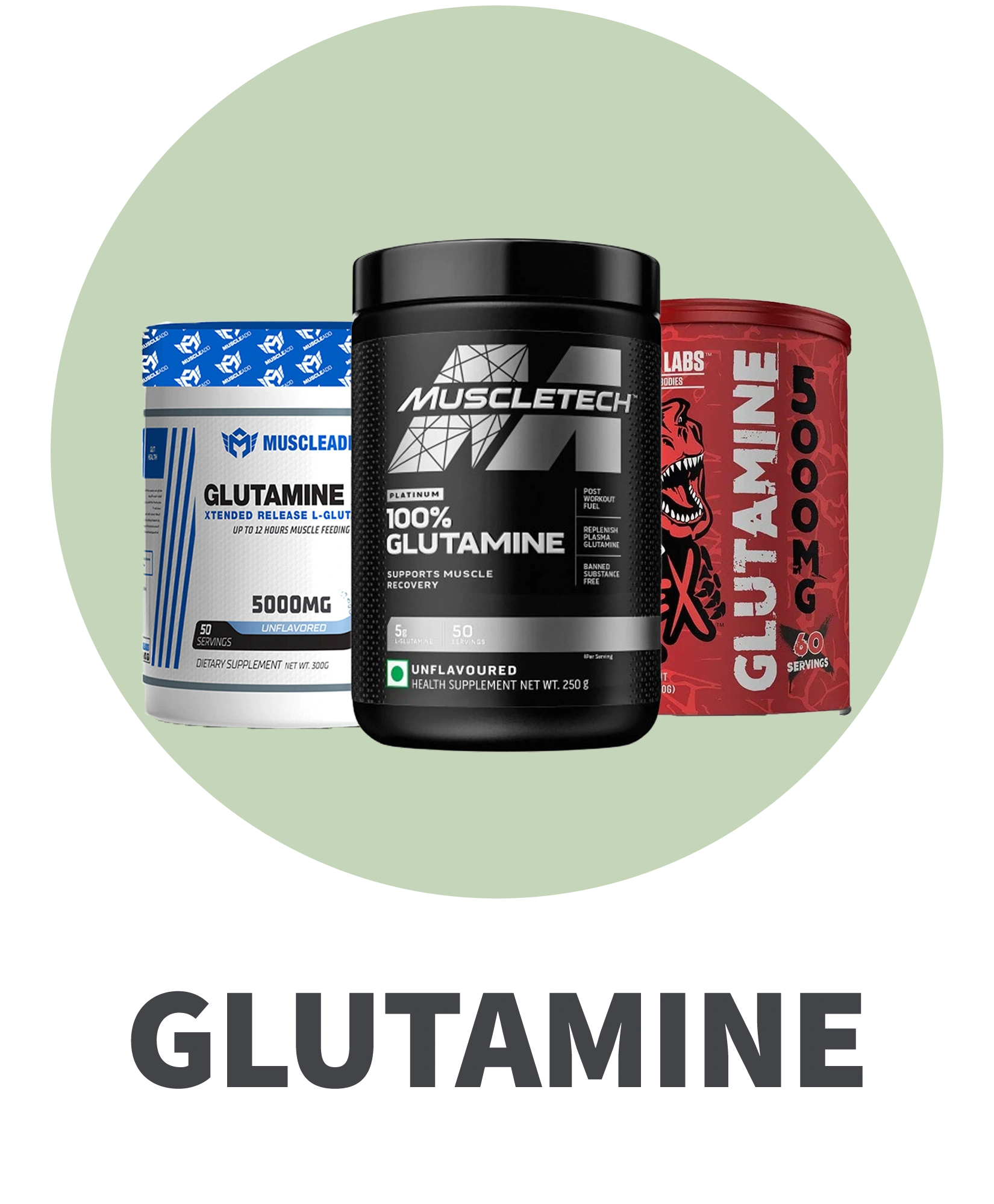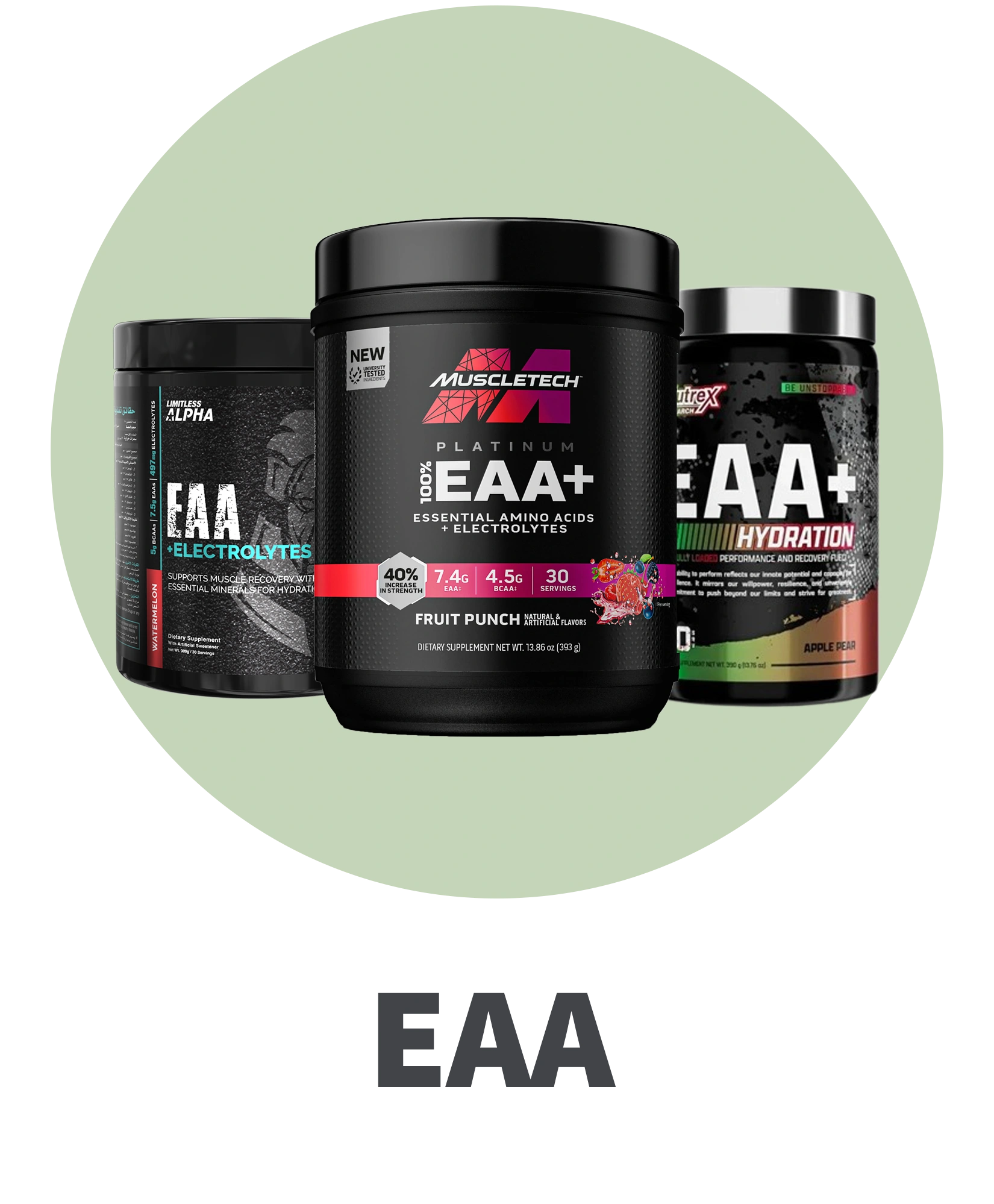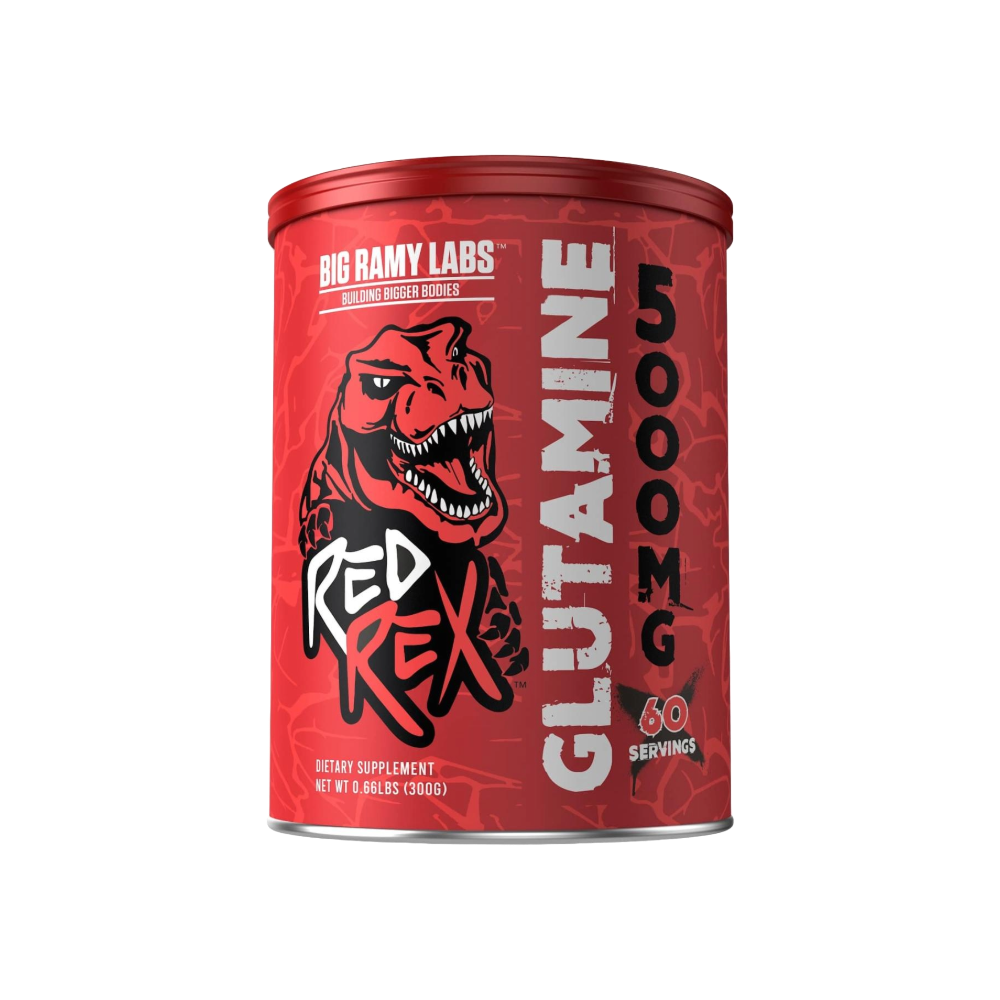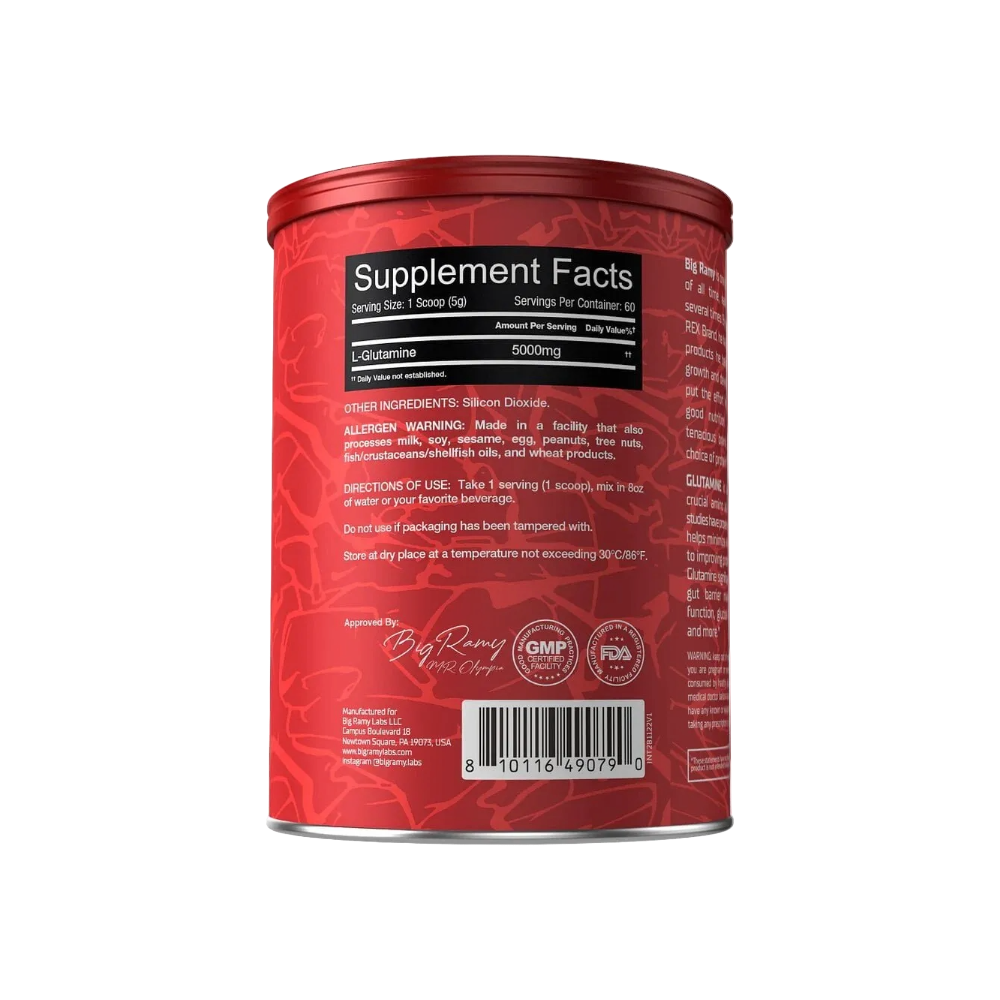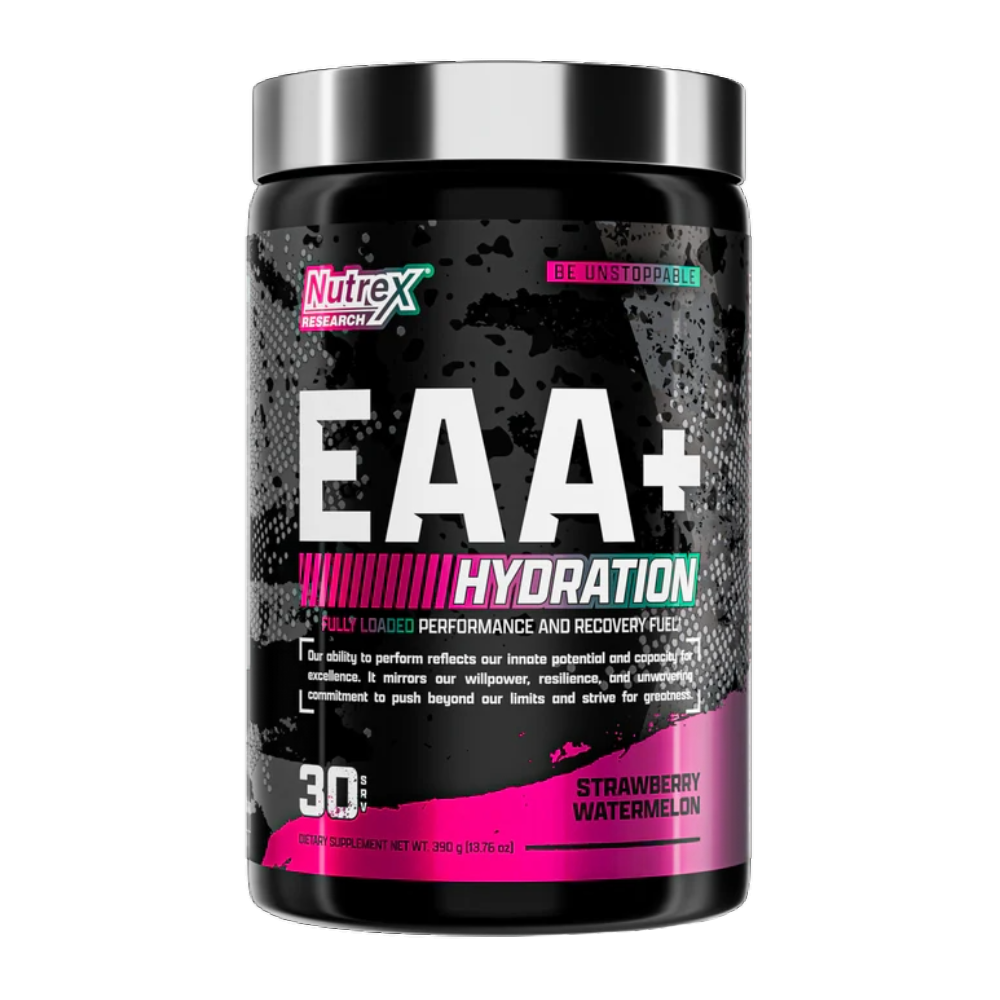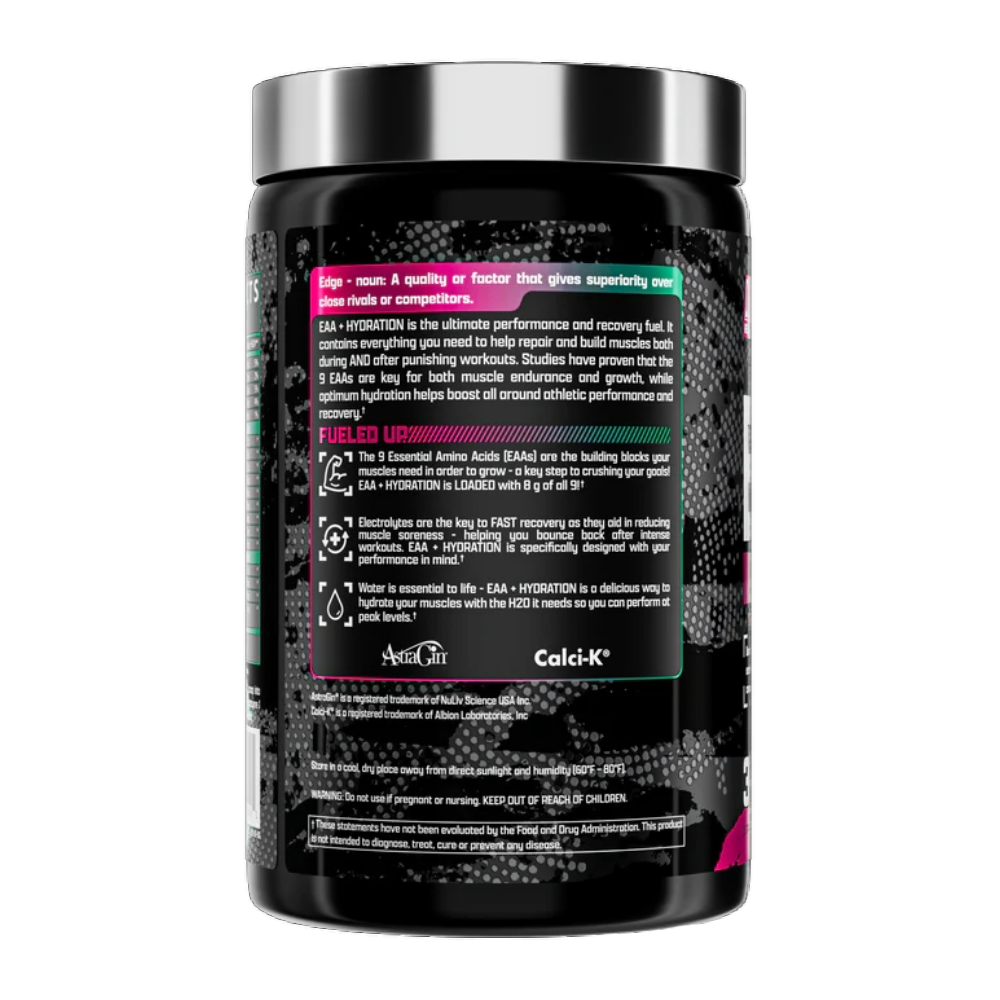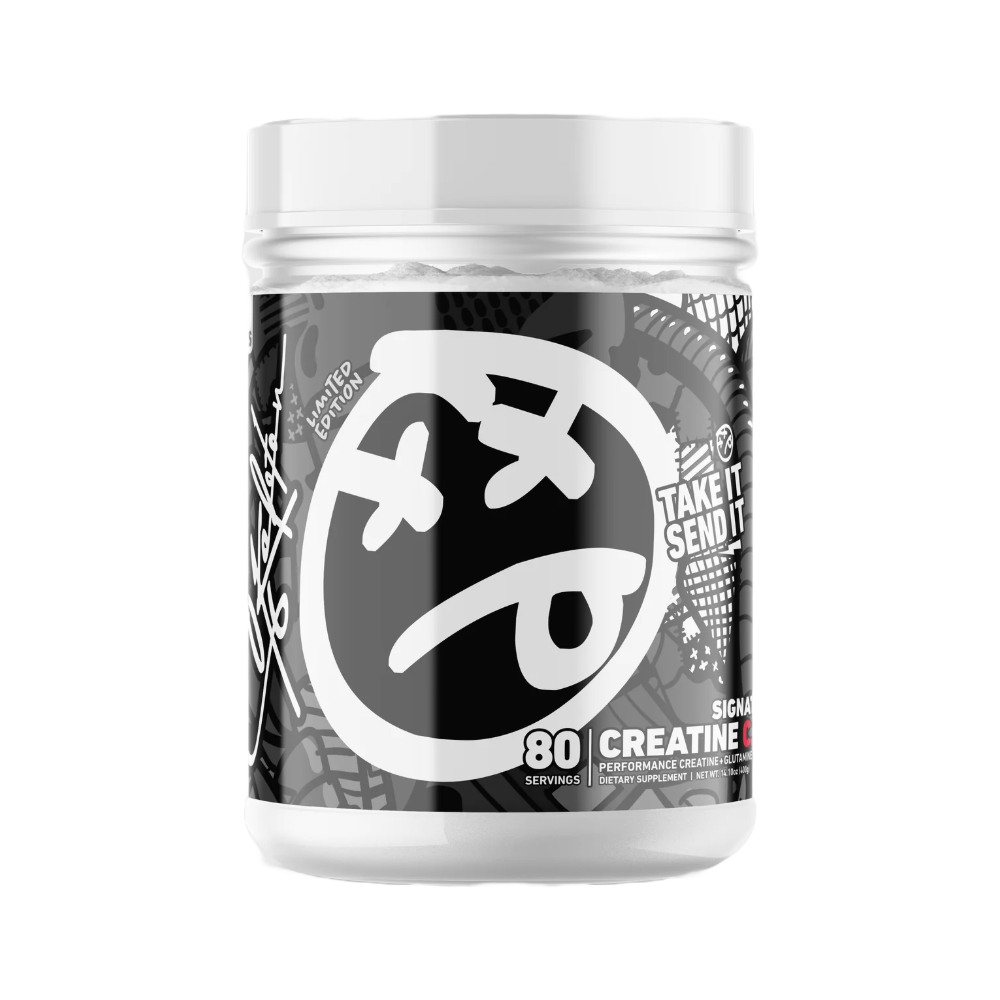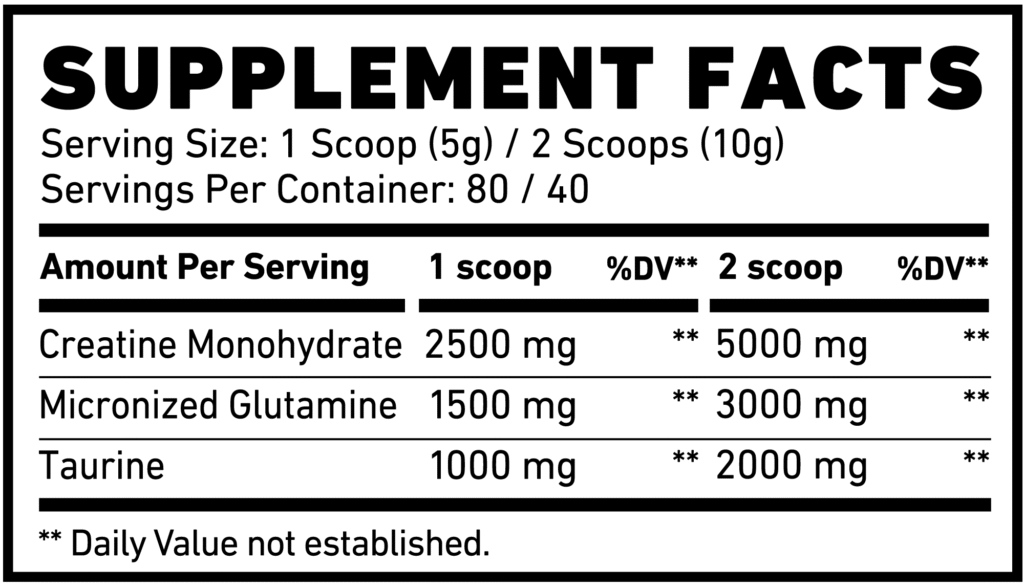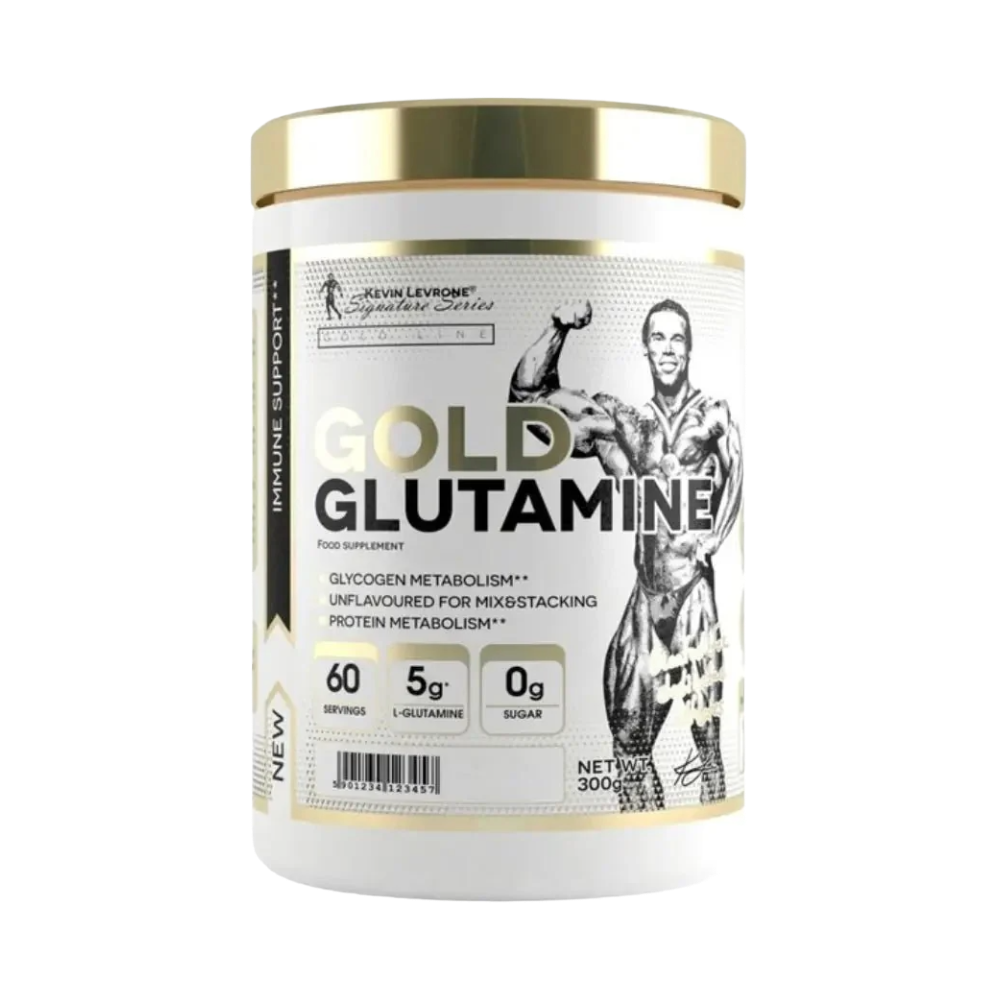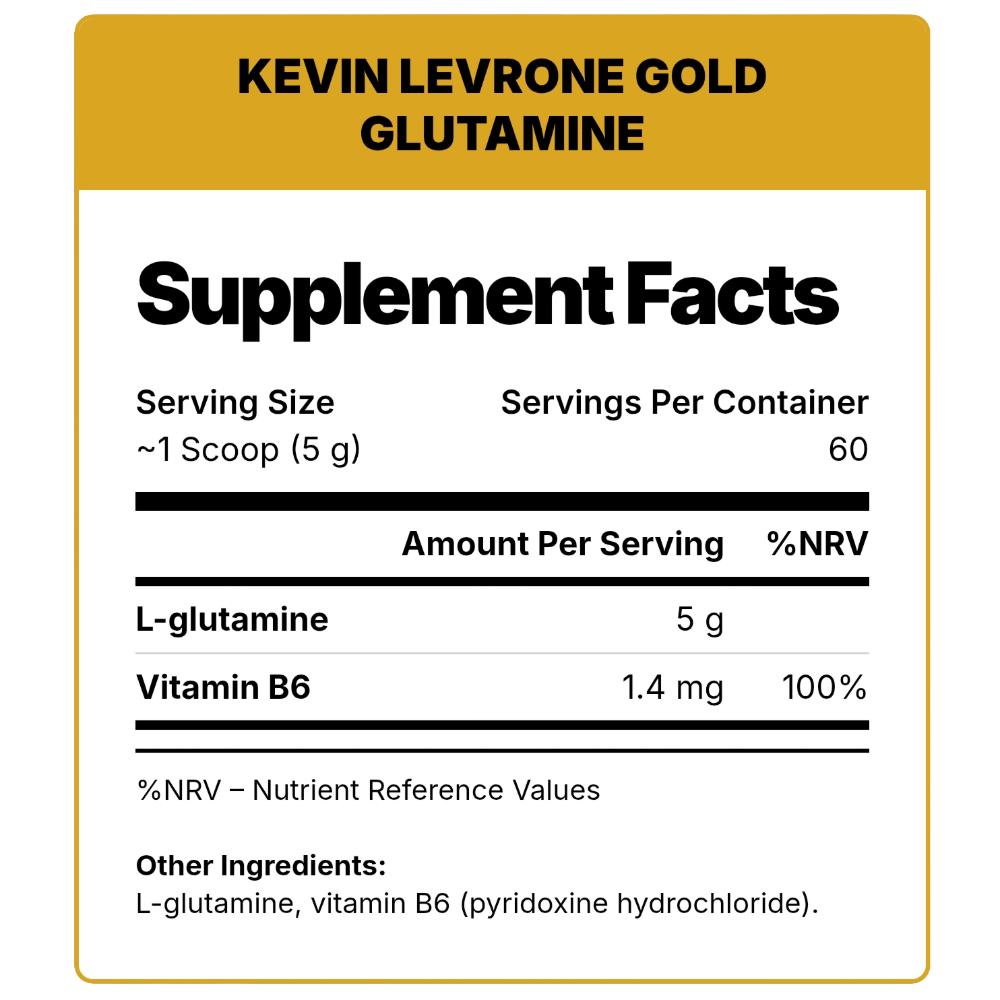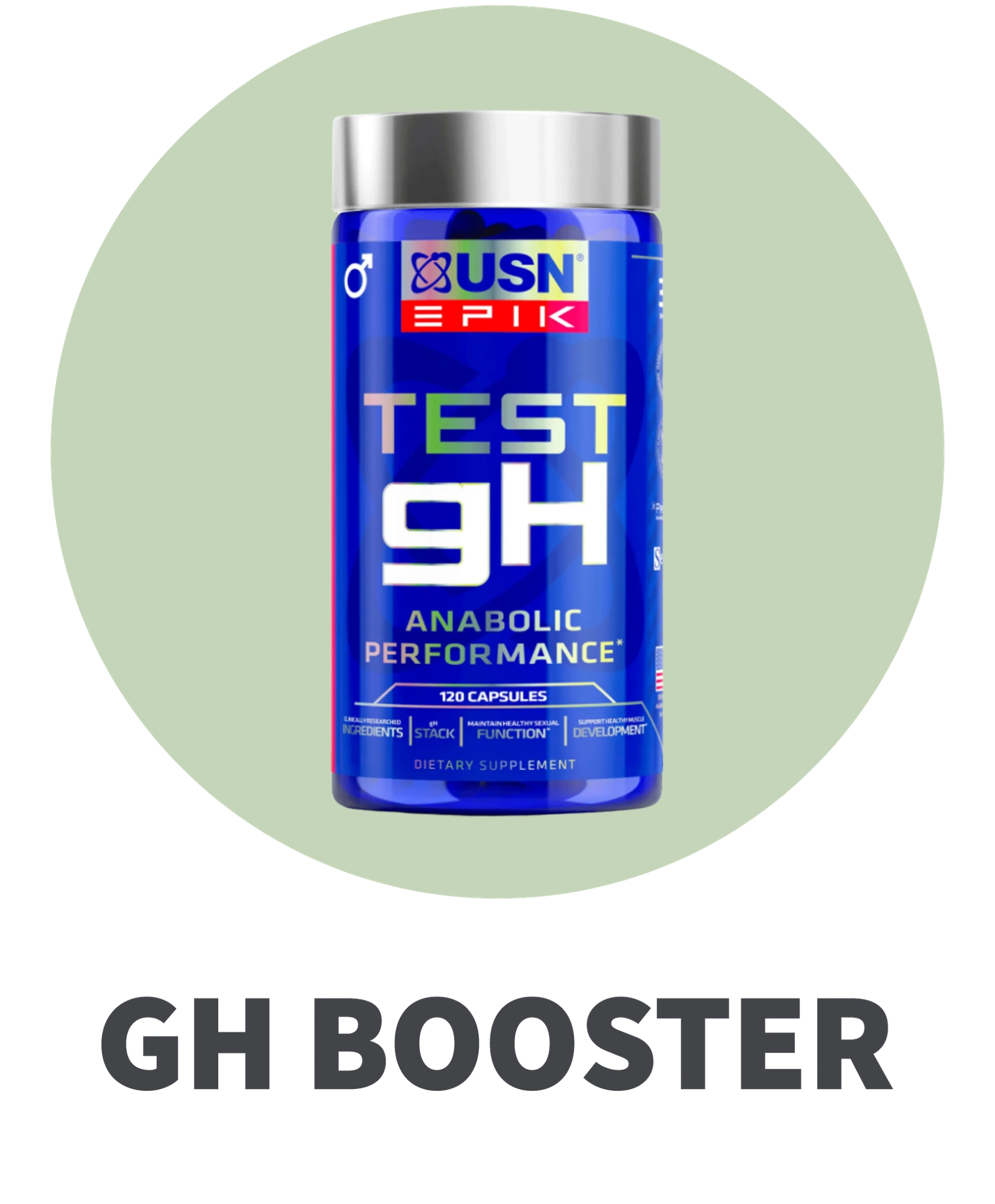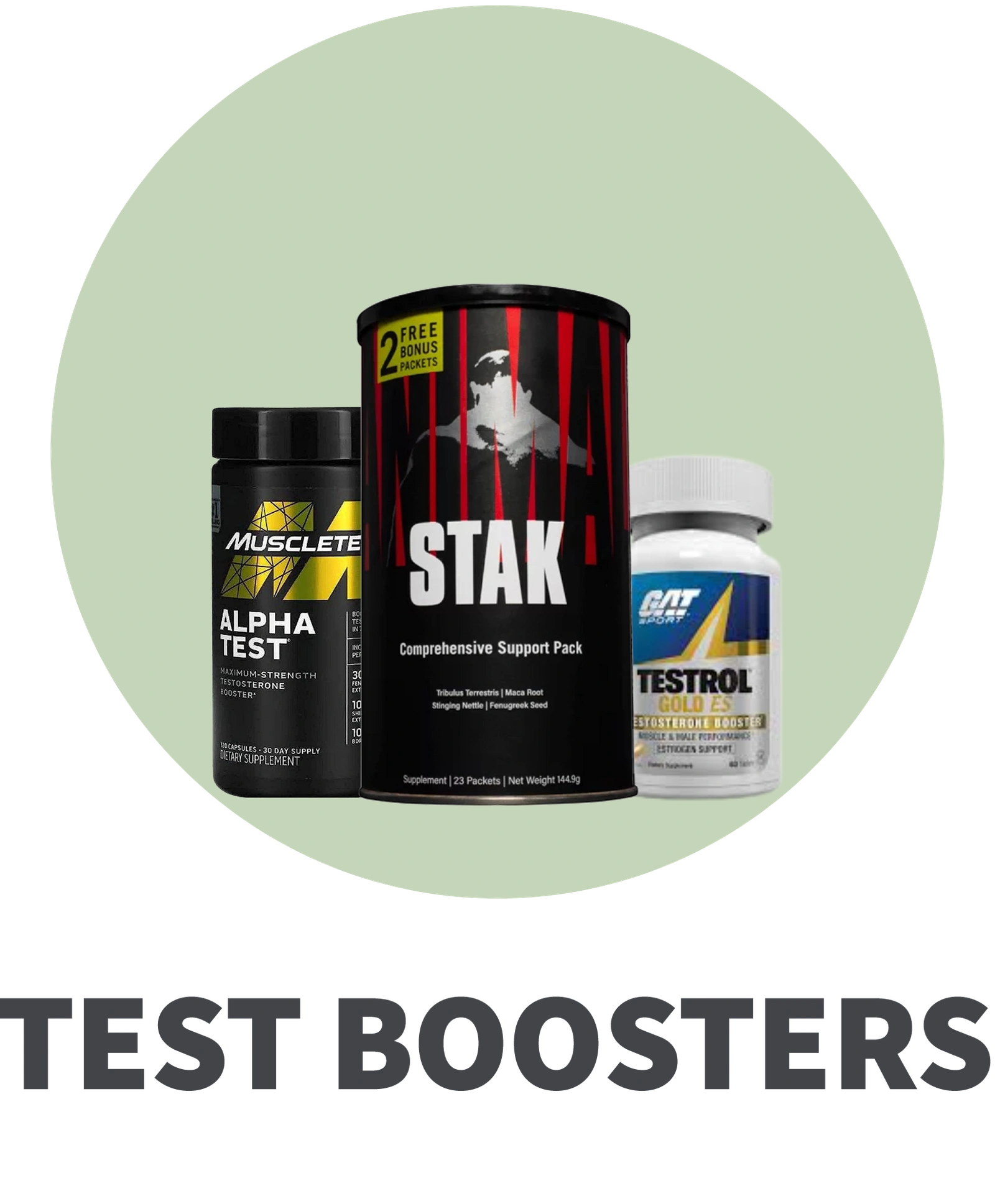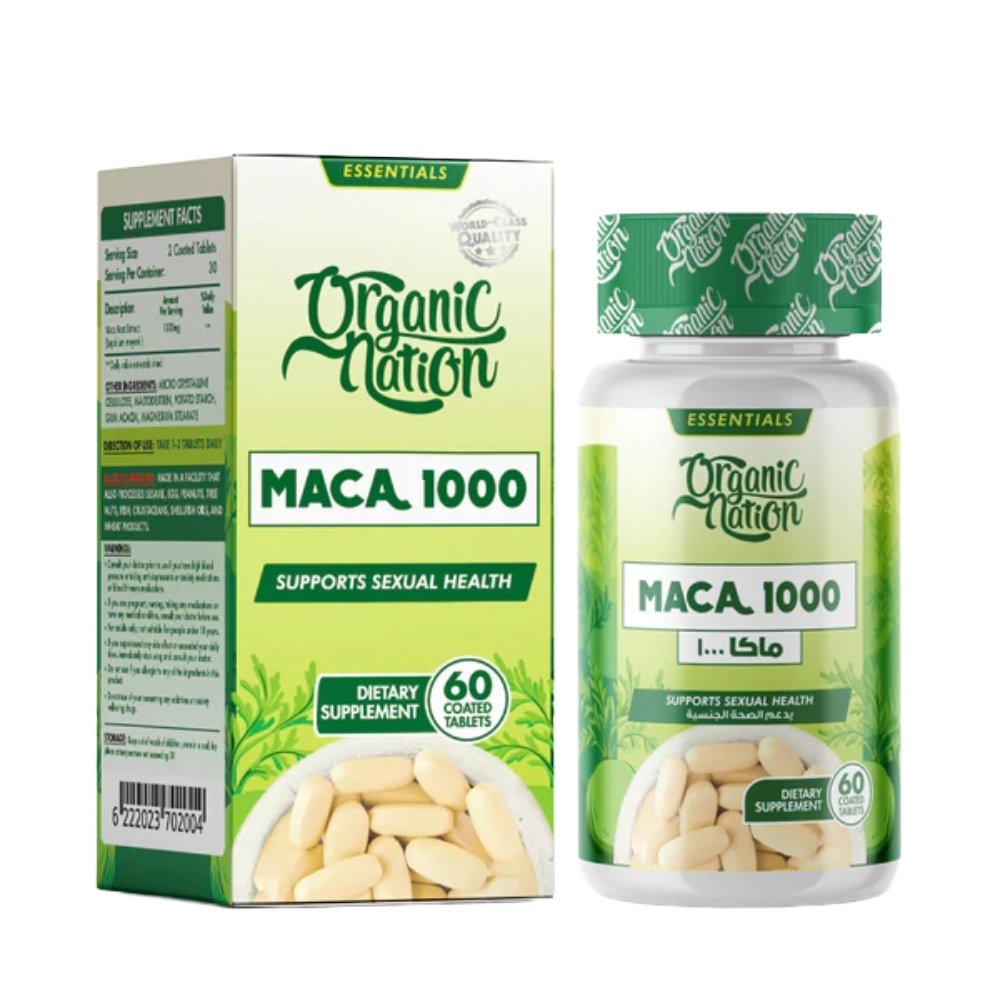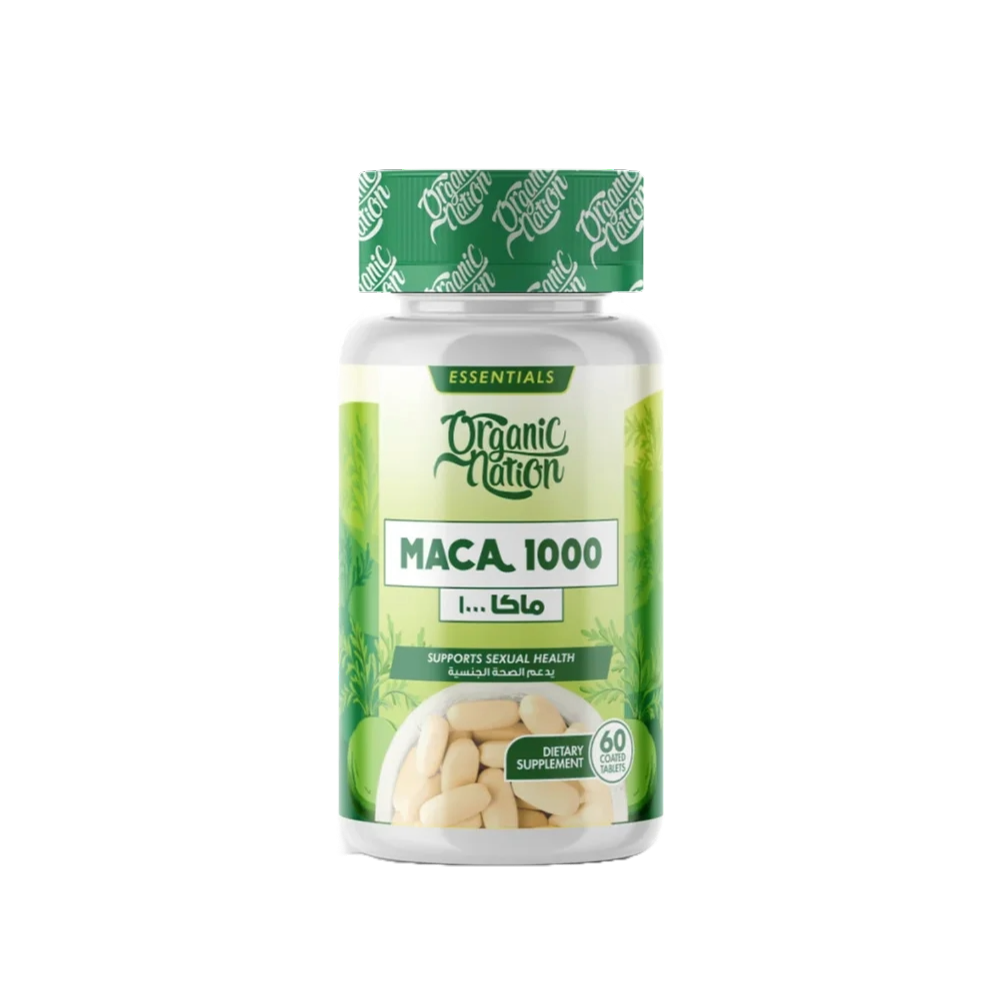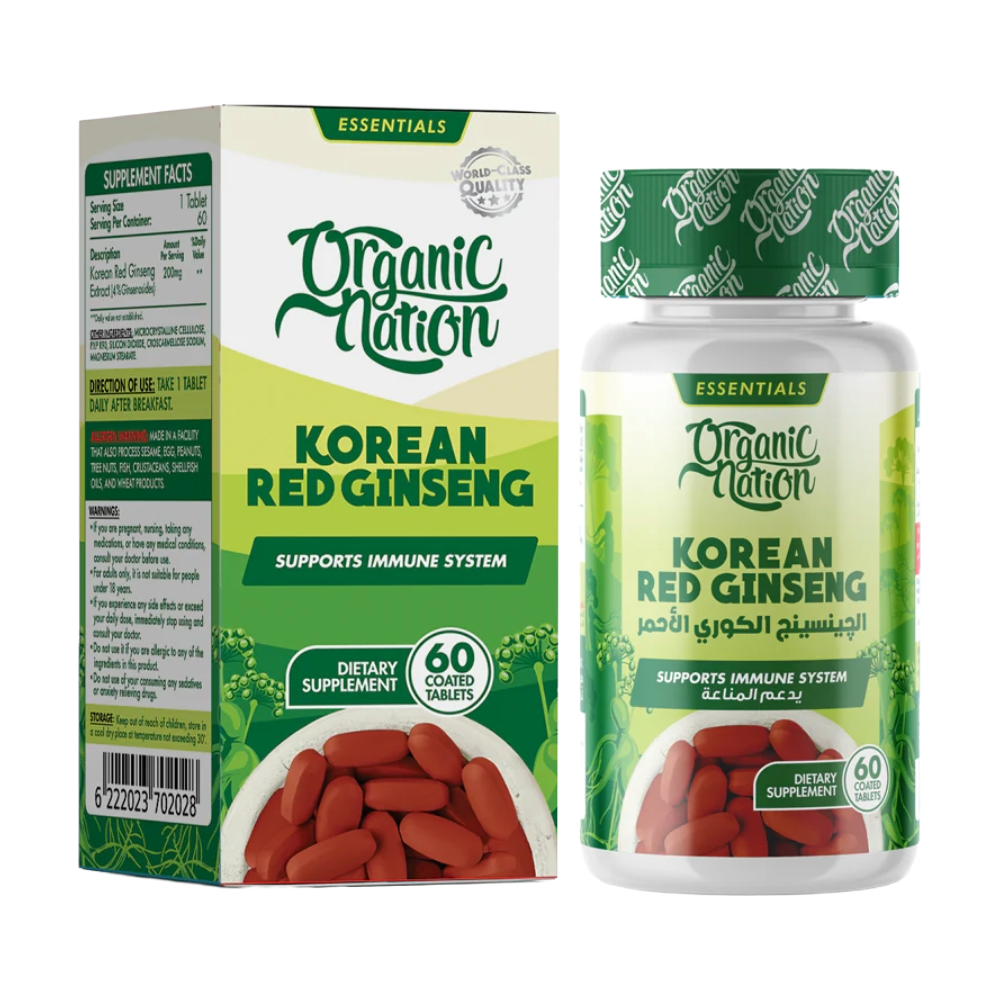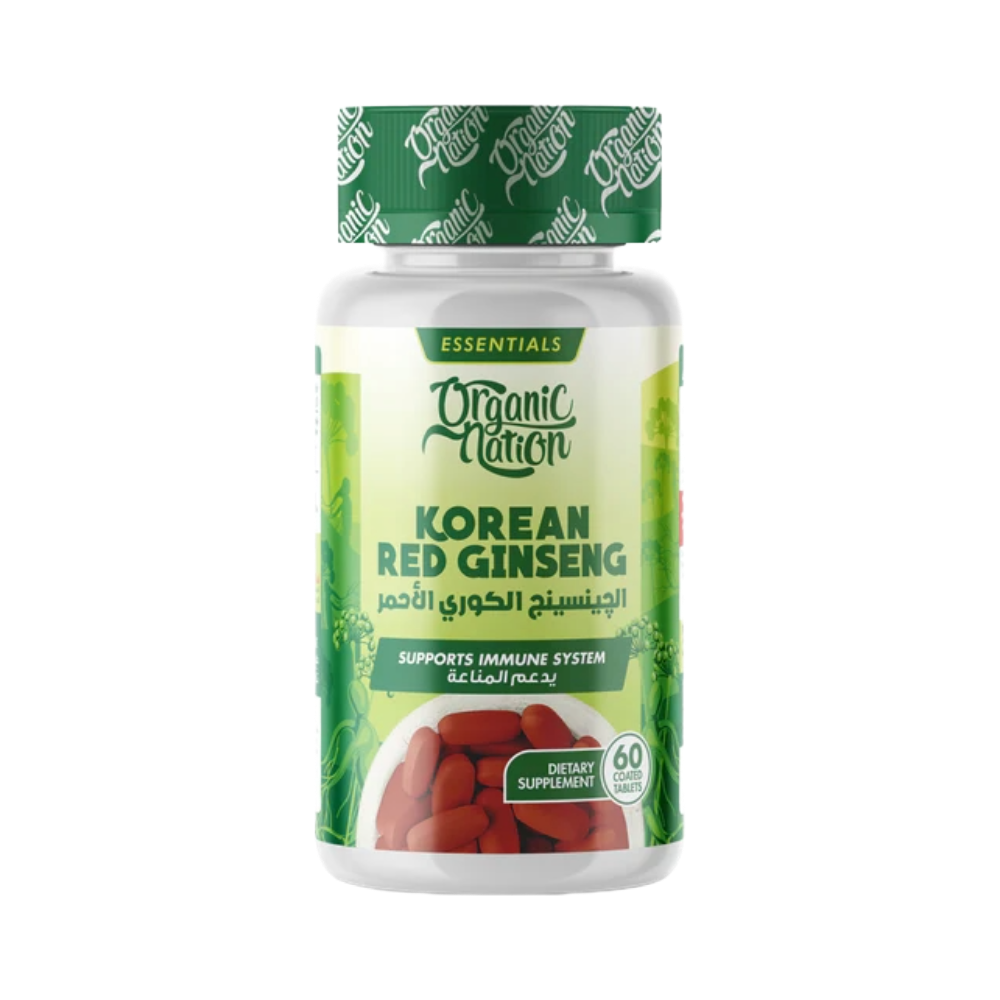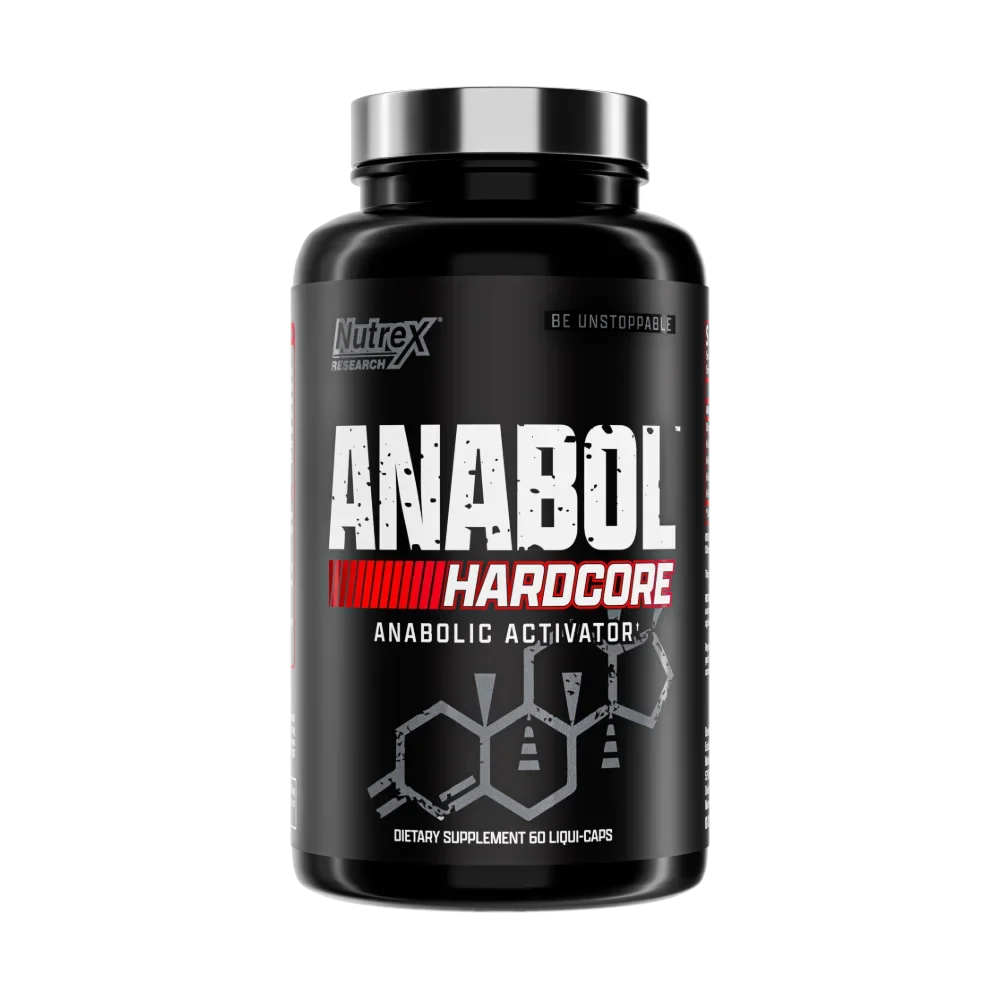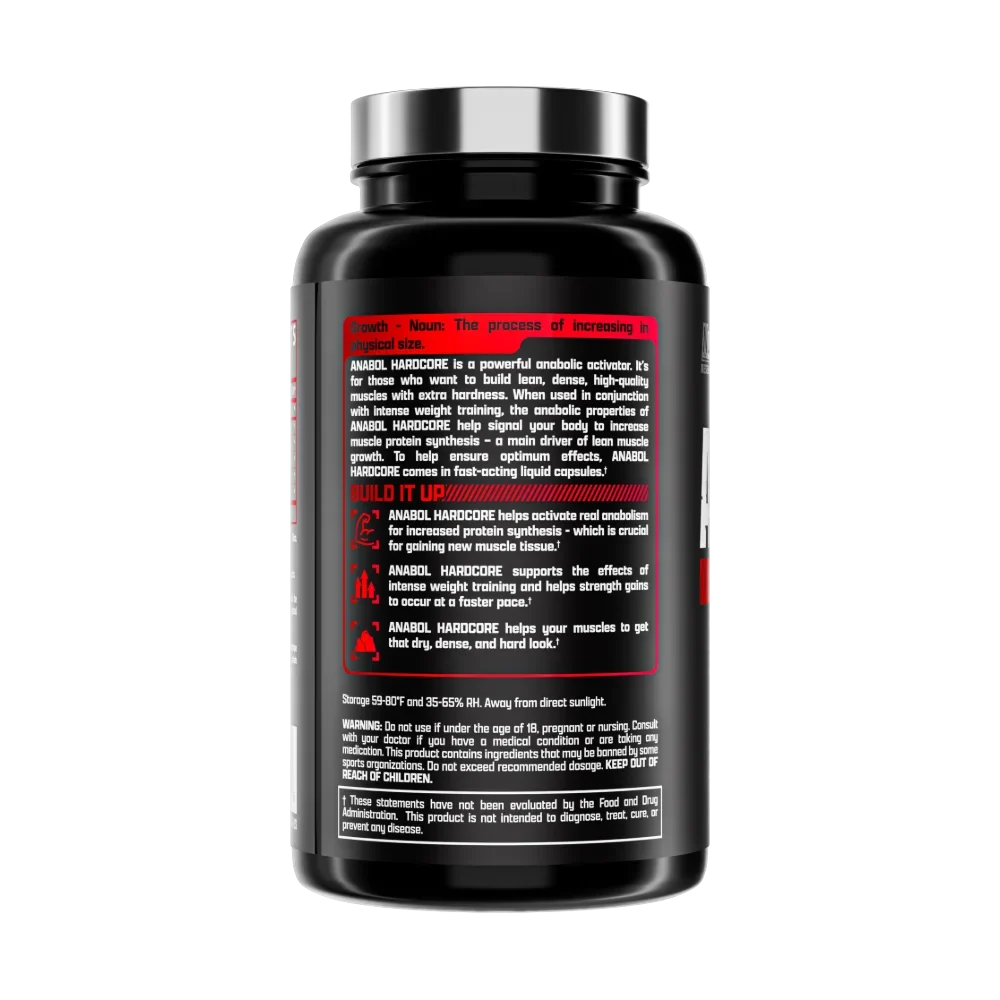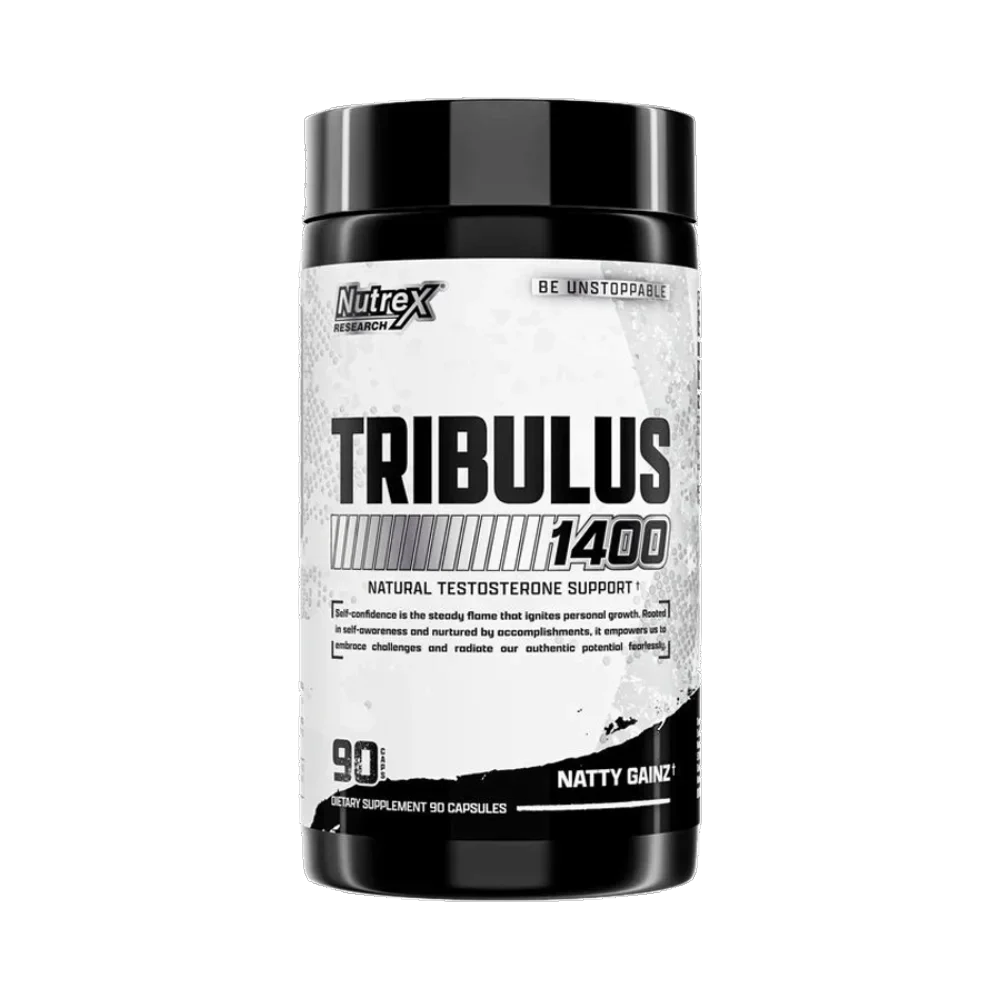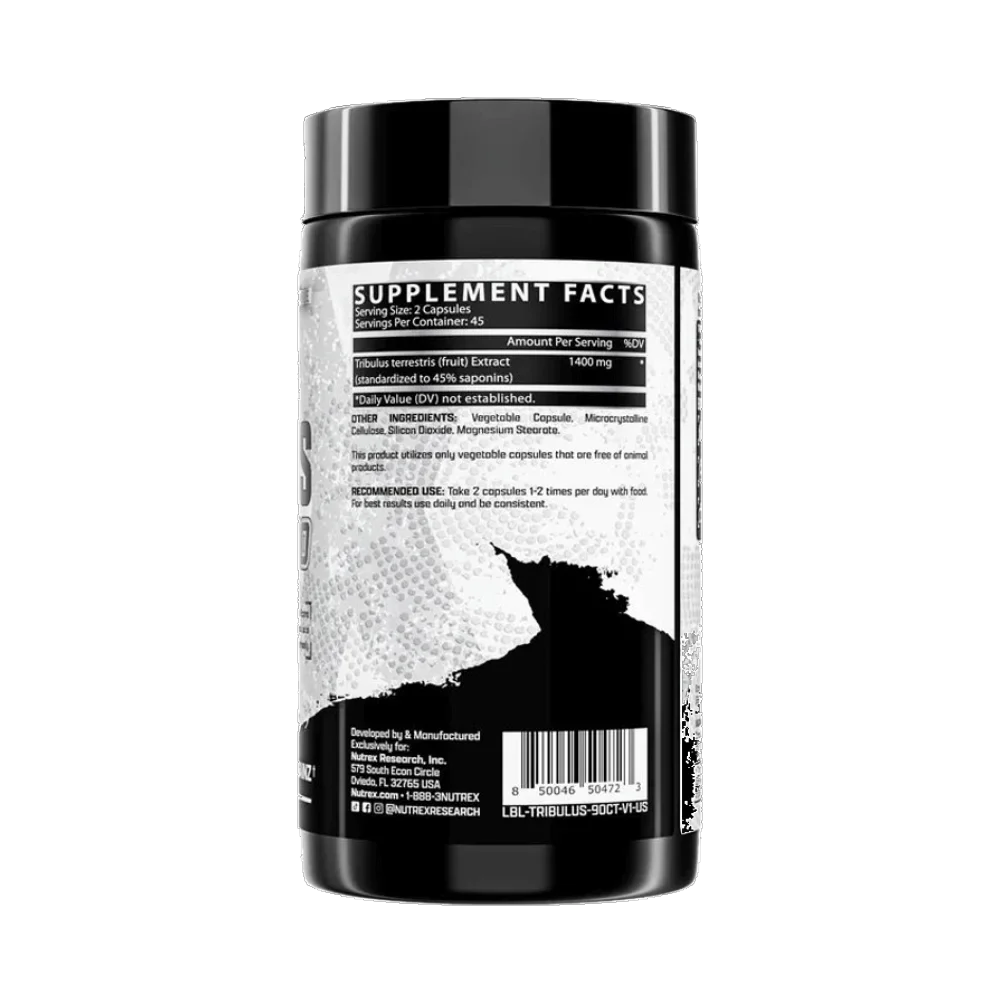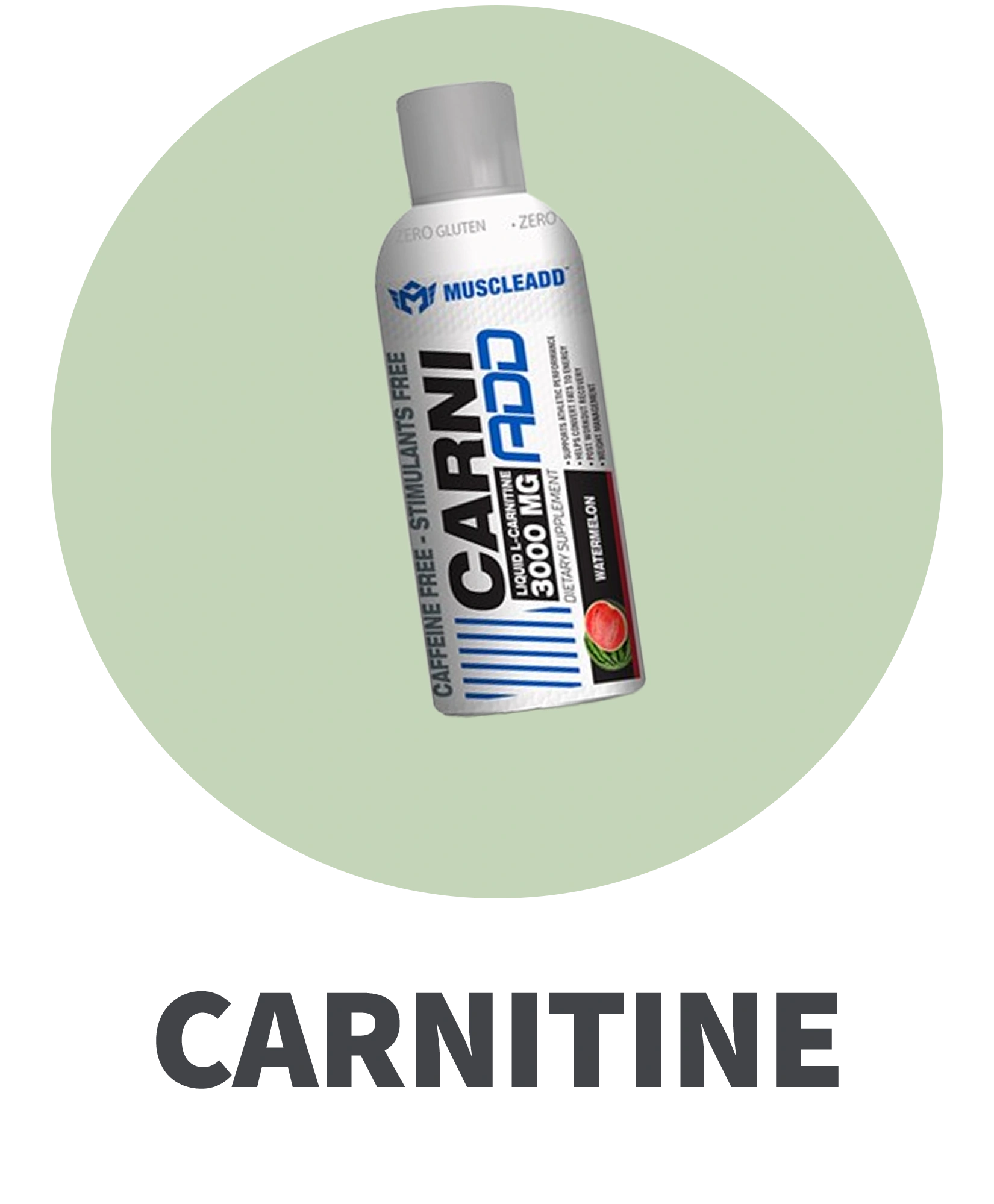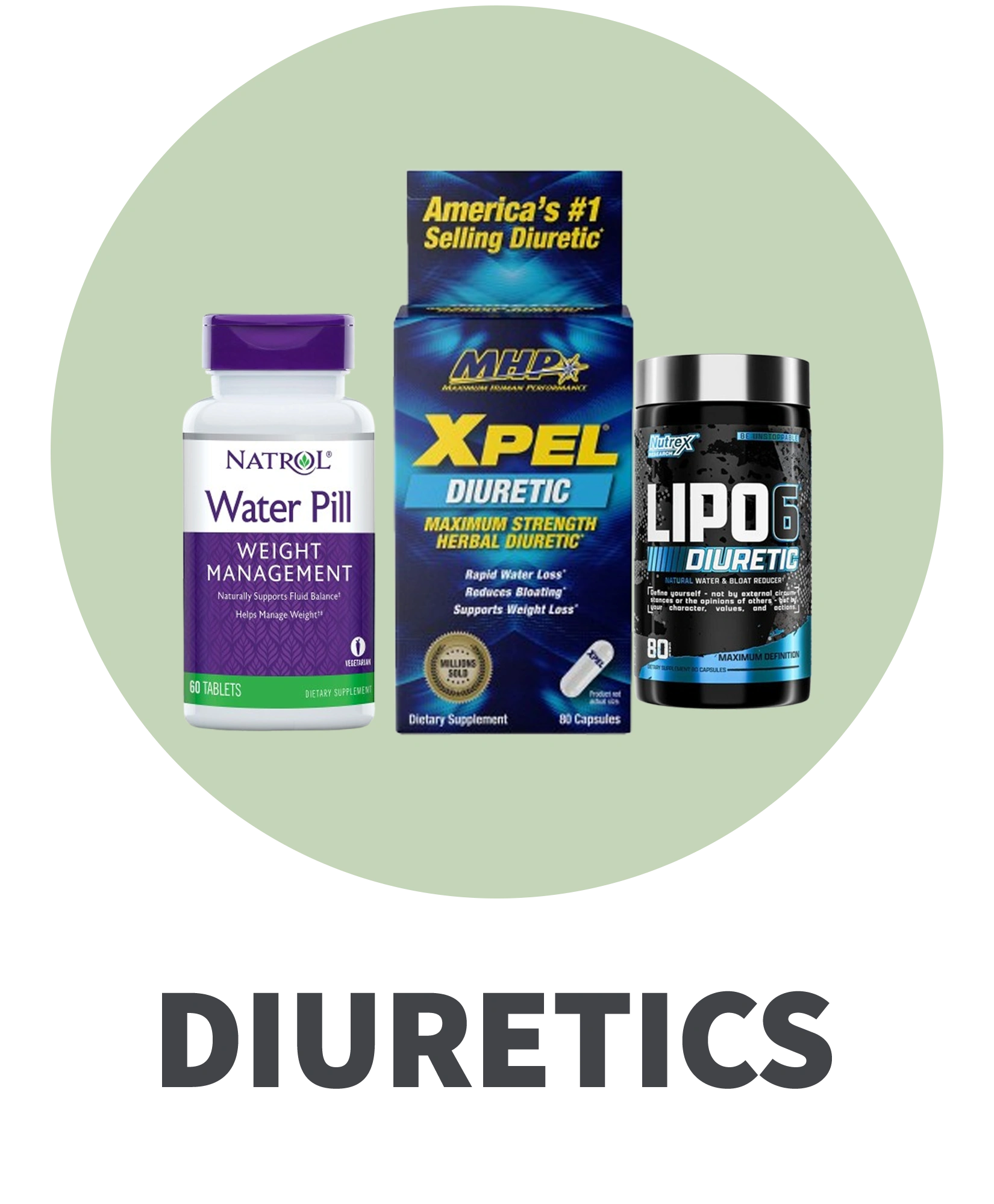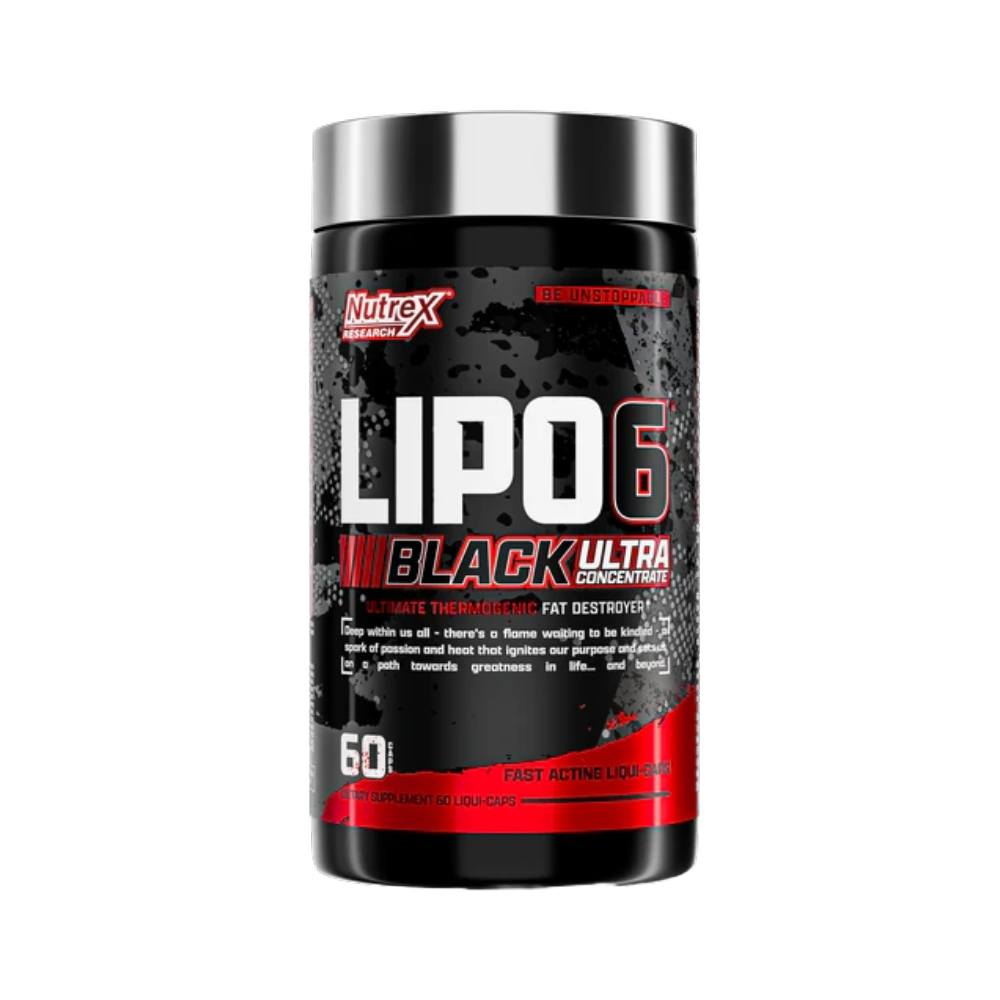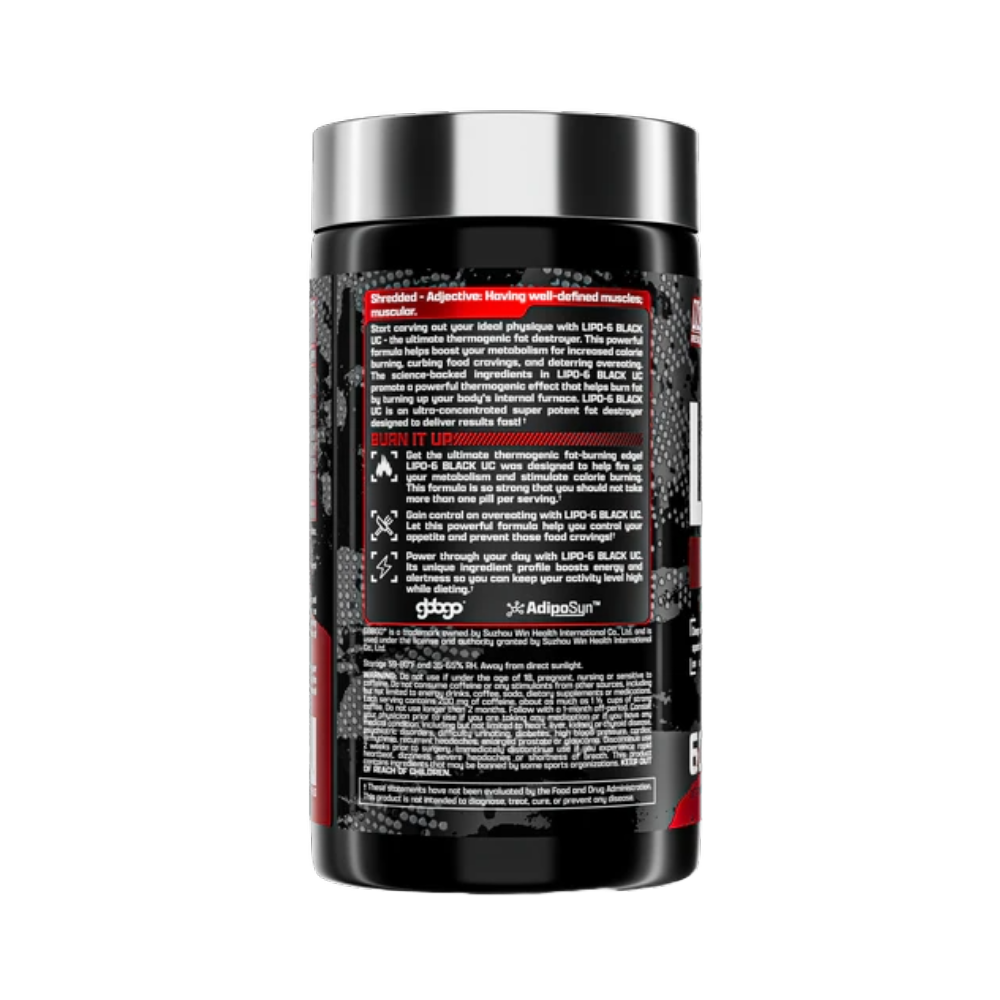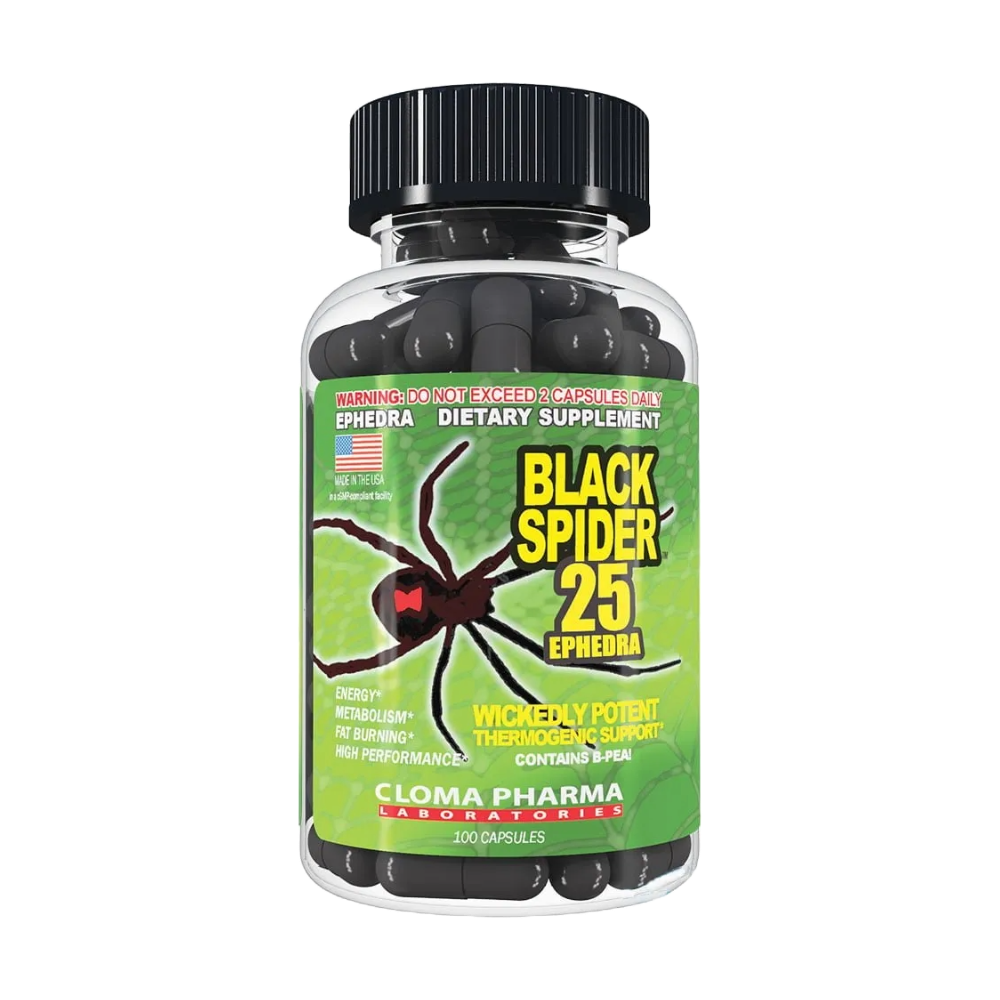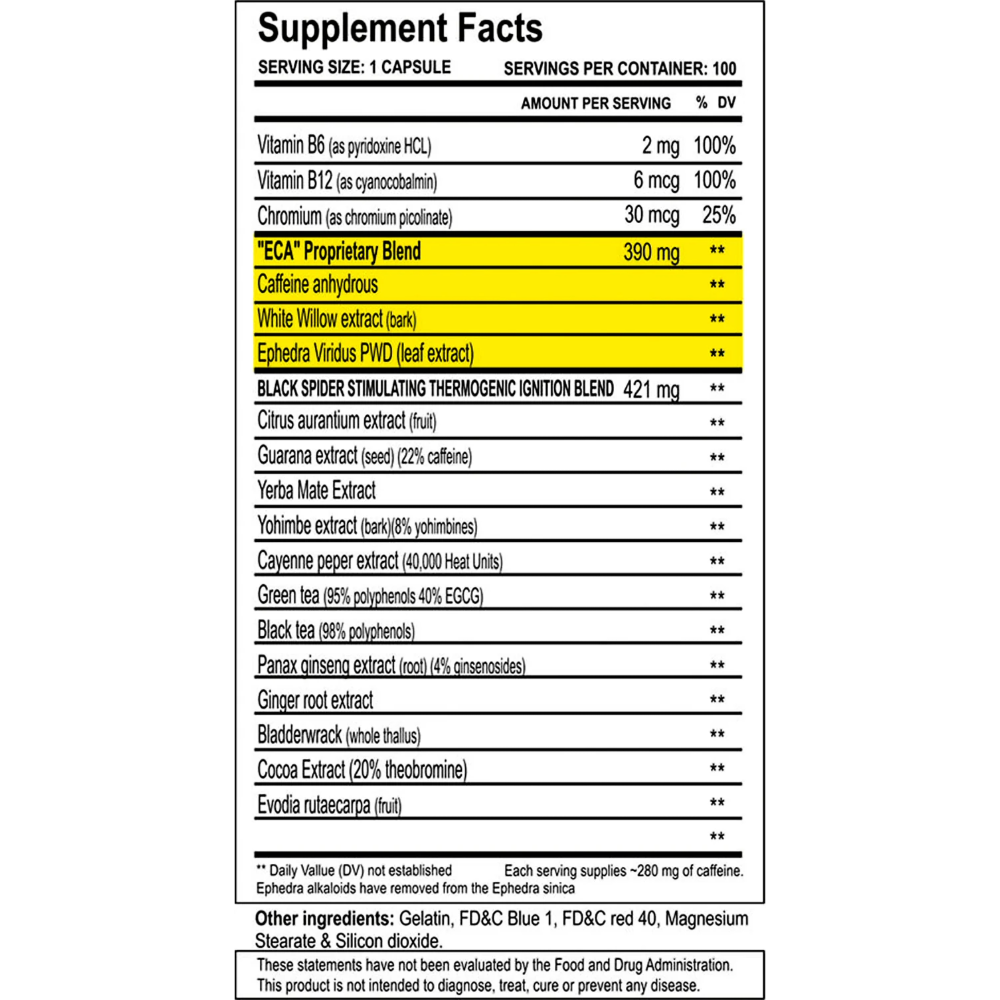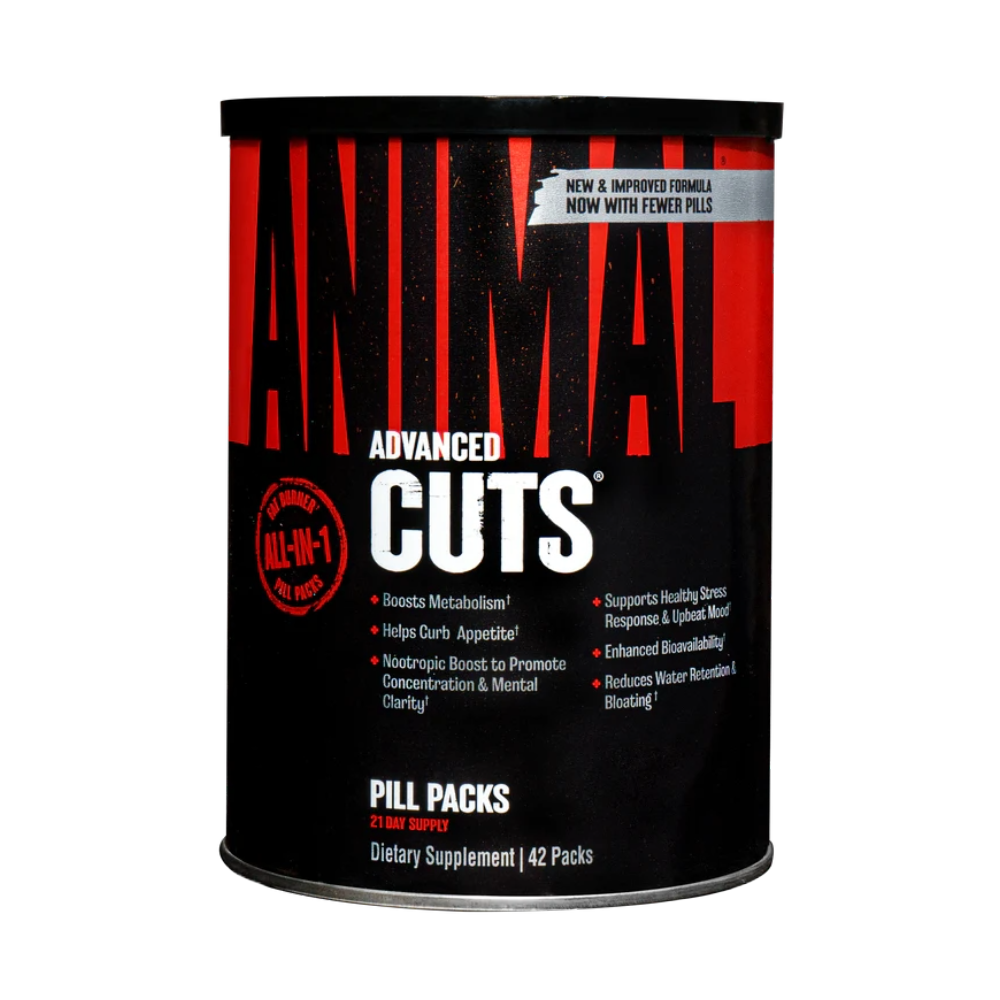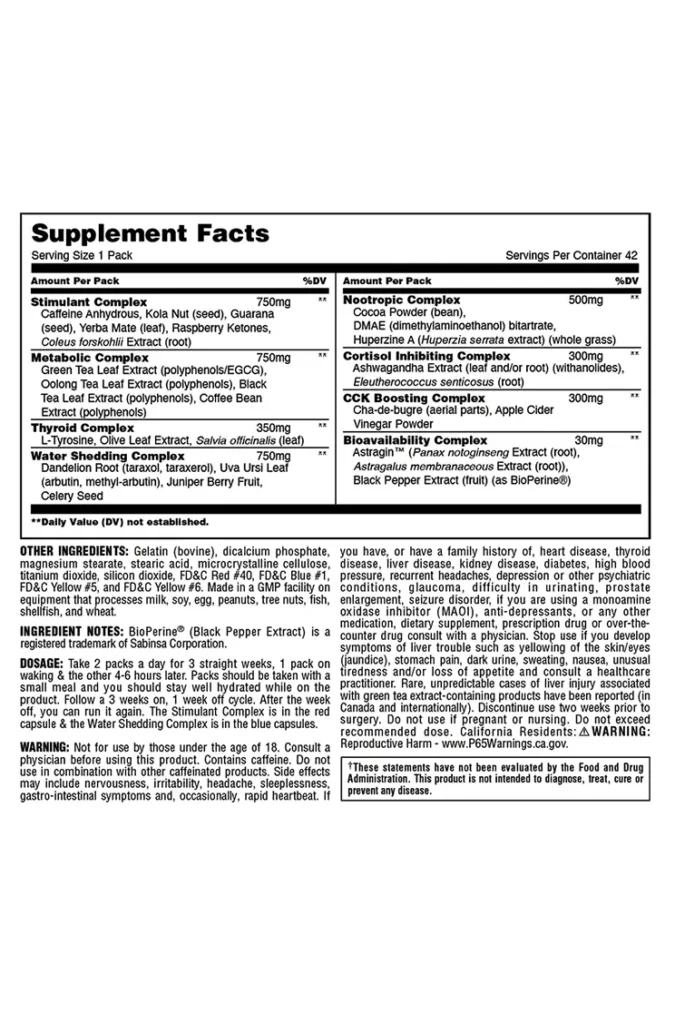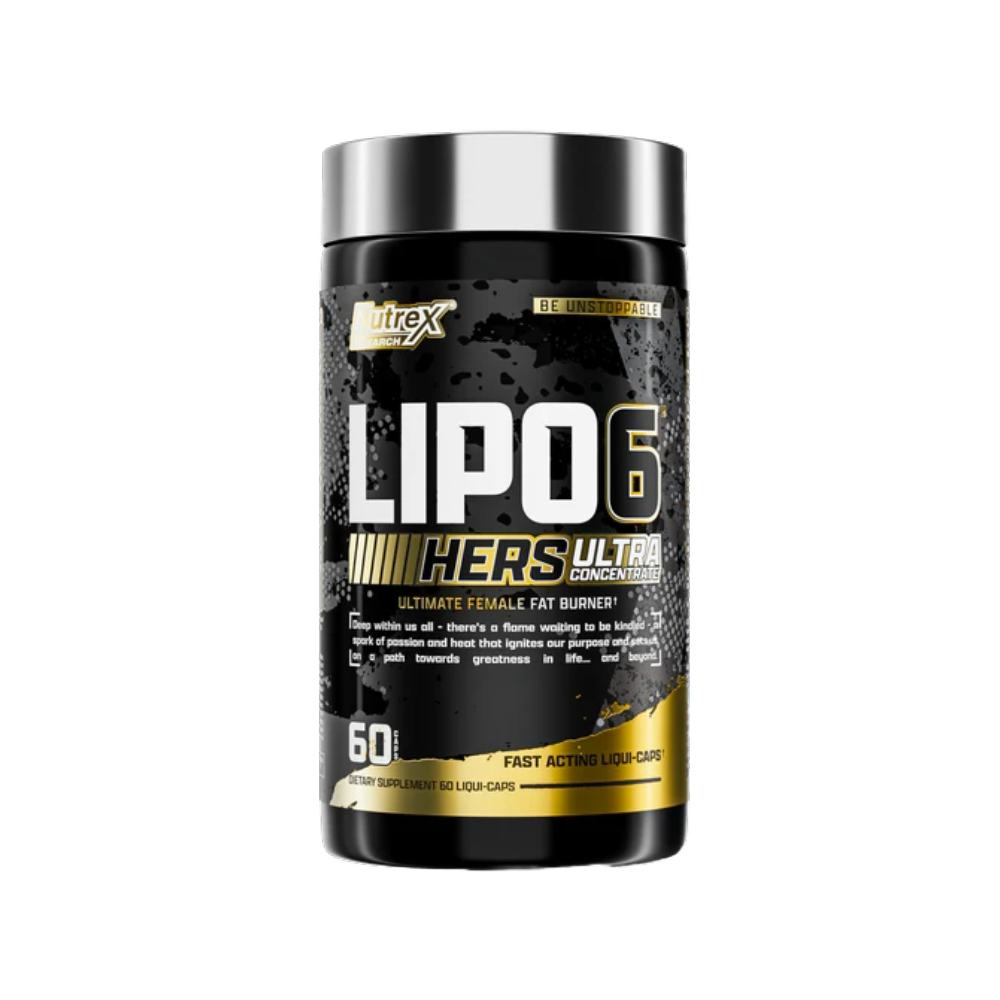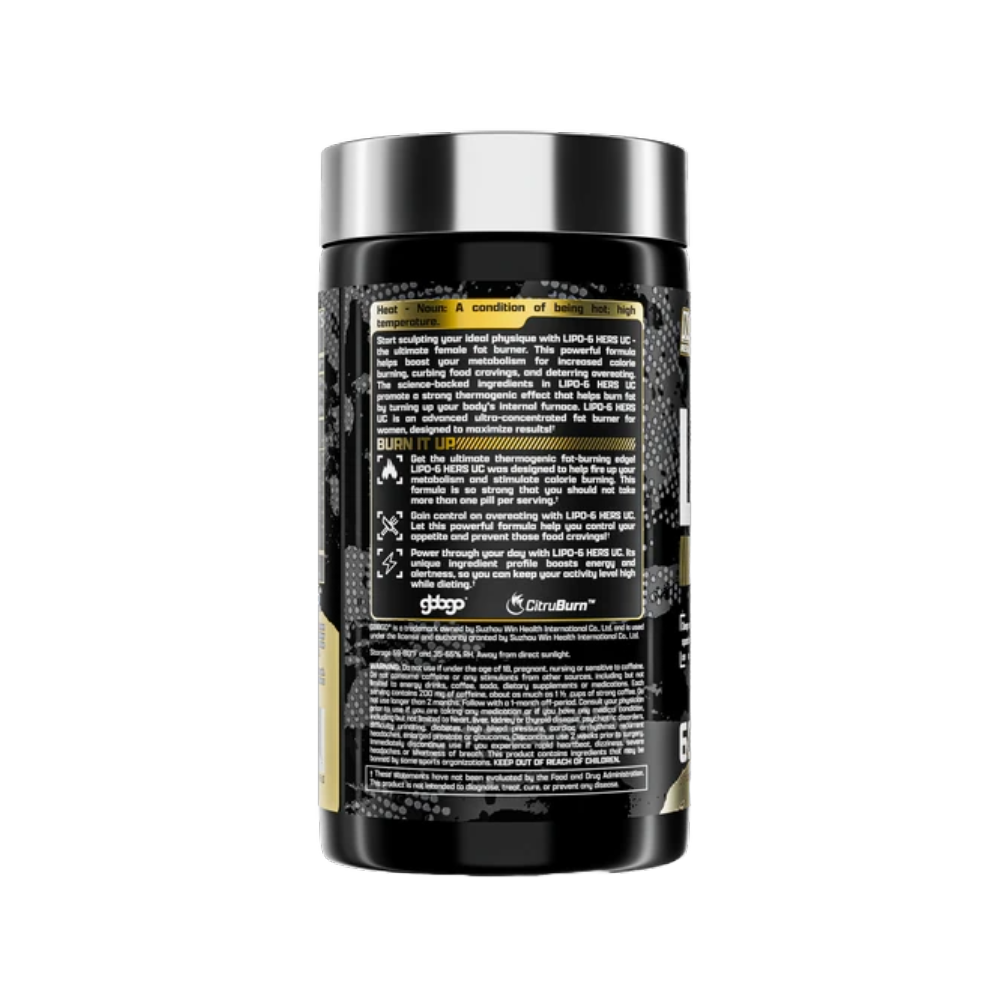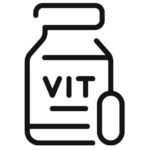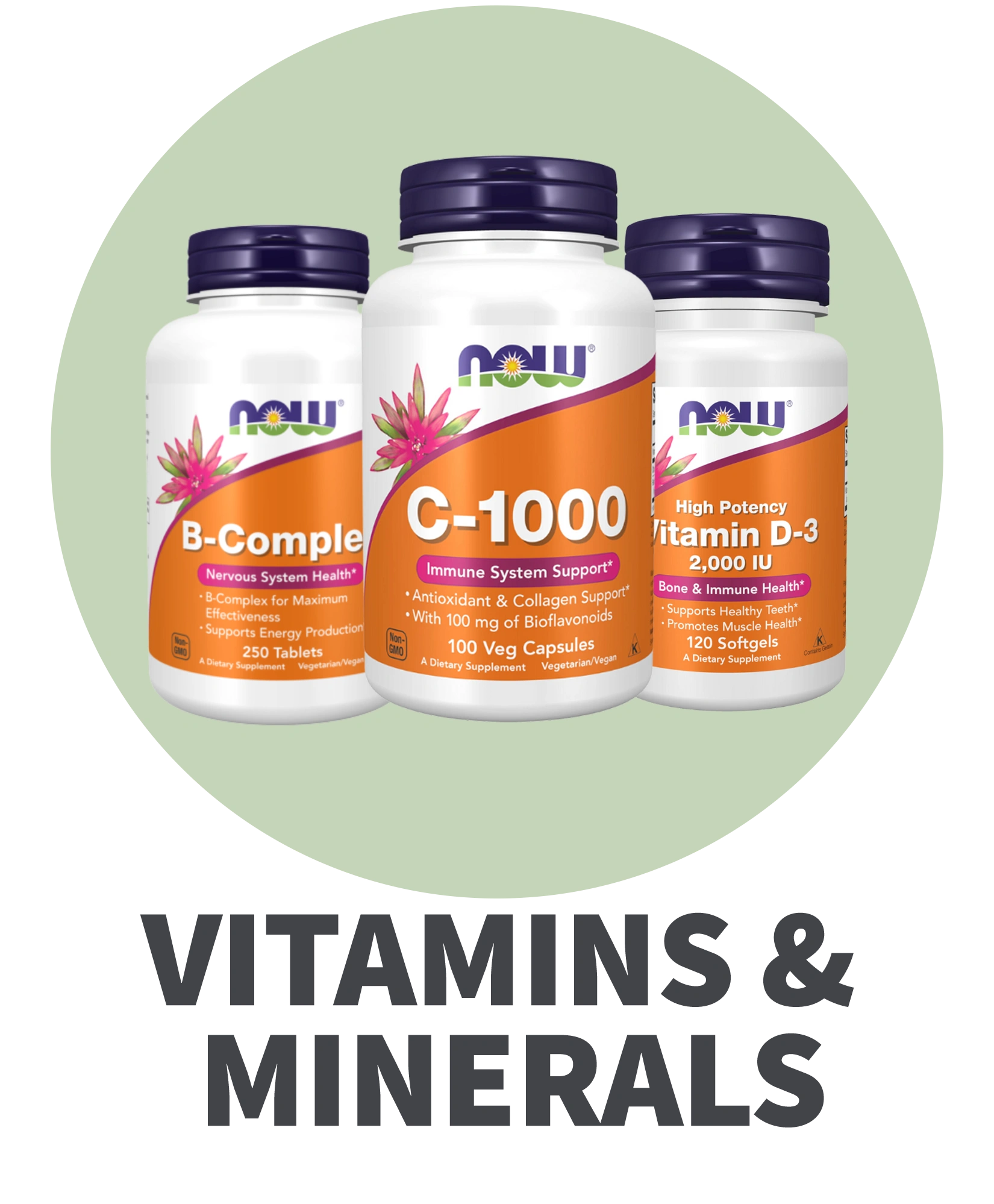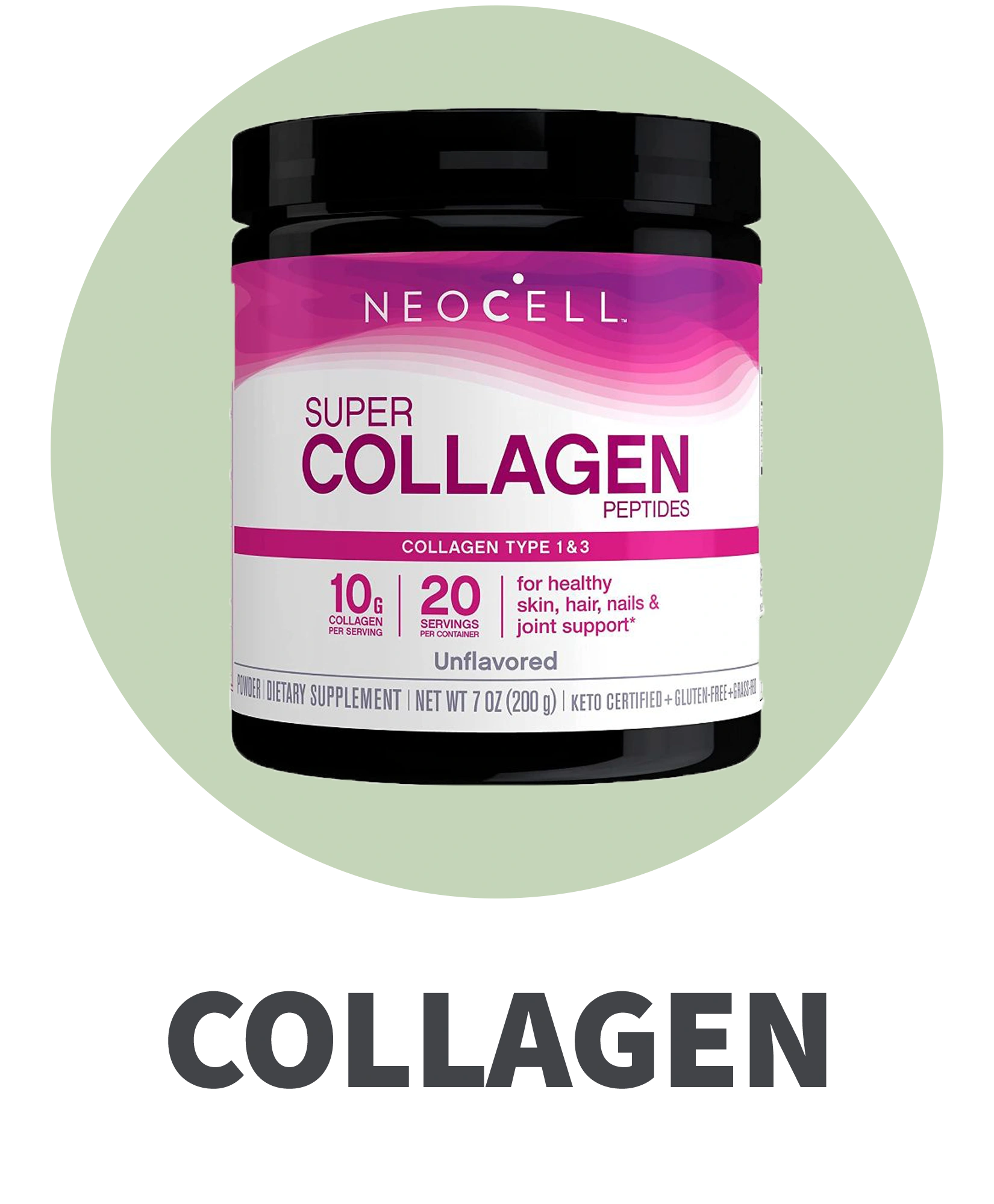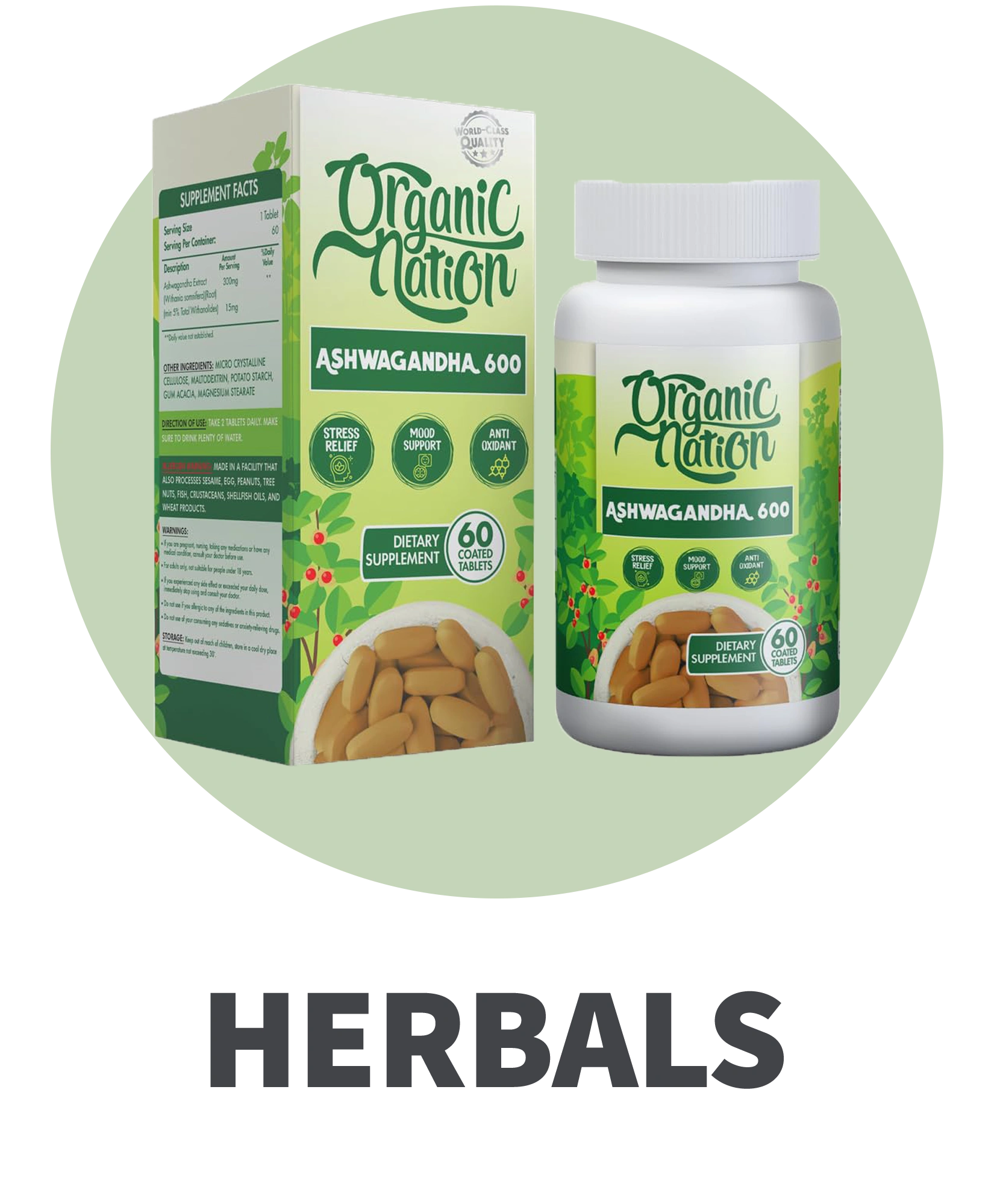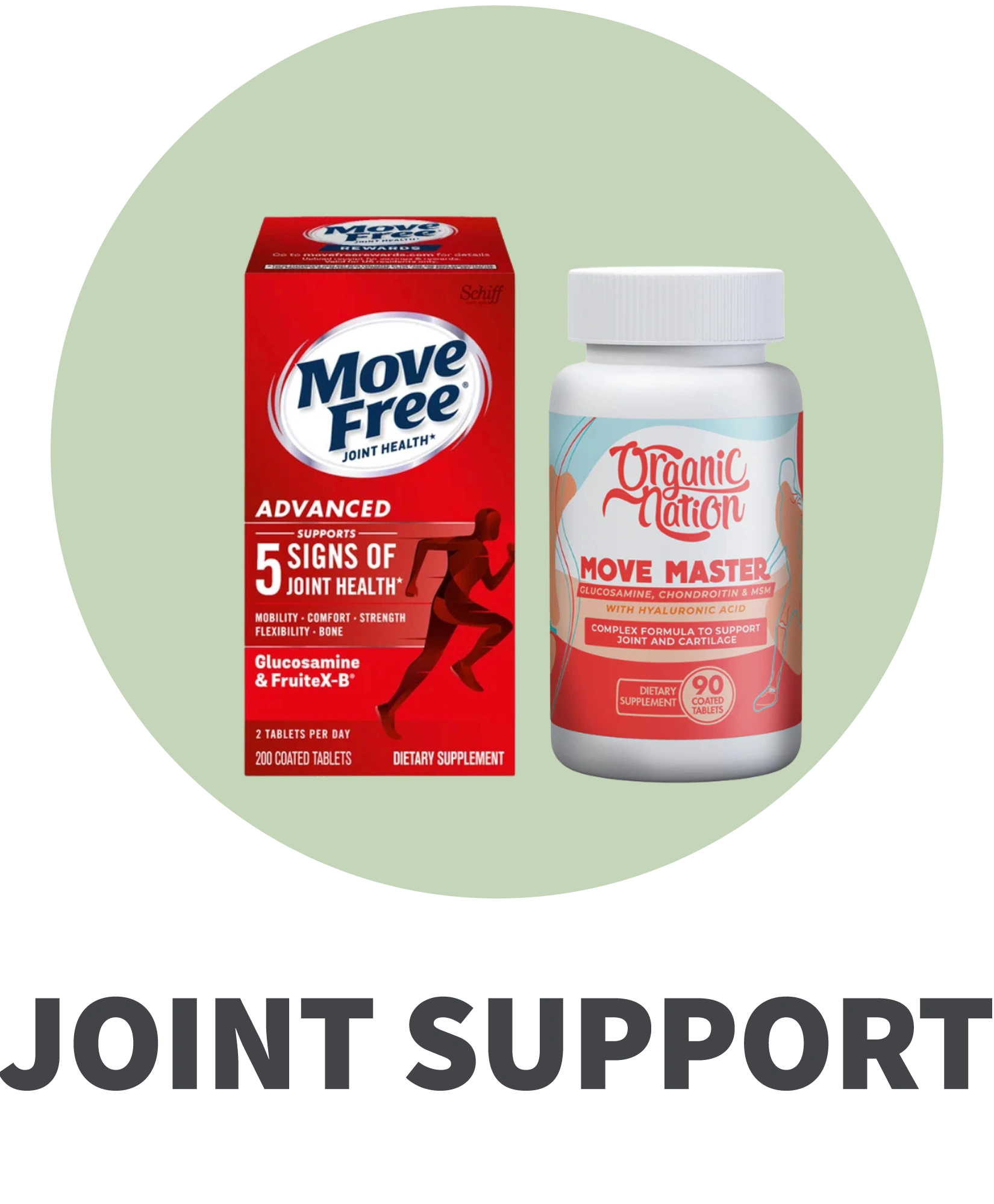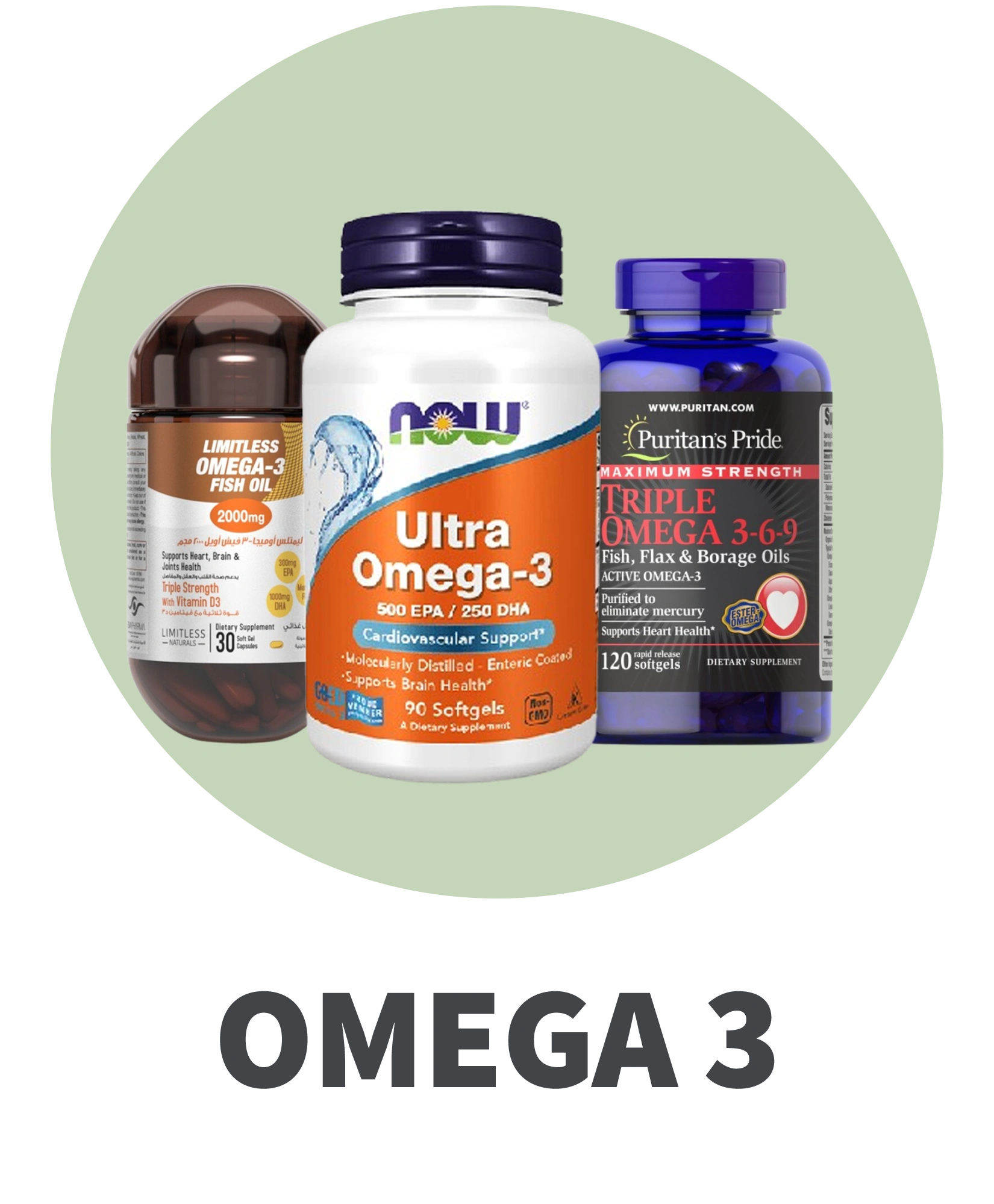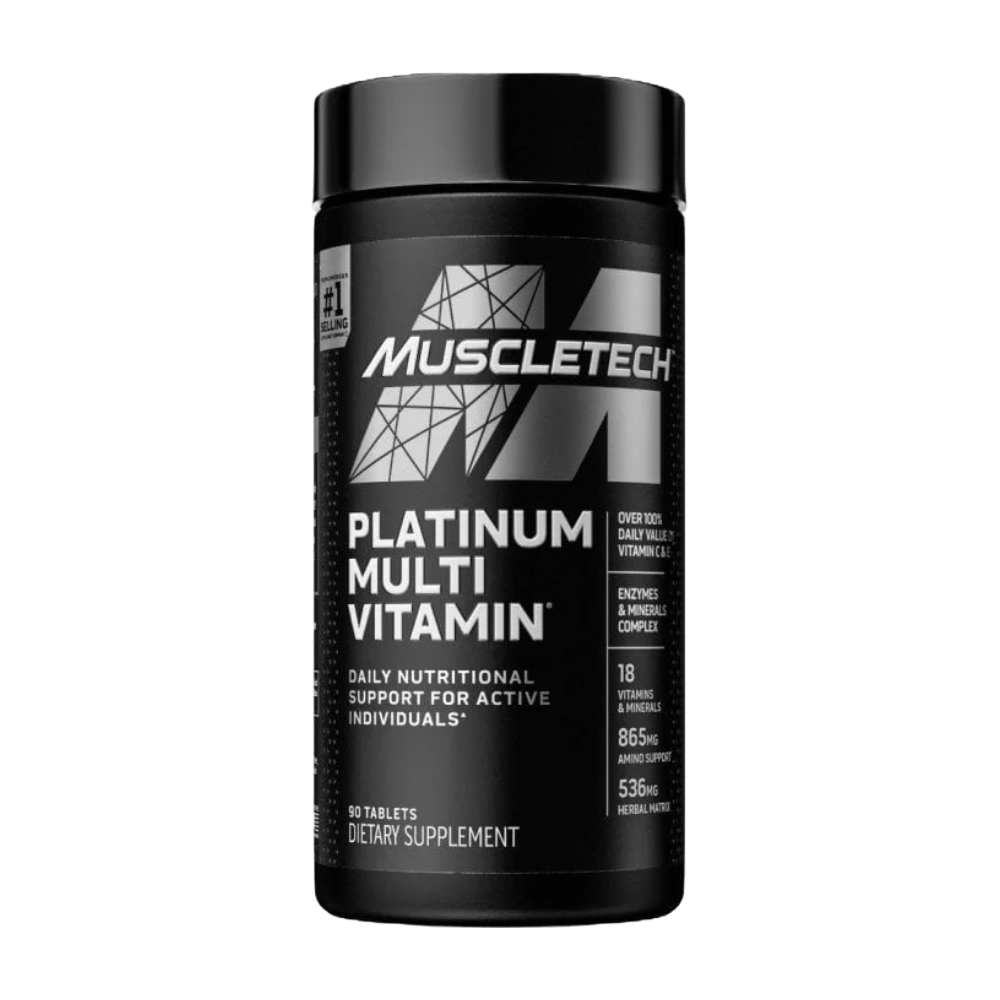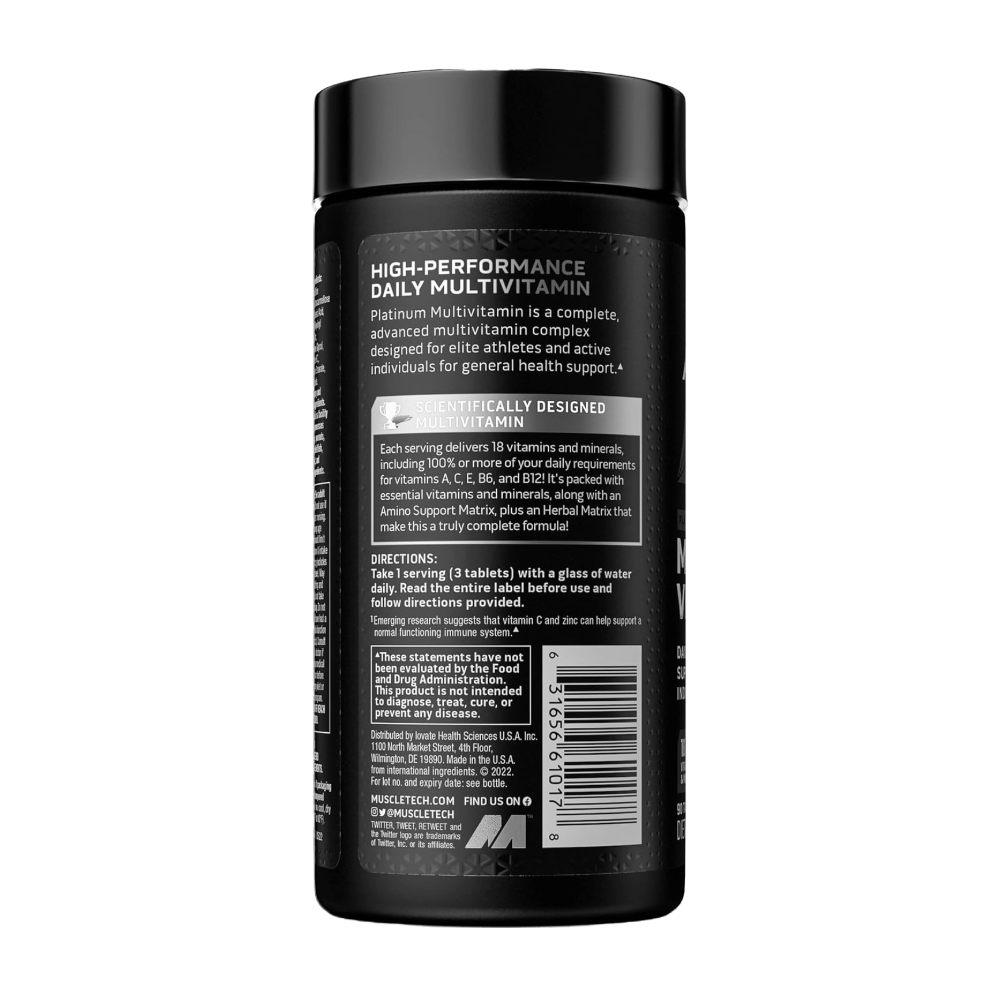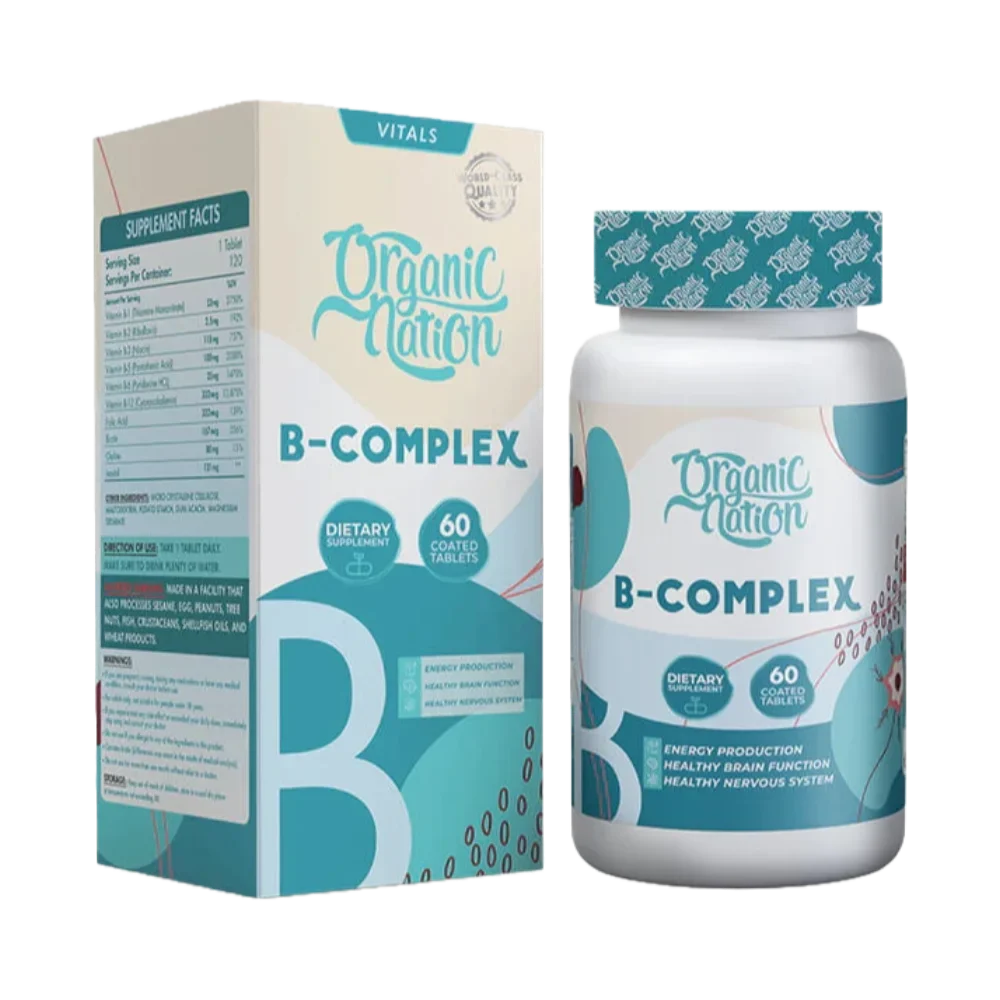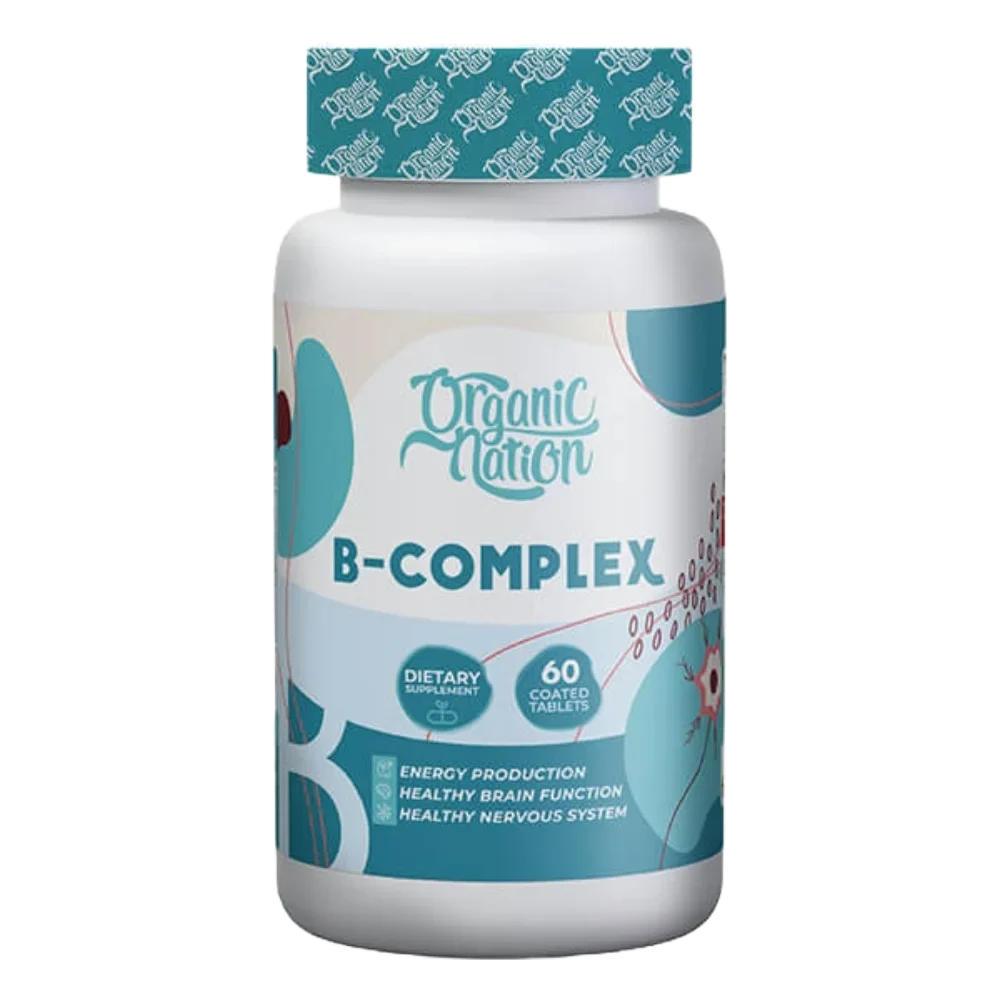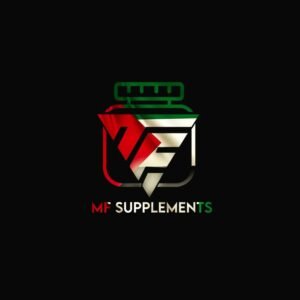The Ultimate Guide to Supplements for Athletes and Bodybuilders

Why Supplements are Essential for Athletes and Bodybuilders
Athletes and bodybuilders often engage in rigorous training regimens that place significant stress on their bodies. These intense physical activities increase the physiological demands for essential nutrients, making it challenging to meet these needs solely through diet. Supplements play a crucial role in bridging this nutritional gap, ensuring that the body has the necessary building blocks for optimal performance and recovery.
One of the primary benefits of supplements for athletes and bodybuilders is their ability to accelerate muscle recovery. Post-exercise, muscles undergo micro-tears that require adequate protein and amino acids to repair and grow stronger. Protein supplements, such as whey or casein, provide a convenient and efficient source of high-quality protein, facilitating quicker recovery and muscle synthesis. Additionally, branched-chain amino acids (BCAAs) are widely used to reduce muscle soreness and fatigue, enabling athletes to train more consistently and effectively.
Endurance is another critical factor for athletic performance. Supplements like creatine, beta-alanine, and caffeine have been shown to enhance stamina and reduce the onset of fatigue. Creatine, for instance, increases the availability of adenosine triphosphate (ATP), the primary energy currency of muscle cells, allowing for improved performance during high-intensity, short-duration activities. Beta-alanine helps buffer acid in muscles, delaying fatigue during prolonged exercise. Caffeine, a well-known ergogenic aid, boosts alertness and concentration, providing that extra edge during competition or training.
Supplements also aid in achieving specific fitness goals such as muscle gain, fat loss, and improved athletic performance. For muscle gain, products like mass gainers combine proteins, carbohydrates, and fats to provide the caloric surplus needed for muscle hypertrophy. Fat burners, typically containing ingredients like green tea extract, caffeine, and L-carnitine, assist in accelerating metabolism and promoting fat loss. Performance-enhancing supplements, such as nitric oxide boosters, improve blood flow and nutrient delivery to muscles, enhancing workout efficiency and results.
Real-life testimonials from athletes and bodybuilders further underscore the efficacy of supplements. For instance, professional bodybuilder John Doe attributes his rapid muscle gains to the consistent use of protein and creatine supplements, while marathon runner Jane Smith credits her improved endurance and reduced recovery times to BCAAs and beta-alanine. These personal accounts highlight the tangible benefits of supplements in enhancing training outcomes and achieving fitness goals.
Choosing the Right Supplements: A Comprehensive Guide
When it comes to selecting the right supplements for athletes and bodybuilders, understanding your individual needs and fitness goals is paramount. The most popular types of supplements include protein powders, amino acids, creatine, pre-workouts, and recovery formulas. Each of these supplements plays a distinctive role in enhancing athletic performance and supporting muscle building.
Protein powders are fundamental for muscle repair and growth. Whey, casein, and plant-based proteins are common variants, each offering unique absorption rates and nutritional profiles. Amino acids, particularly branched-chain amino acids (BCAAs), are vital for muscle synthesis and recovery, helping to reduce exercise-induced fatigue and muscle soreness.
Creatine is another widely researched supplement known for increasing strength, power, and lean muscle mass. It works by replenishing ATP (adenosine triphosphate) levels, the primary energy carrier in cells, which is crucial during high-intensity workouts. Pre-workout supplements often contain a blend of ingredients like caffeine, beta-alanine, and citrulline malate, aiming to boost energy, focus, and endurance.
Recovery formulas typically include a mix of carbohydrates, proteins, and sometimes glutamine or electrolytes to aid in post-exercise recovery, replenish glycogen stores, and reduce muscle inflammation.
When evaluating supplement quality, look for reputable brands that provide transparent labeling and third-party testing. Key ingredients should be listed clearly, and the absence of harmful additives or banned substances is crucial for safety. Understanding labels can be complex, so familiarize yourself with common terms and their meanings.
Consulting with healthcare professionals or nutritionists before starting any supplement regimen is highly recommended. They can provide personalized advice based on your health status and fitness objectives, ensuring safety and efficacy.
Integrating supplements into your daily routine involves optimal timing and appropriate dosages. For example, protein powders are often consumed post-workout, while creatine is typically taken pre- or post-exercise. Adhering to recommended dosages is critical to avoid adverse effects and maximize benefits.




